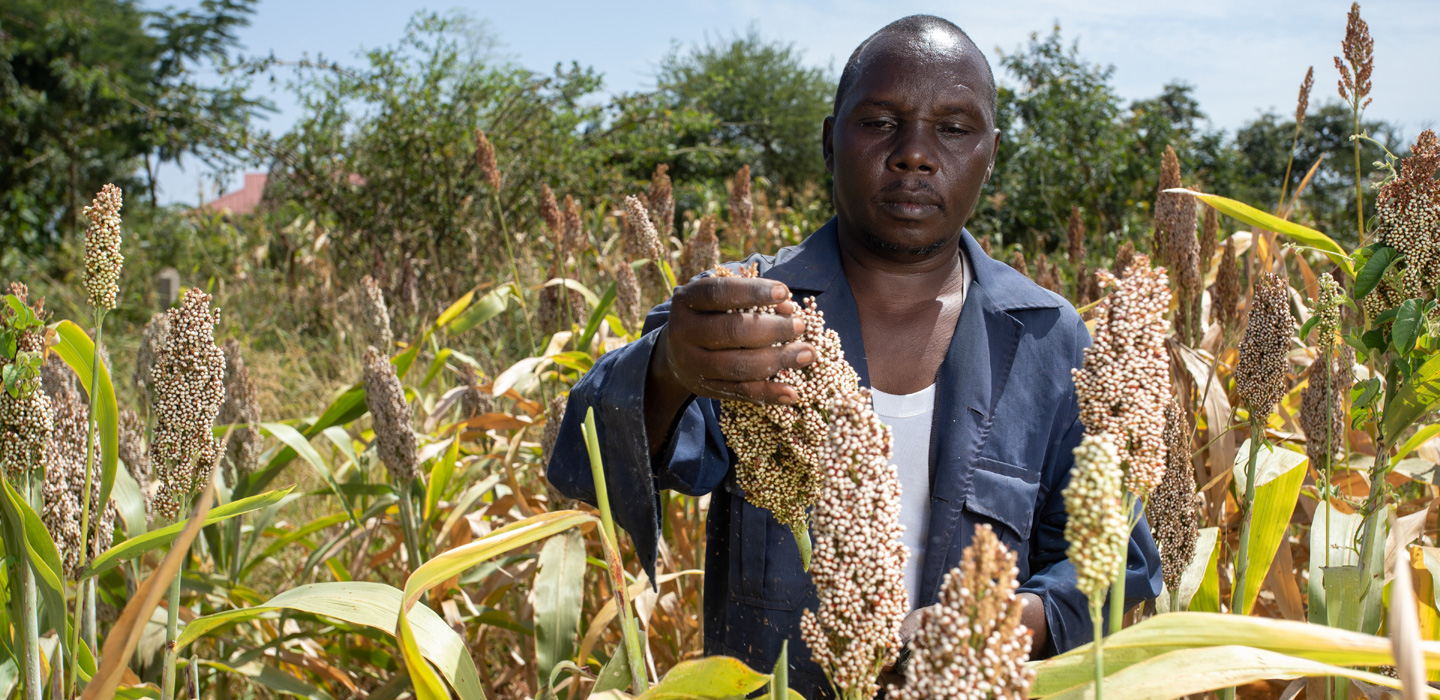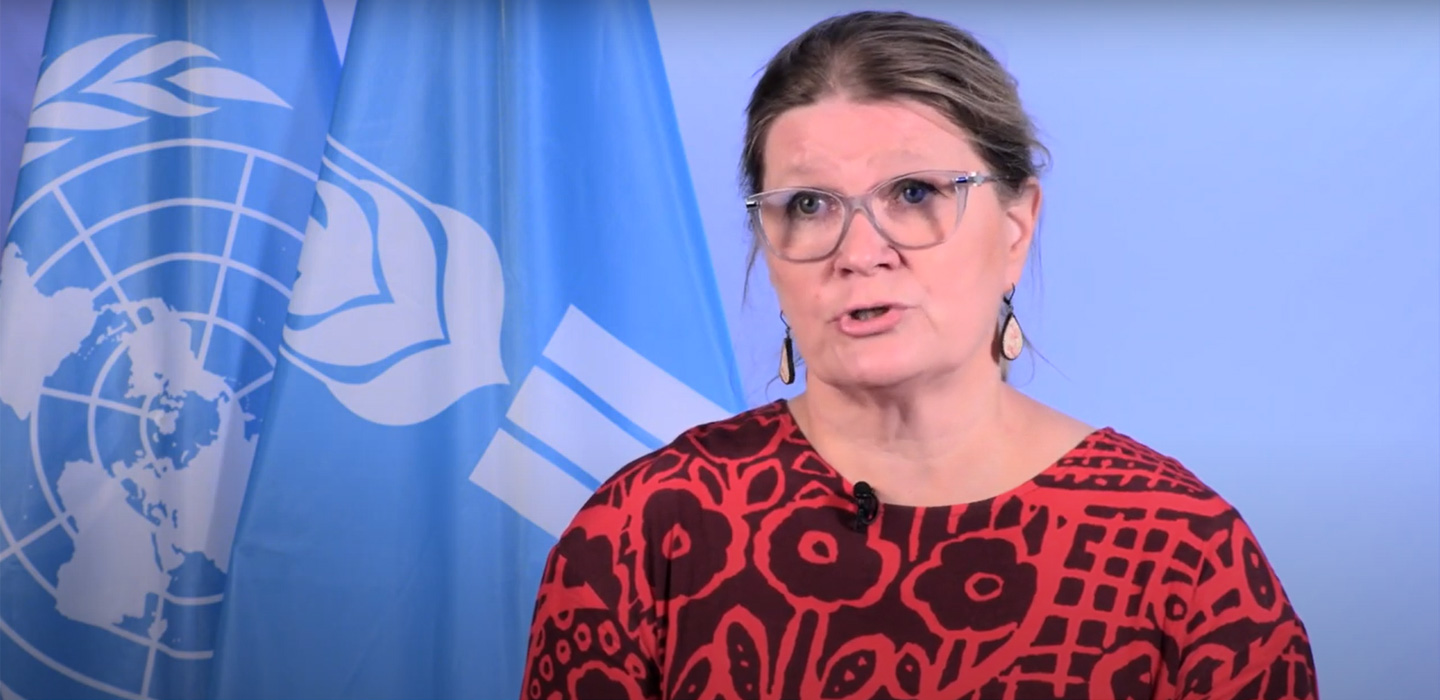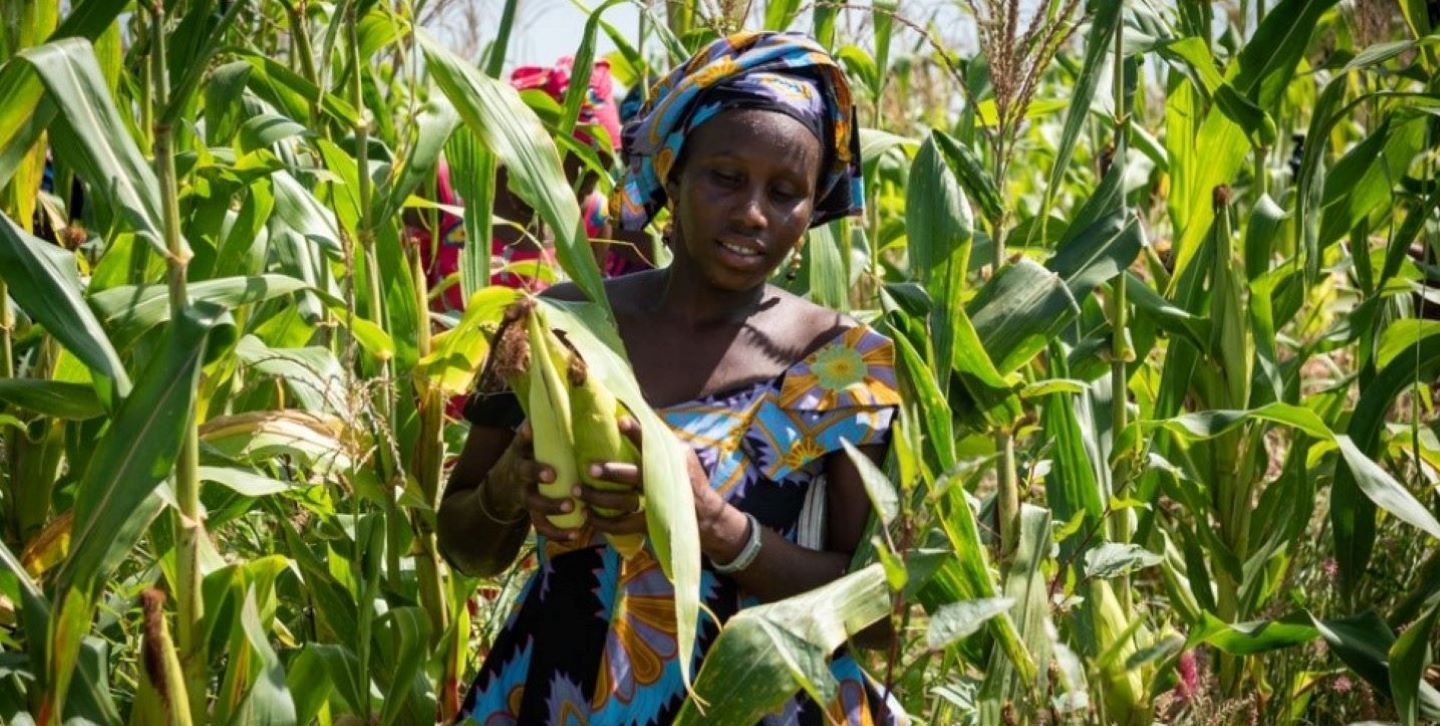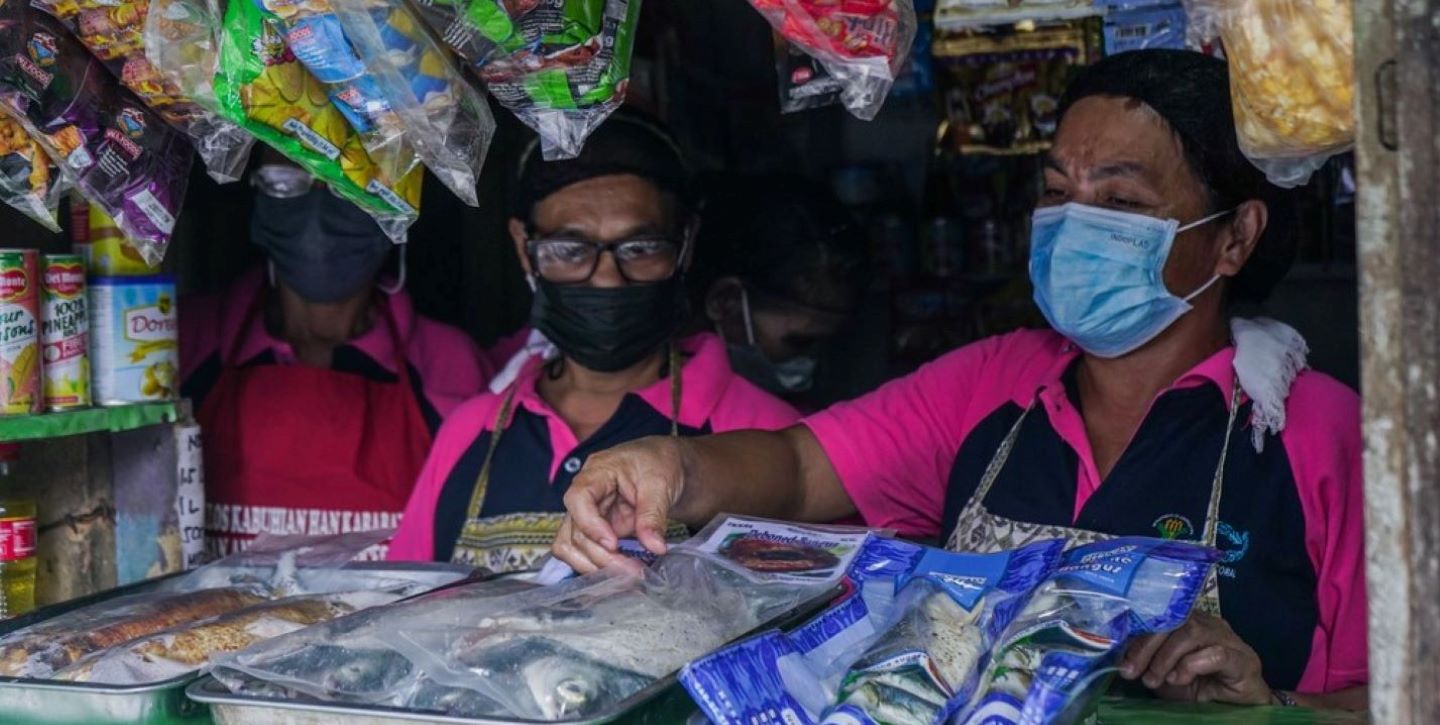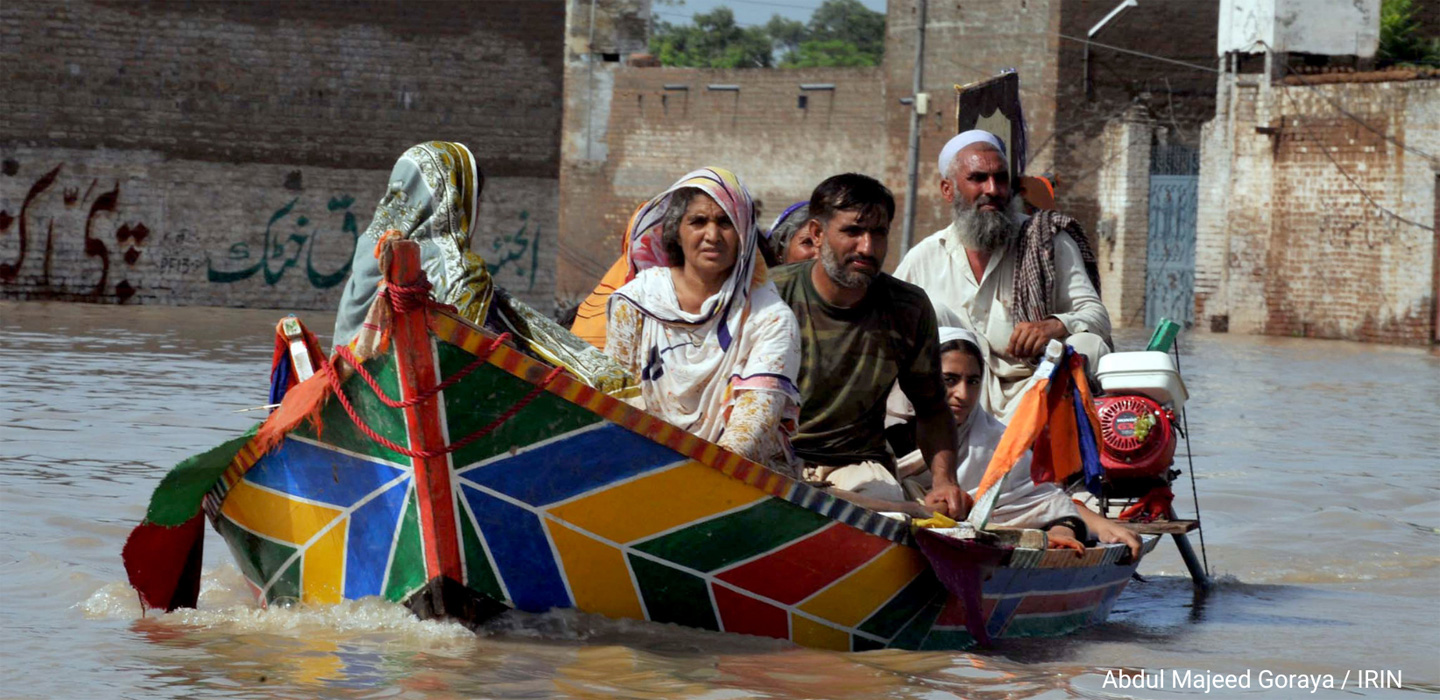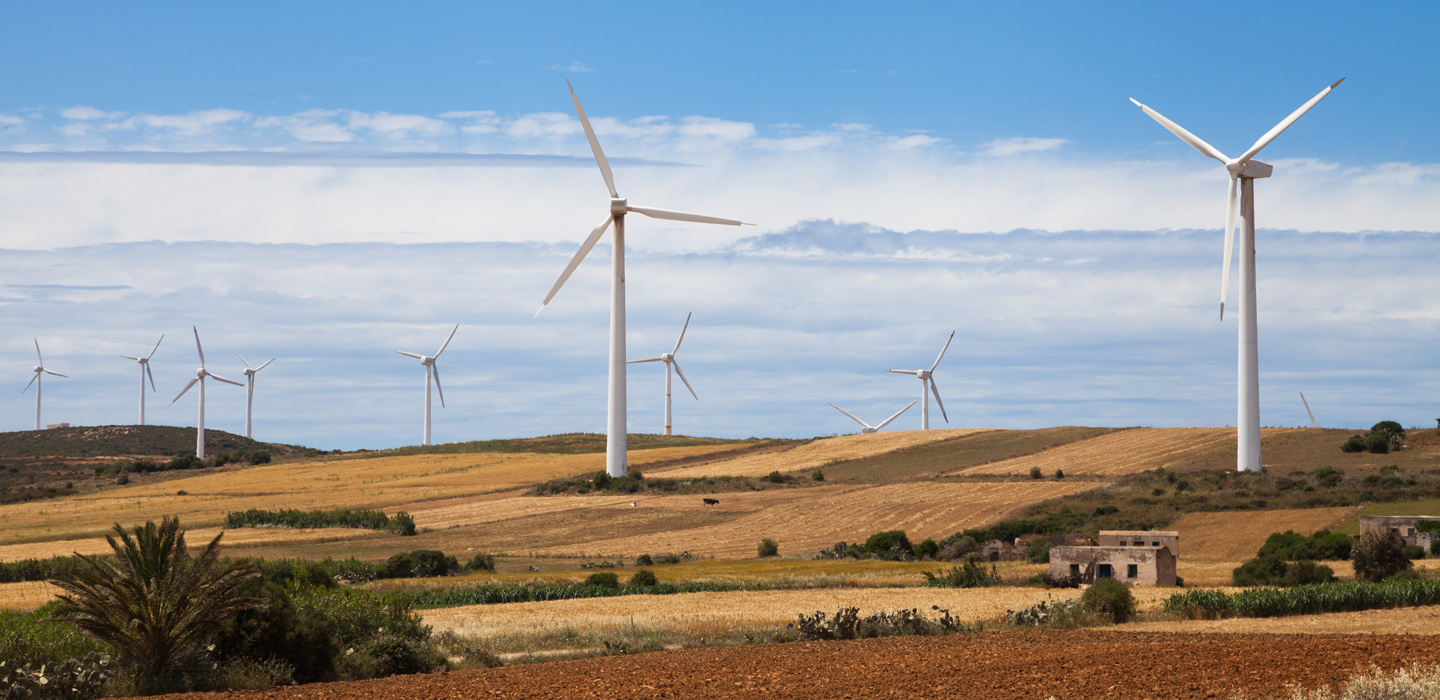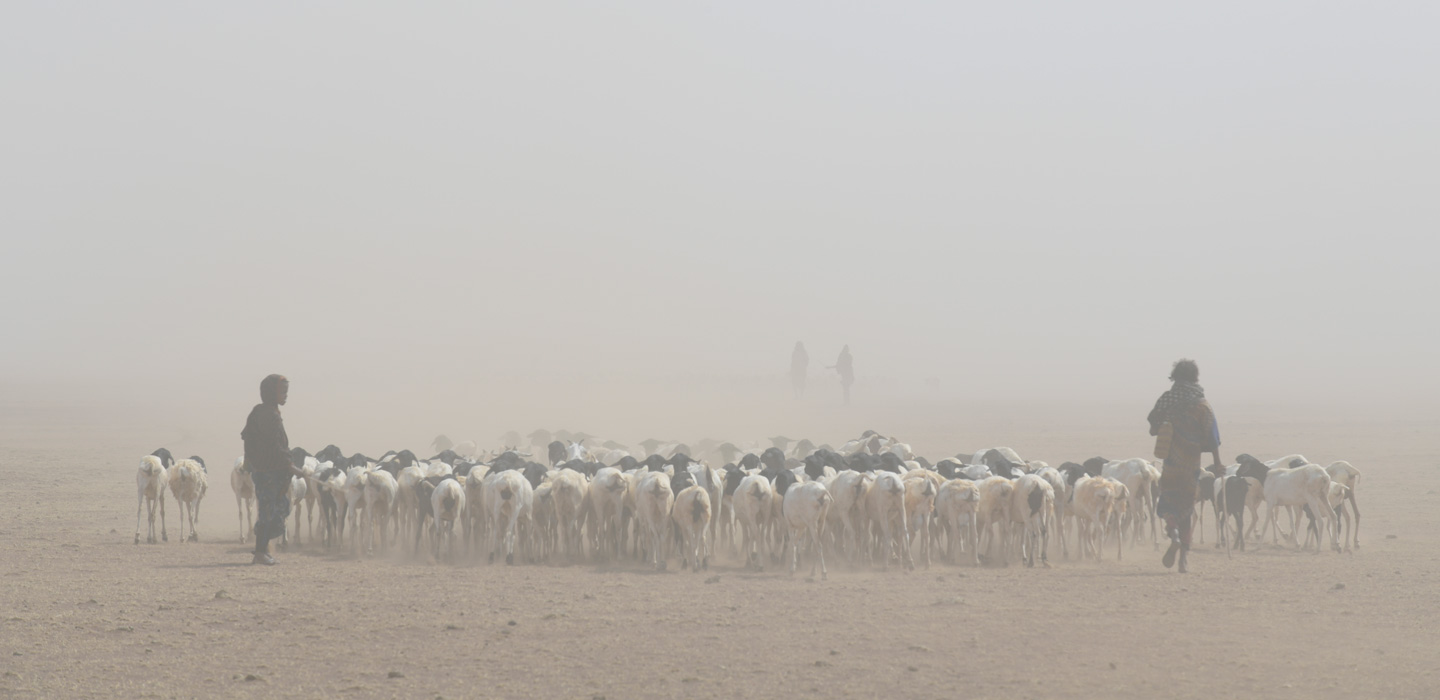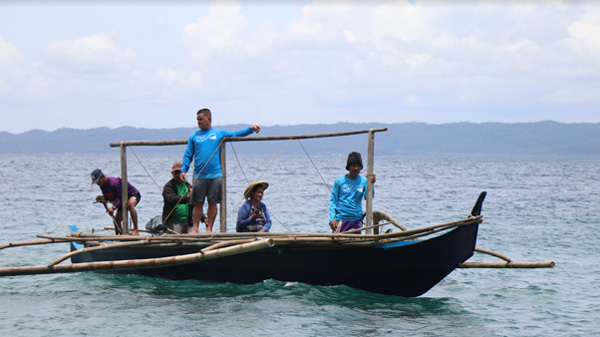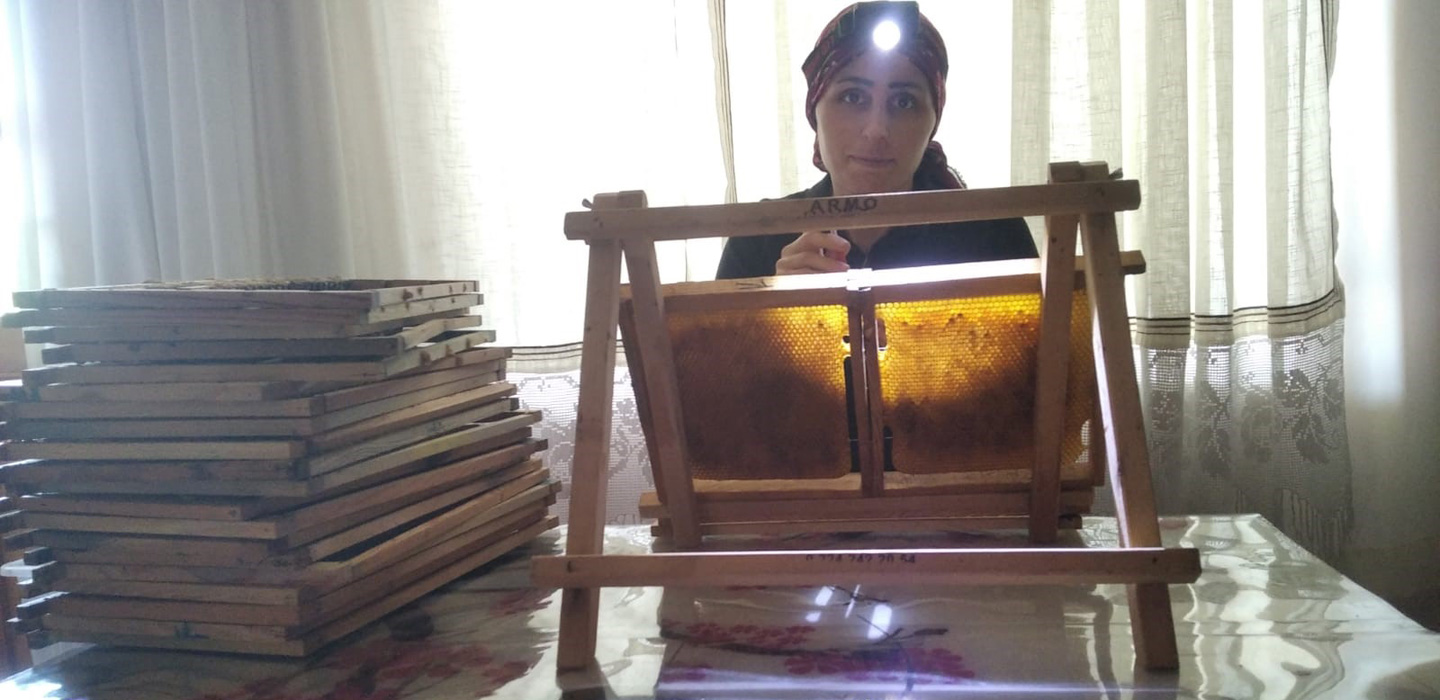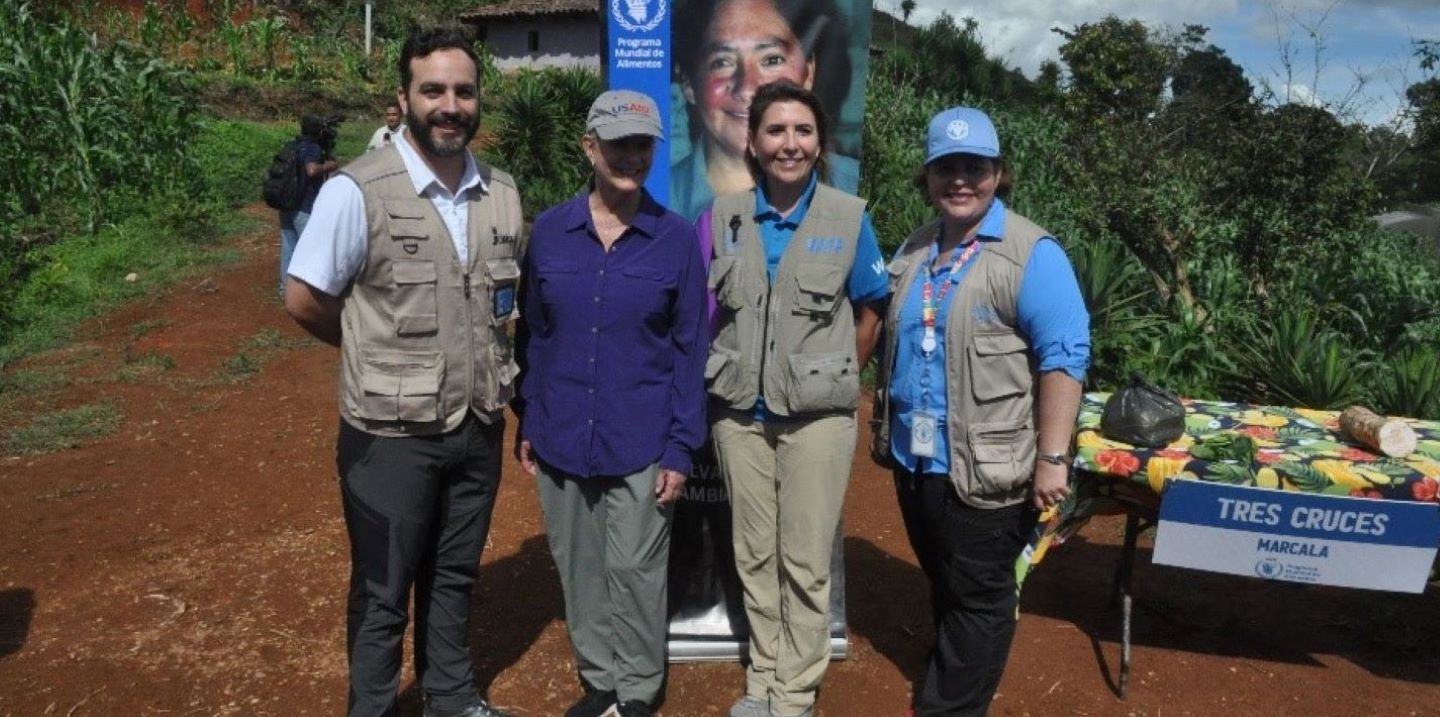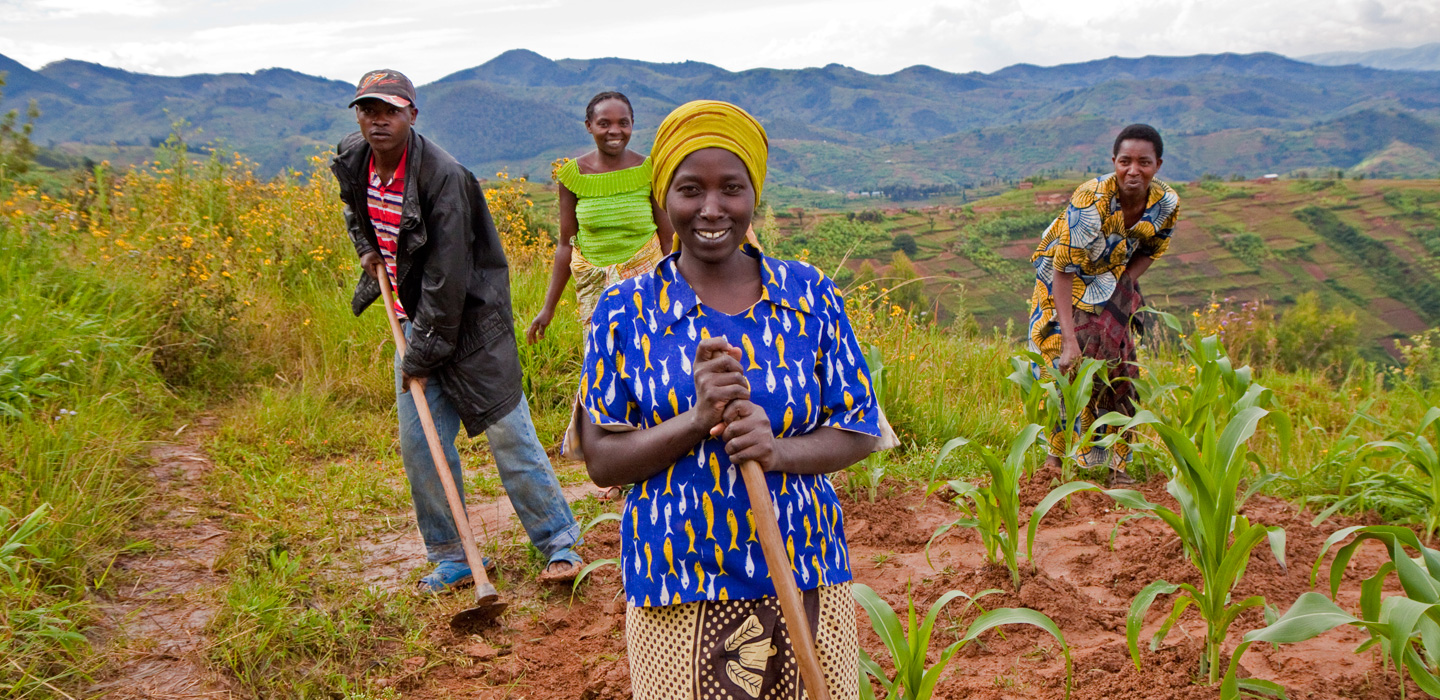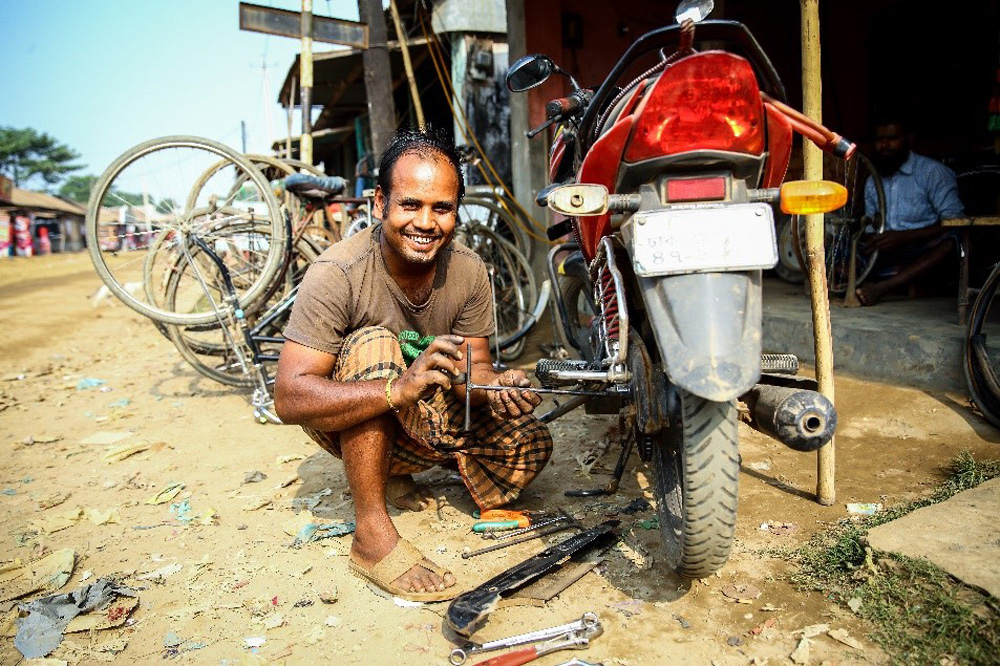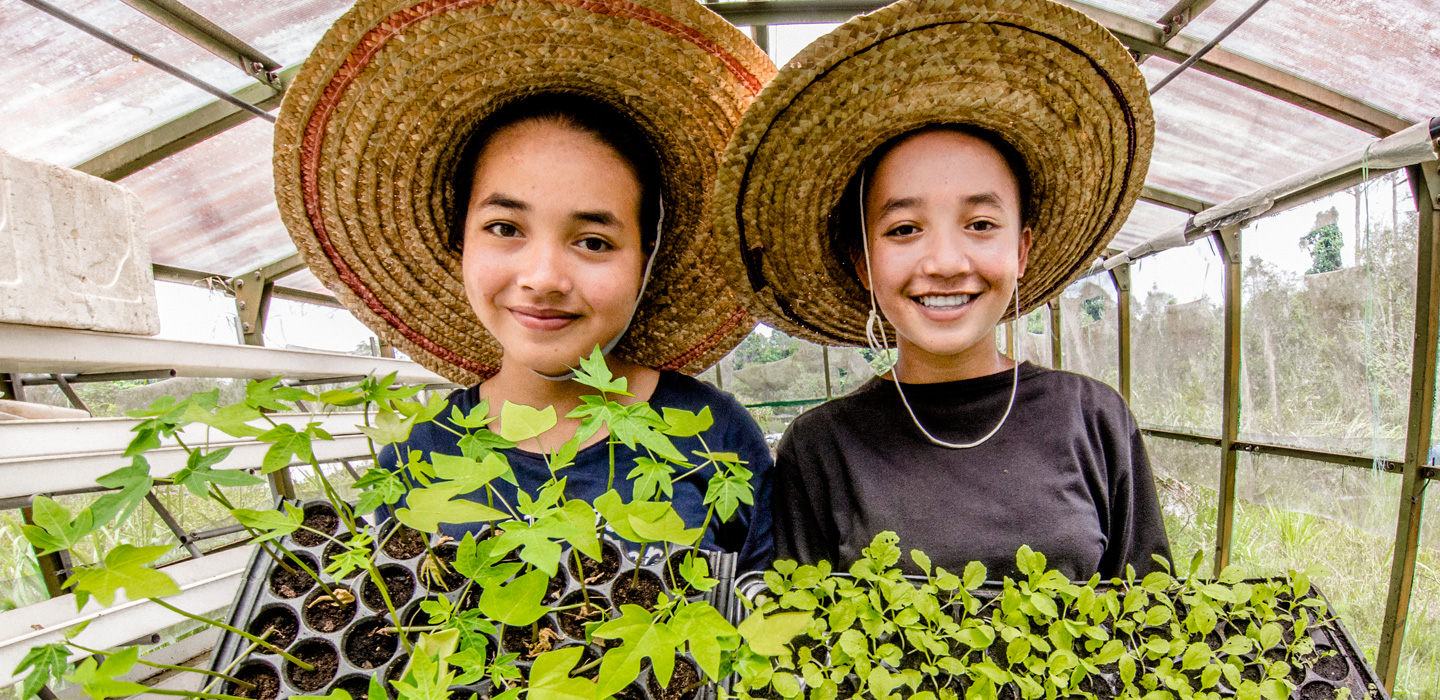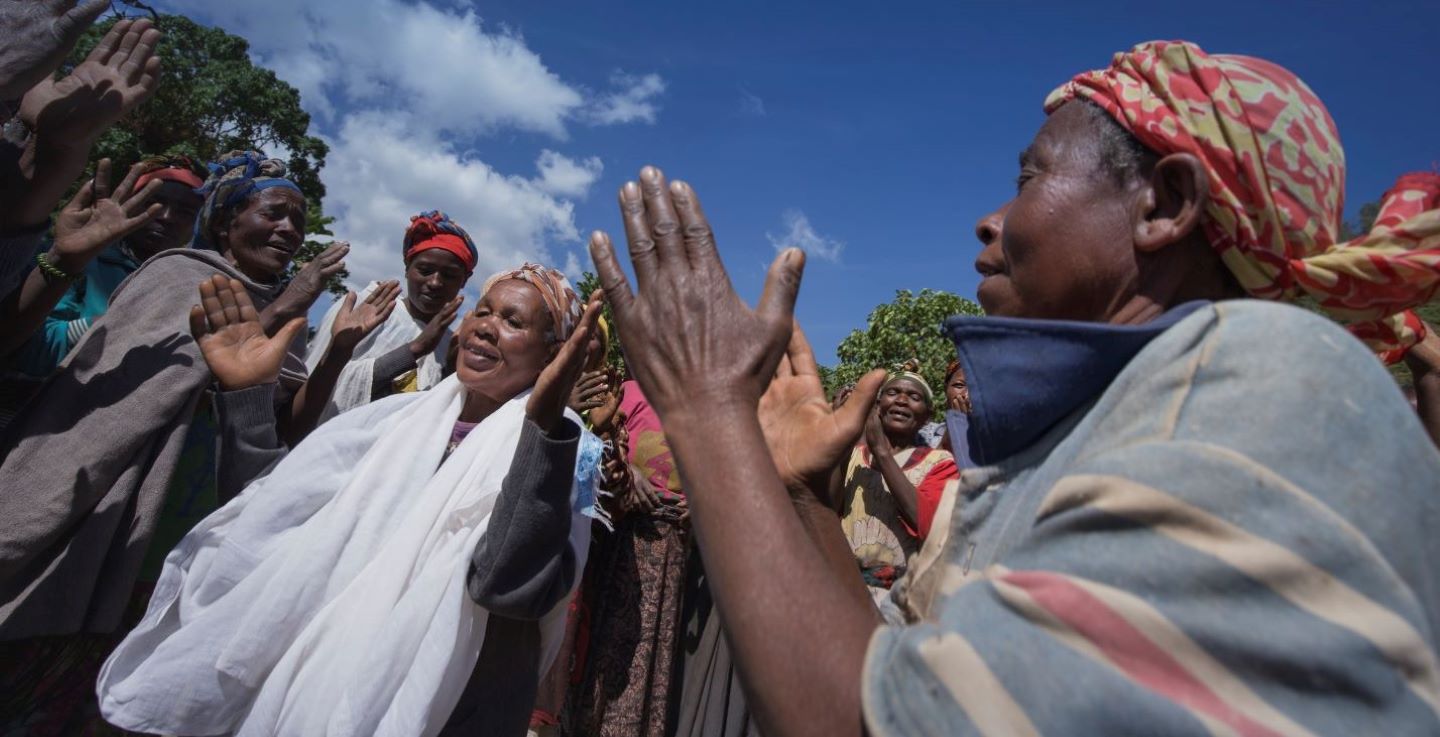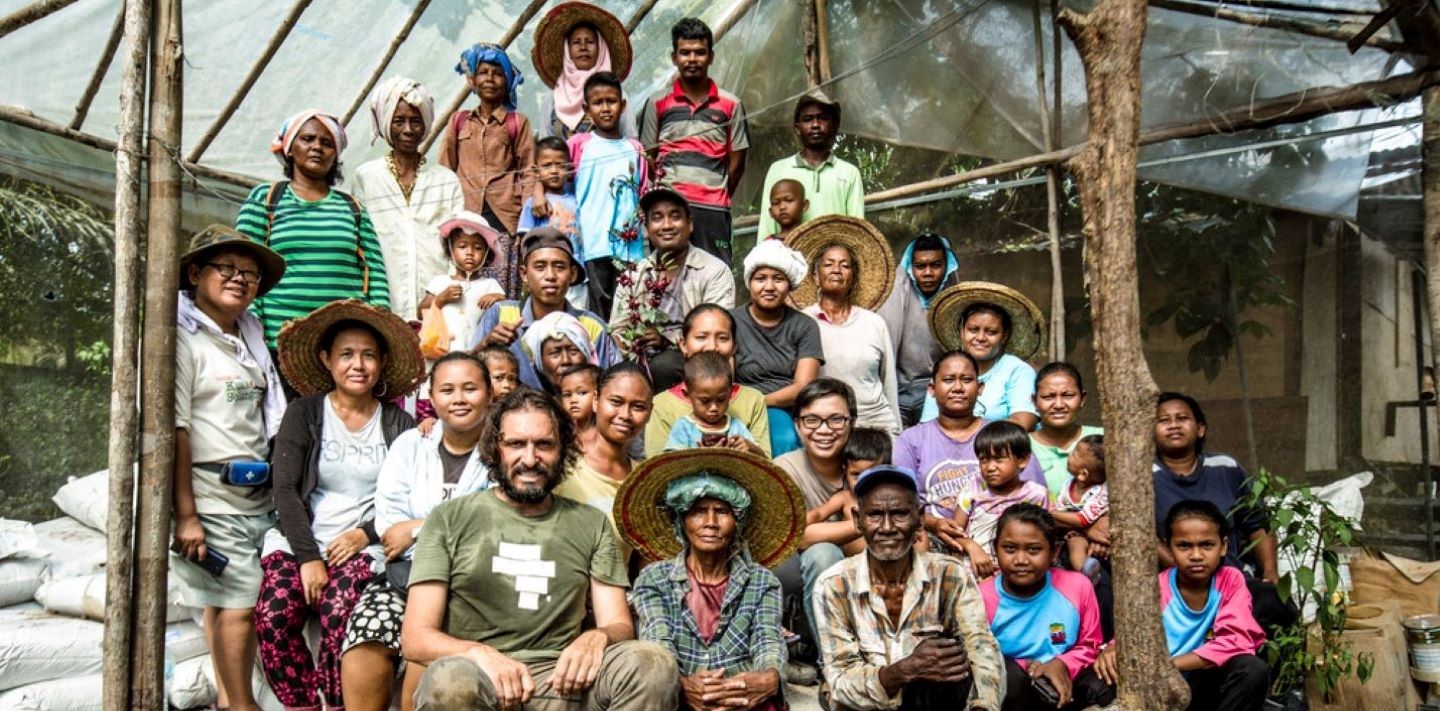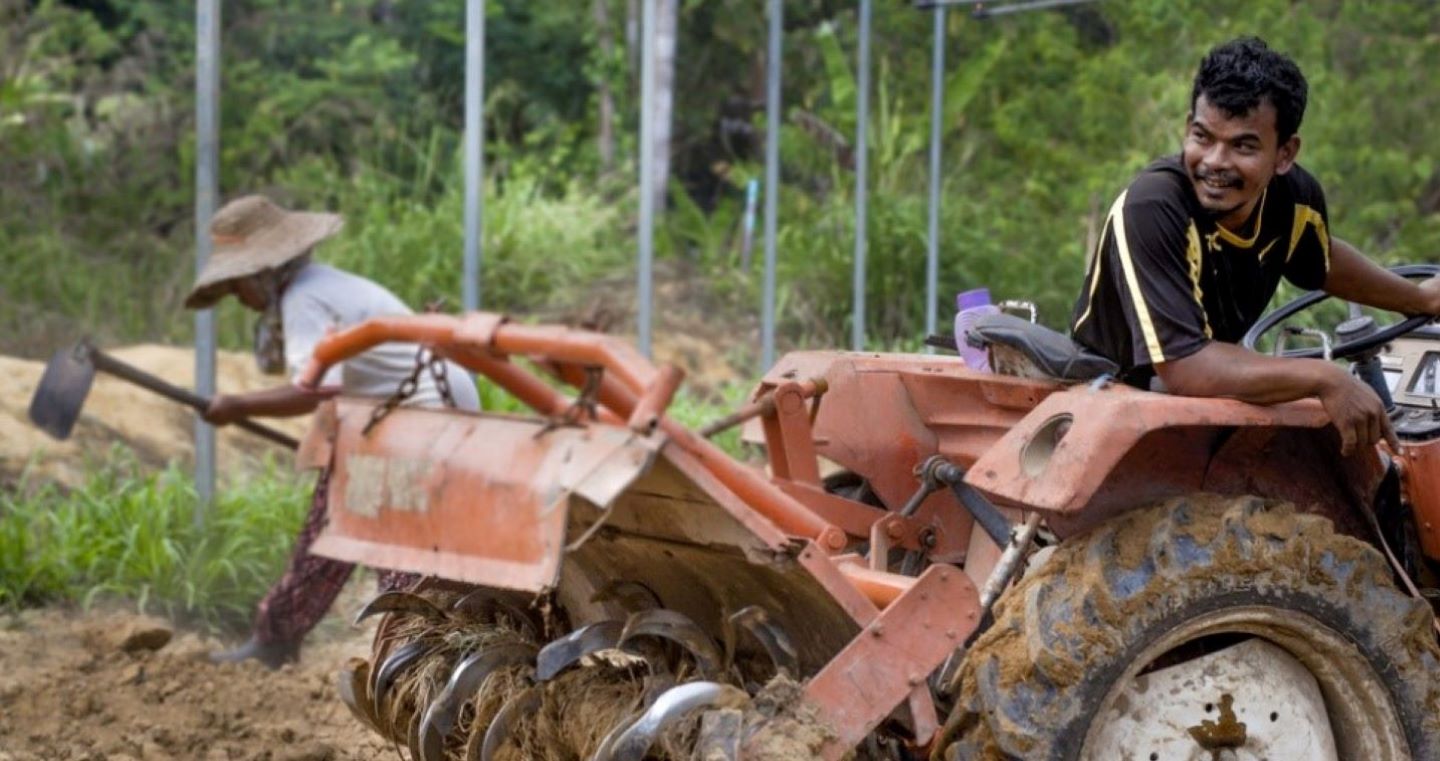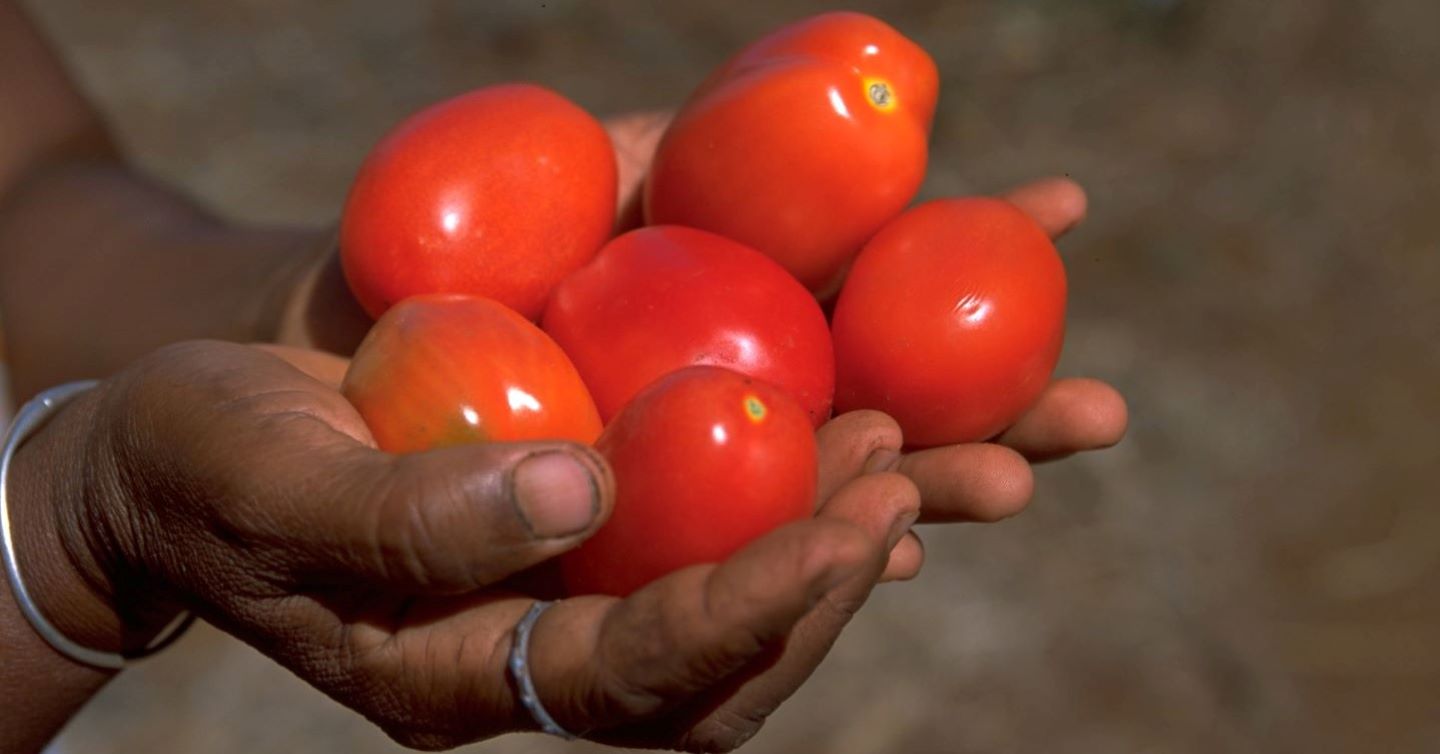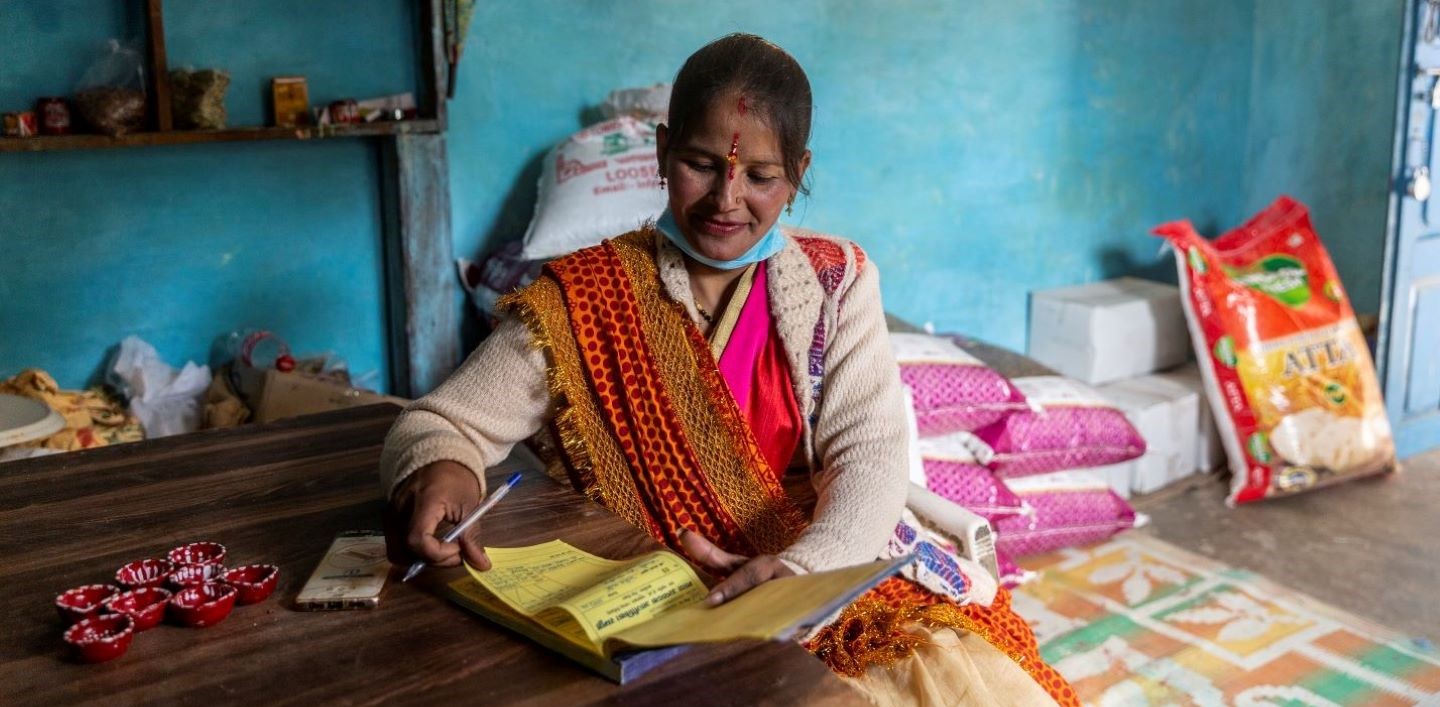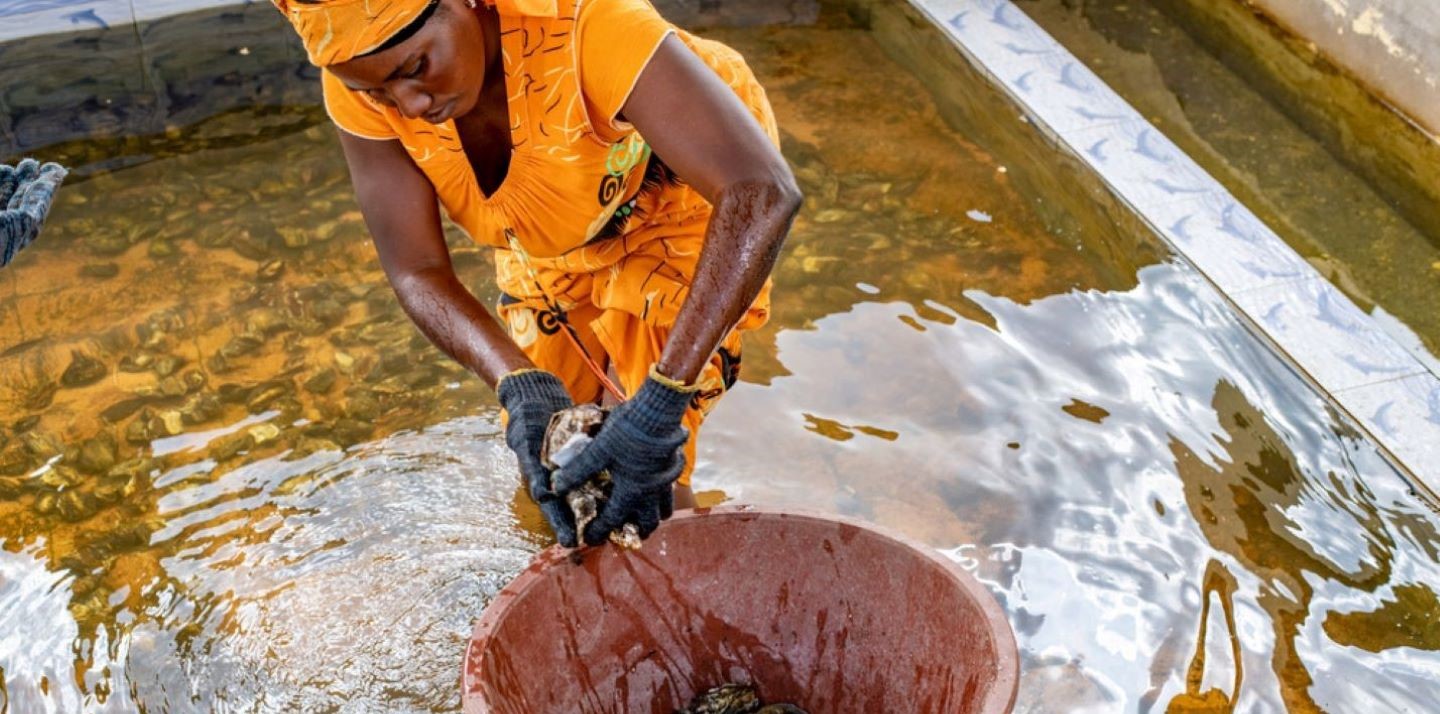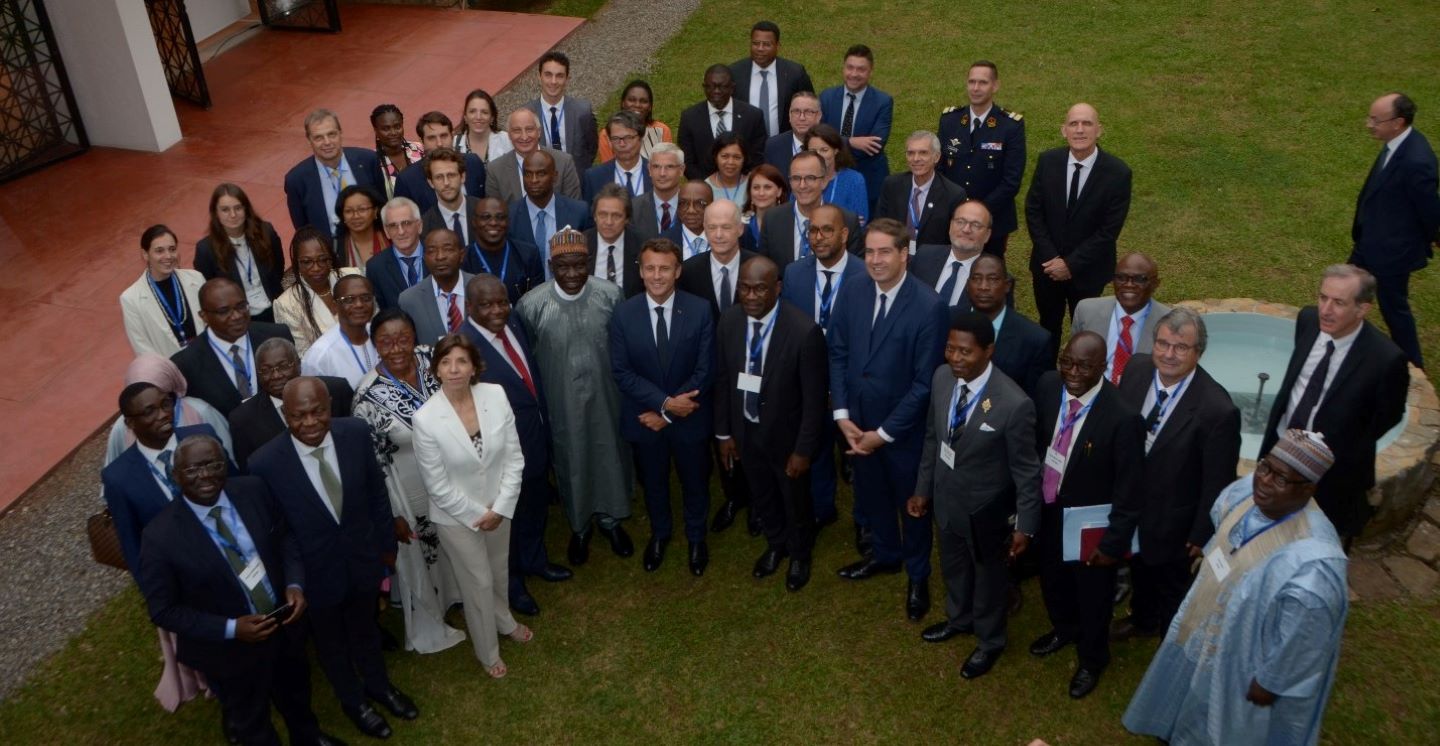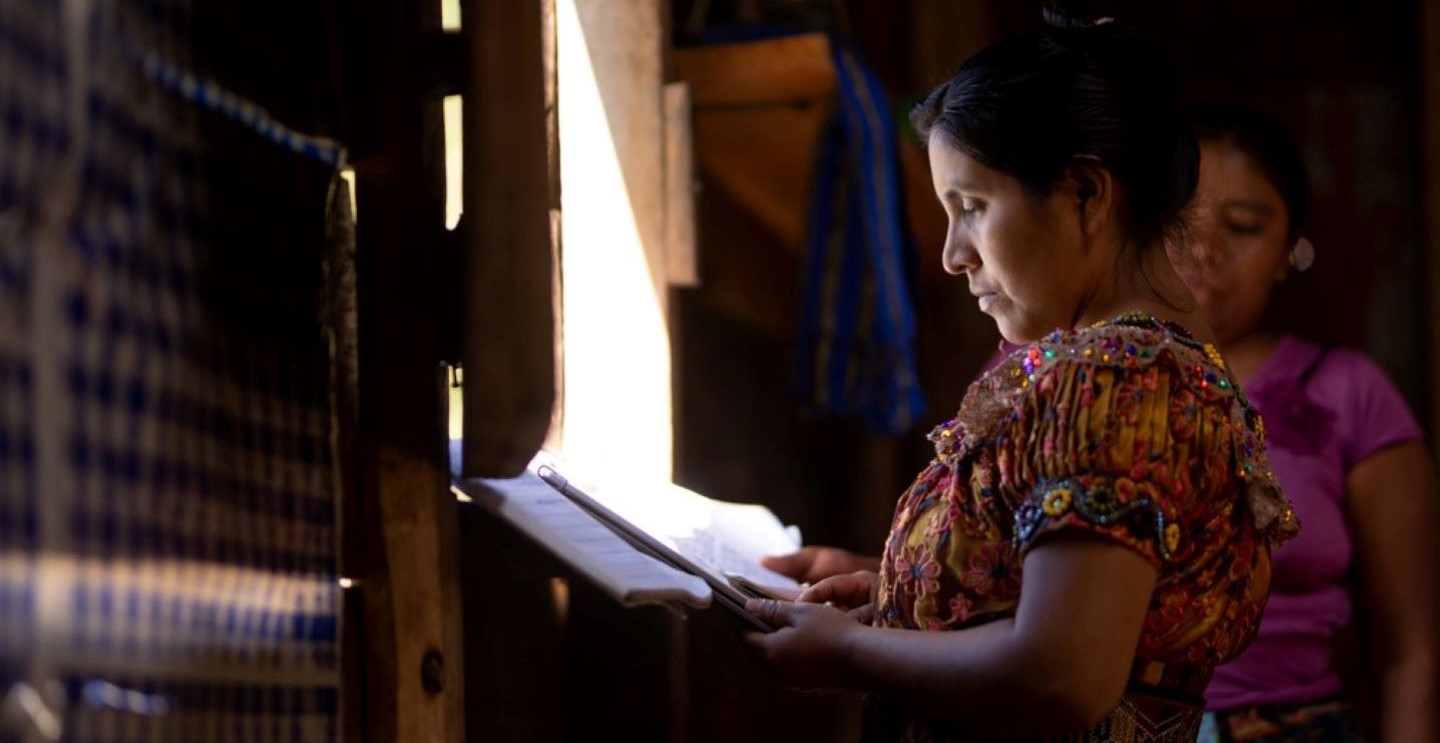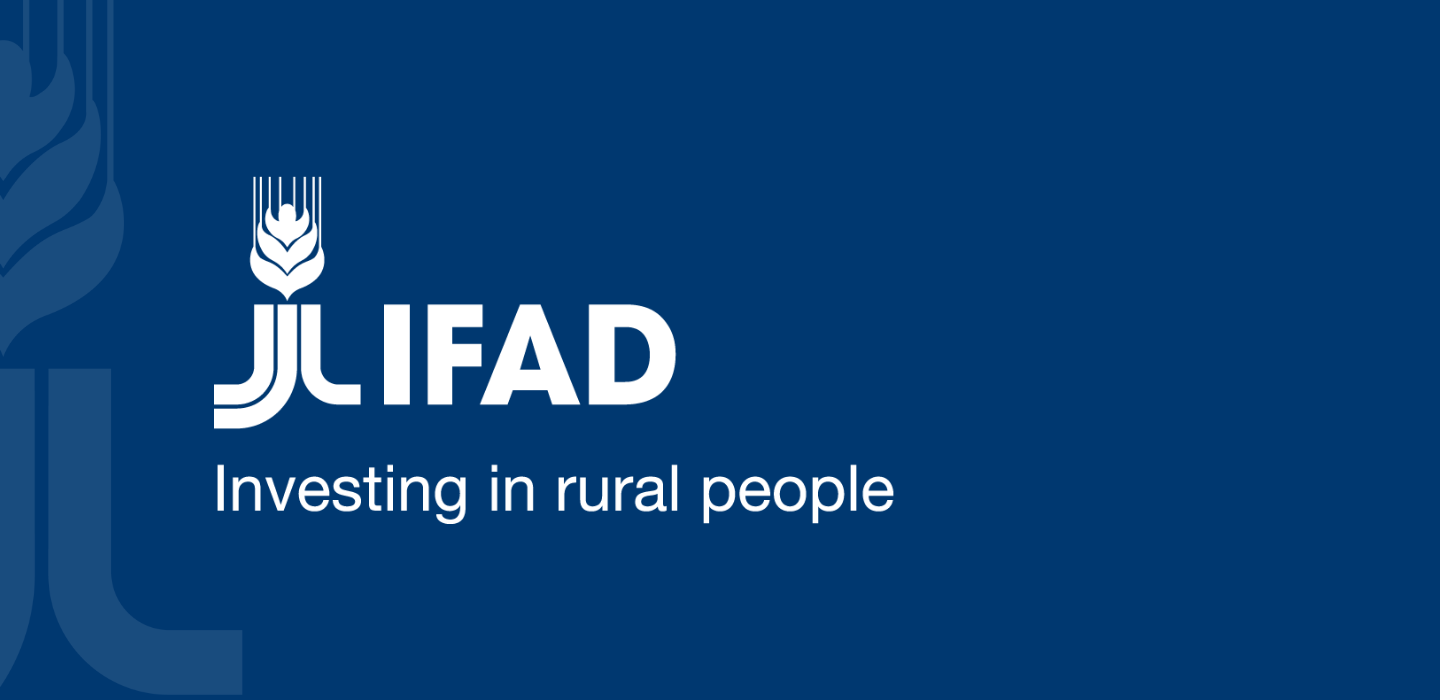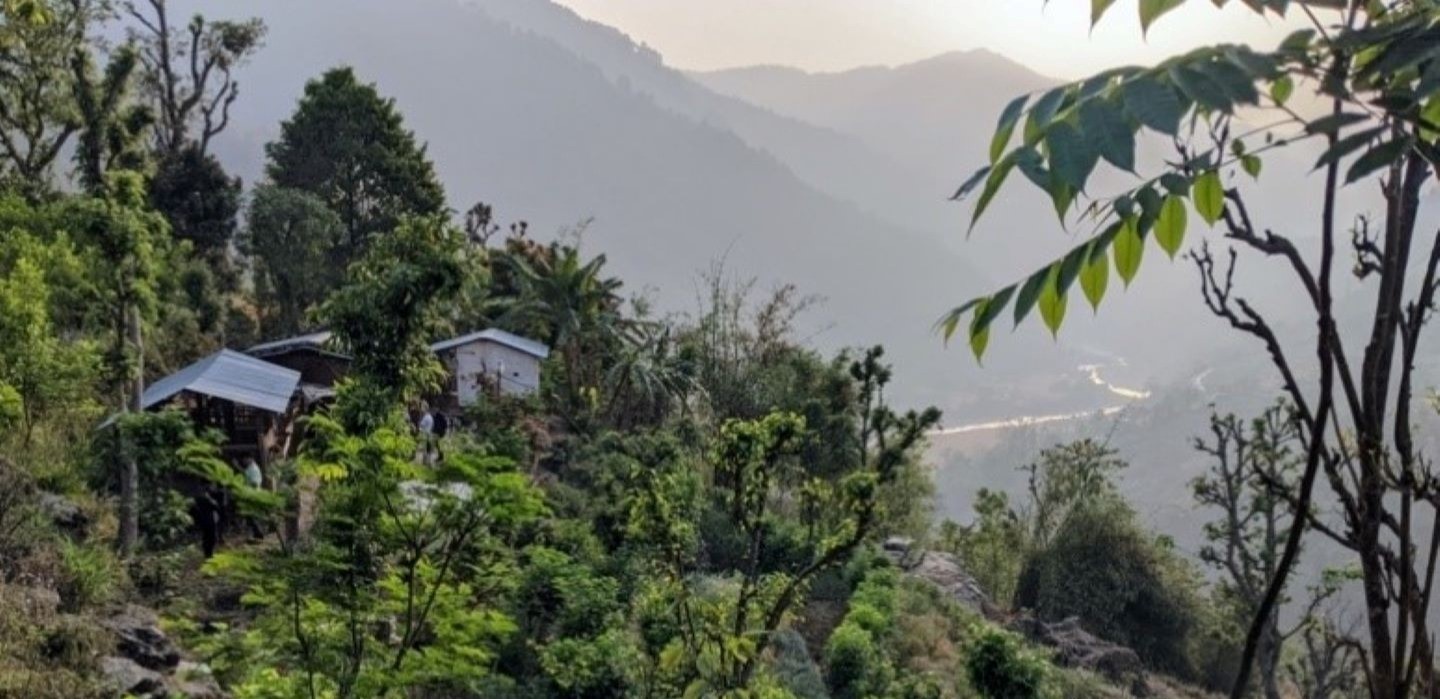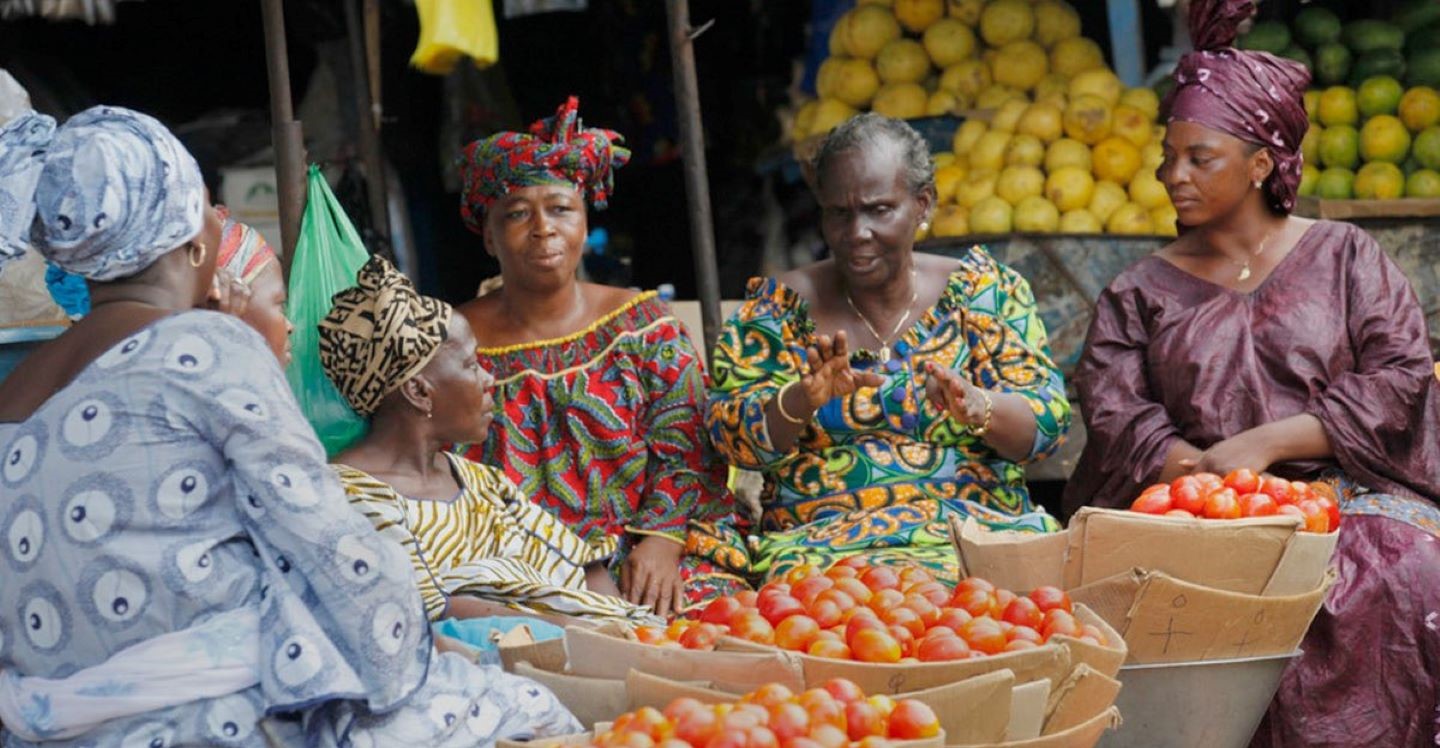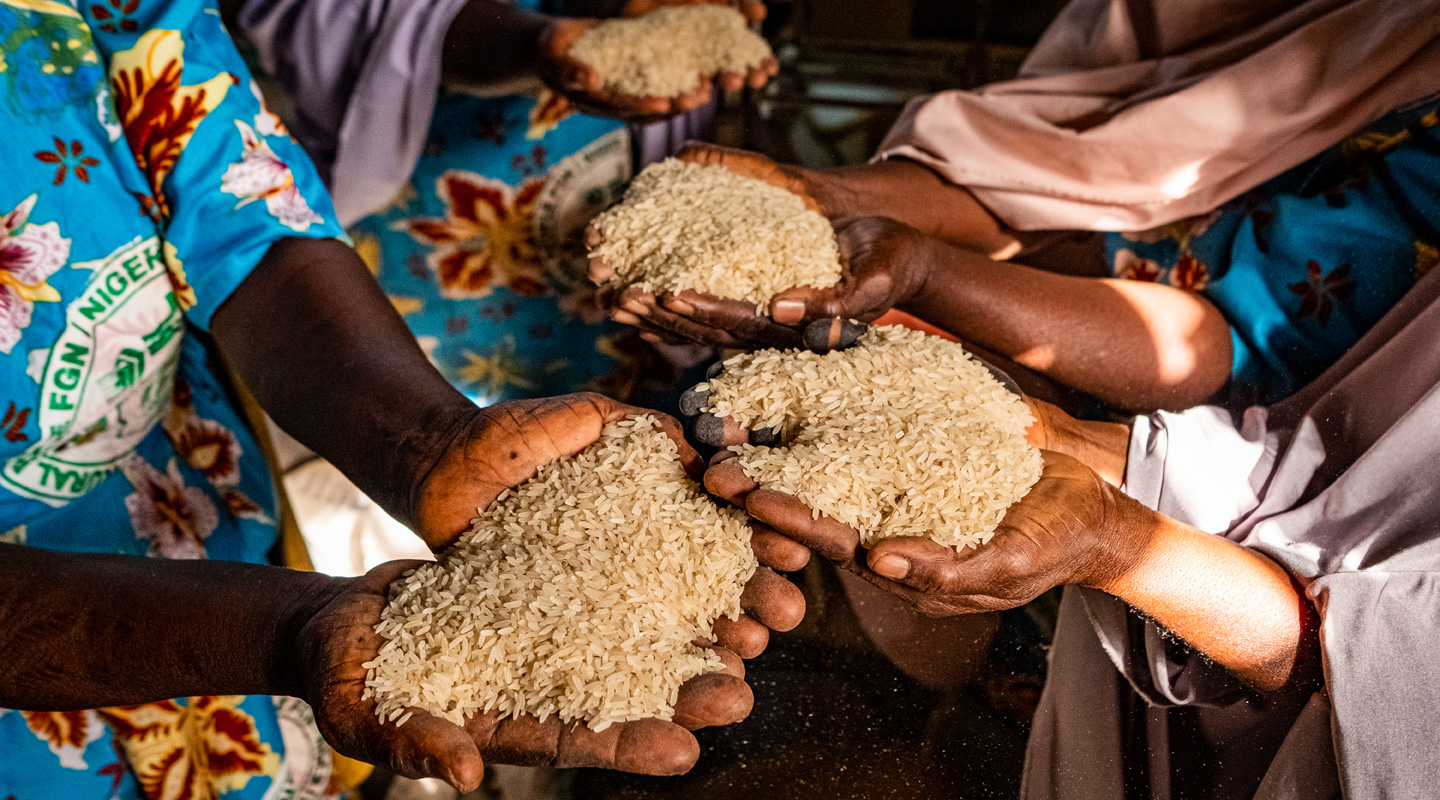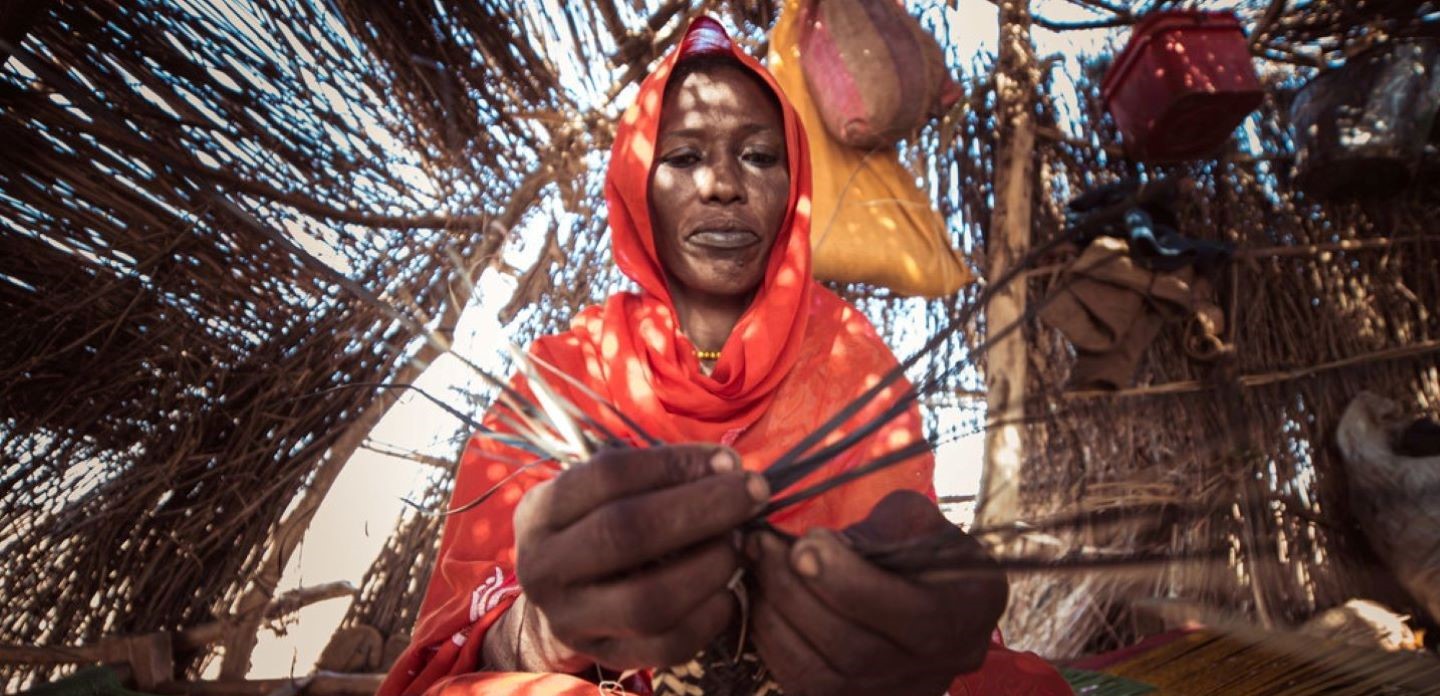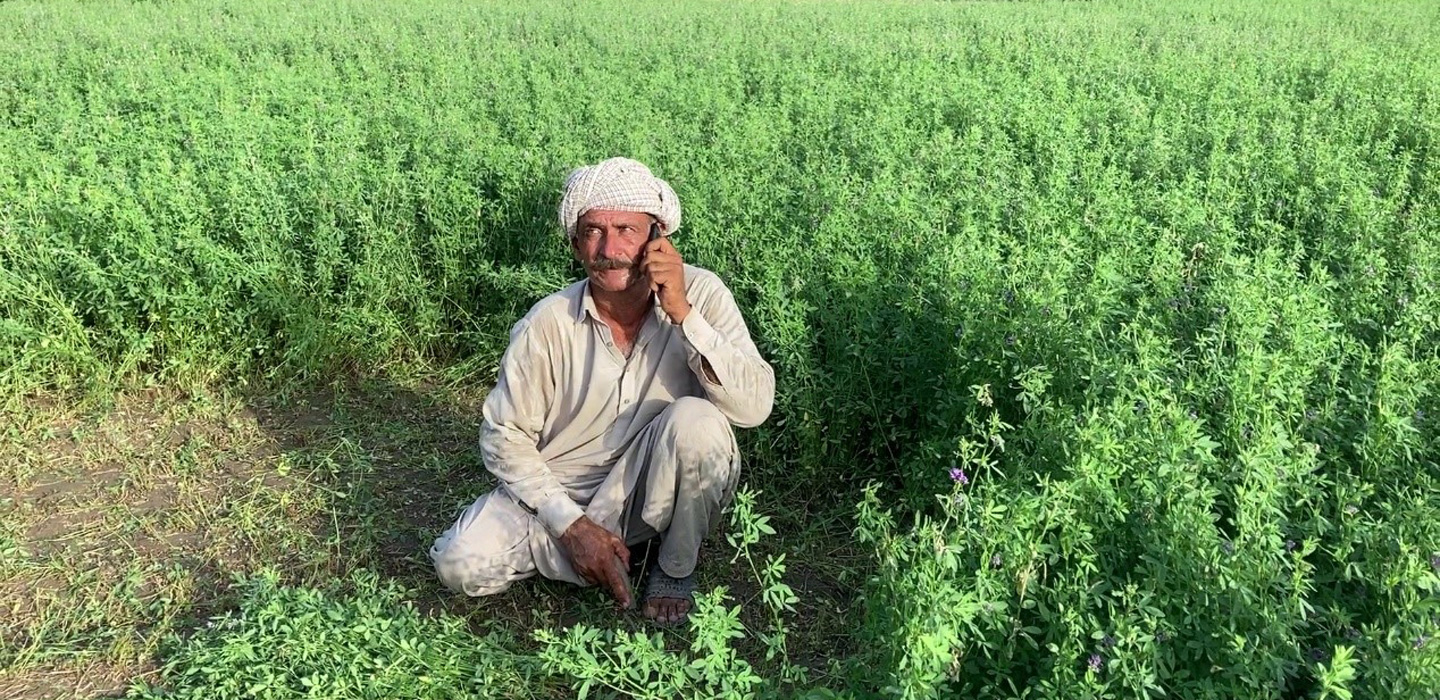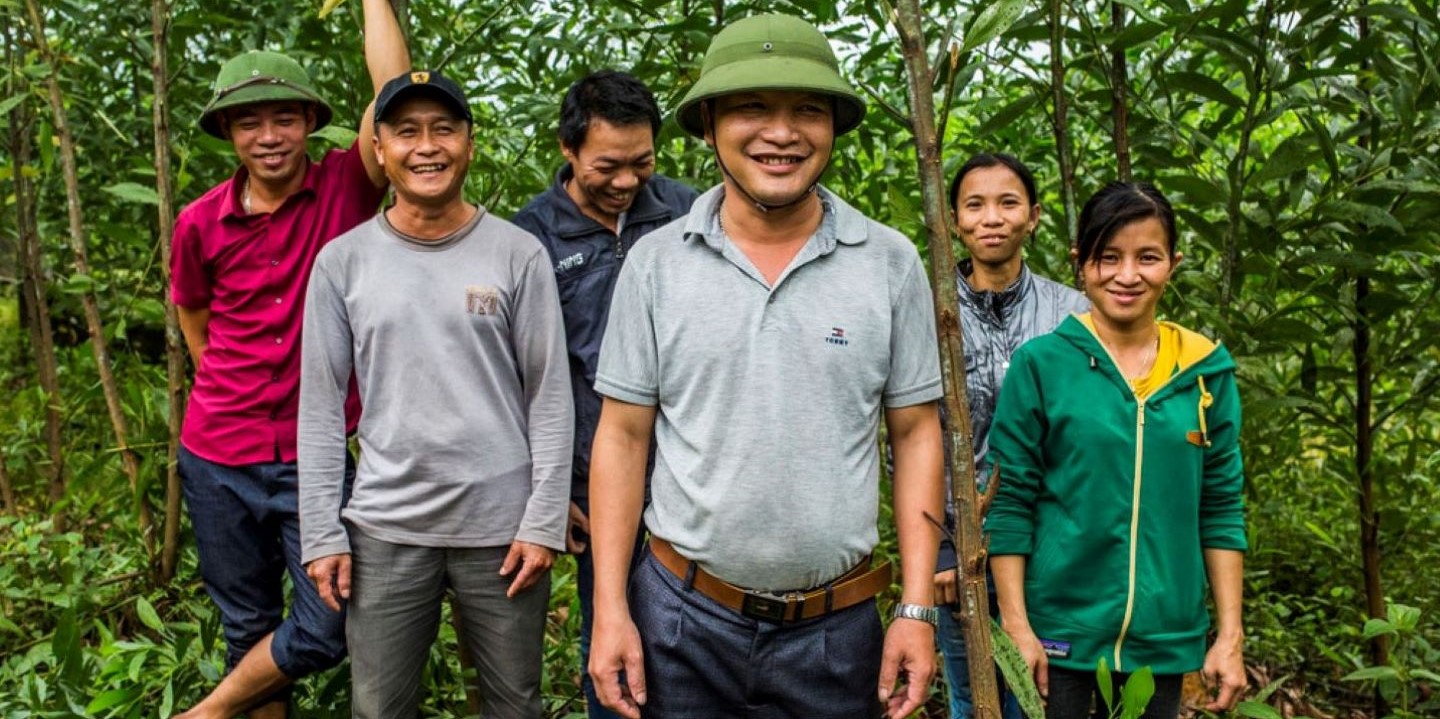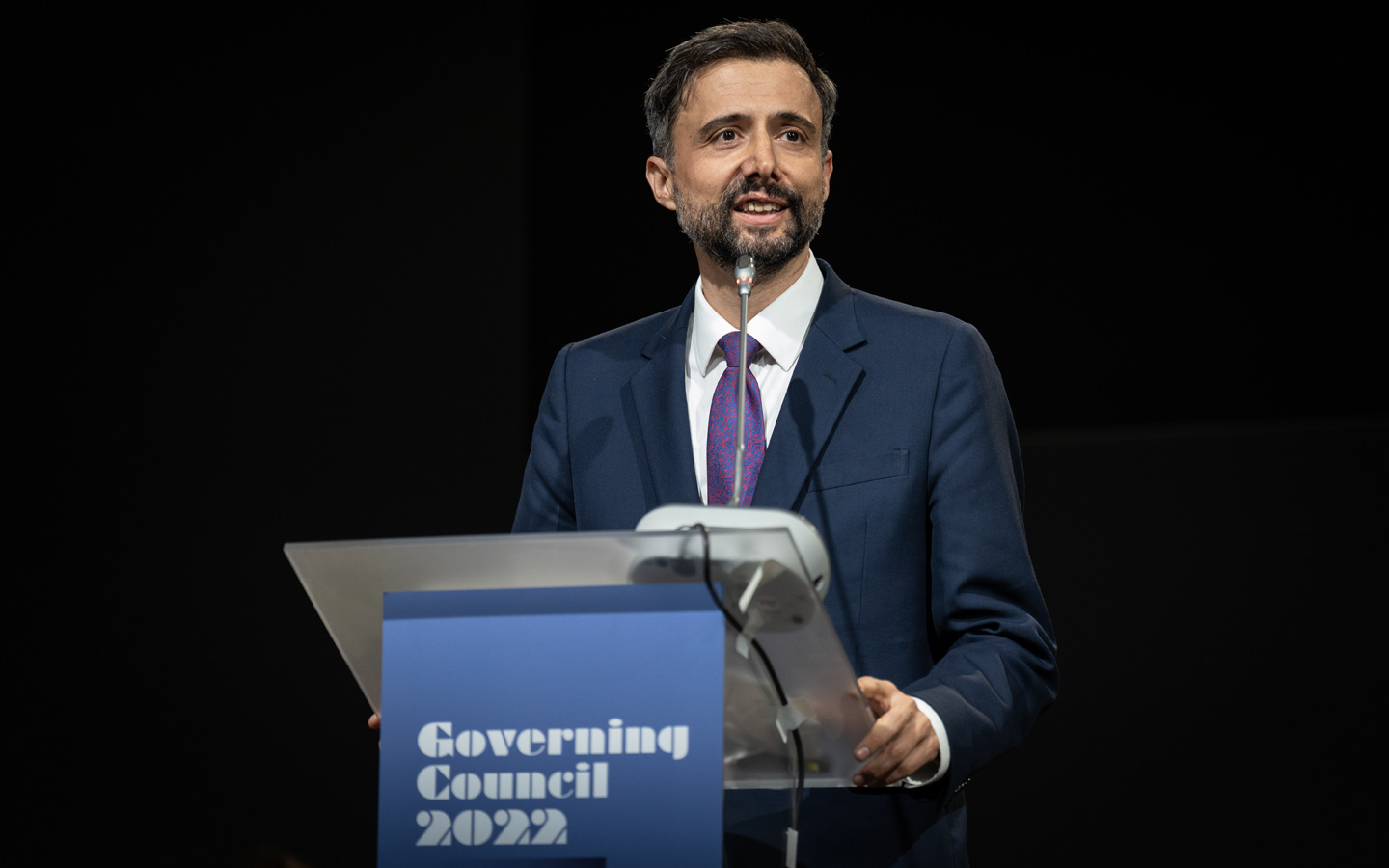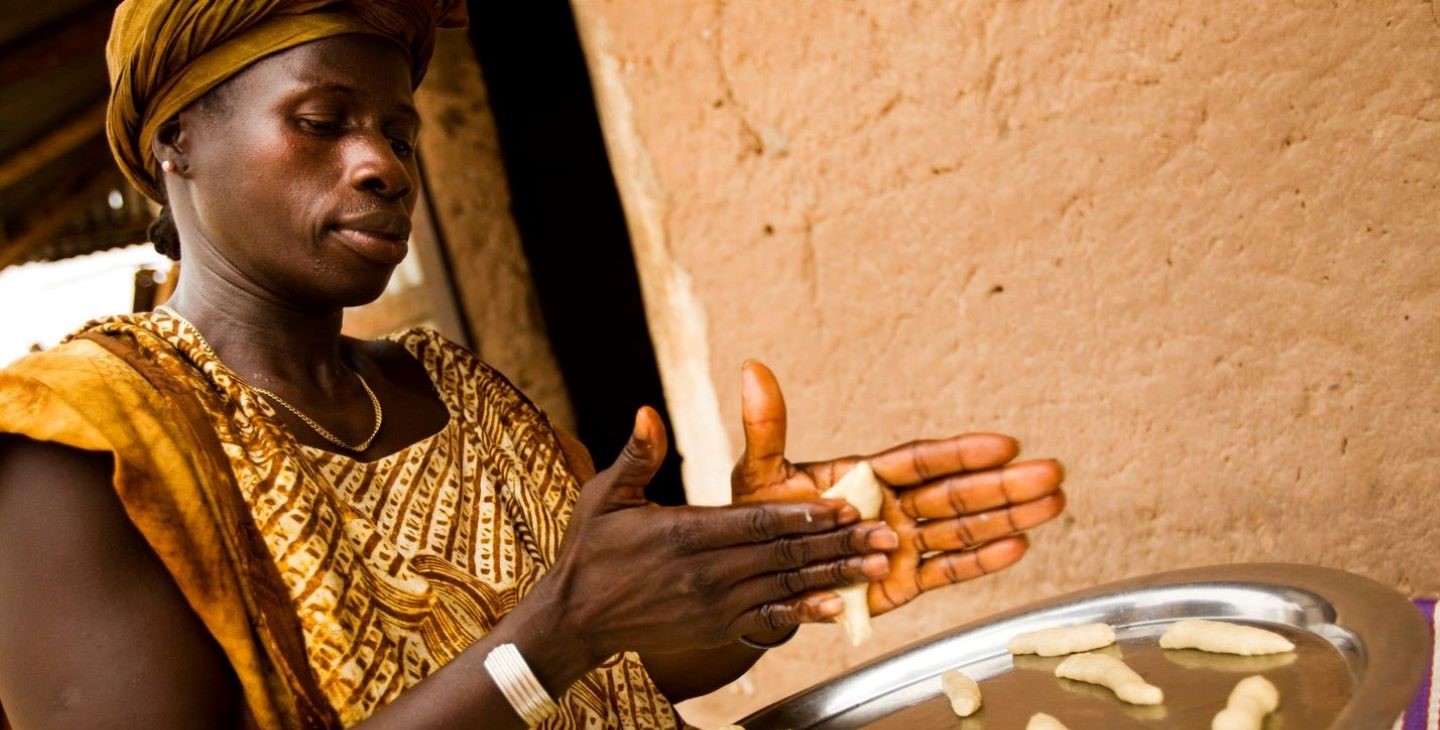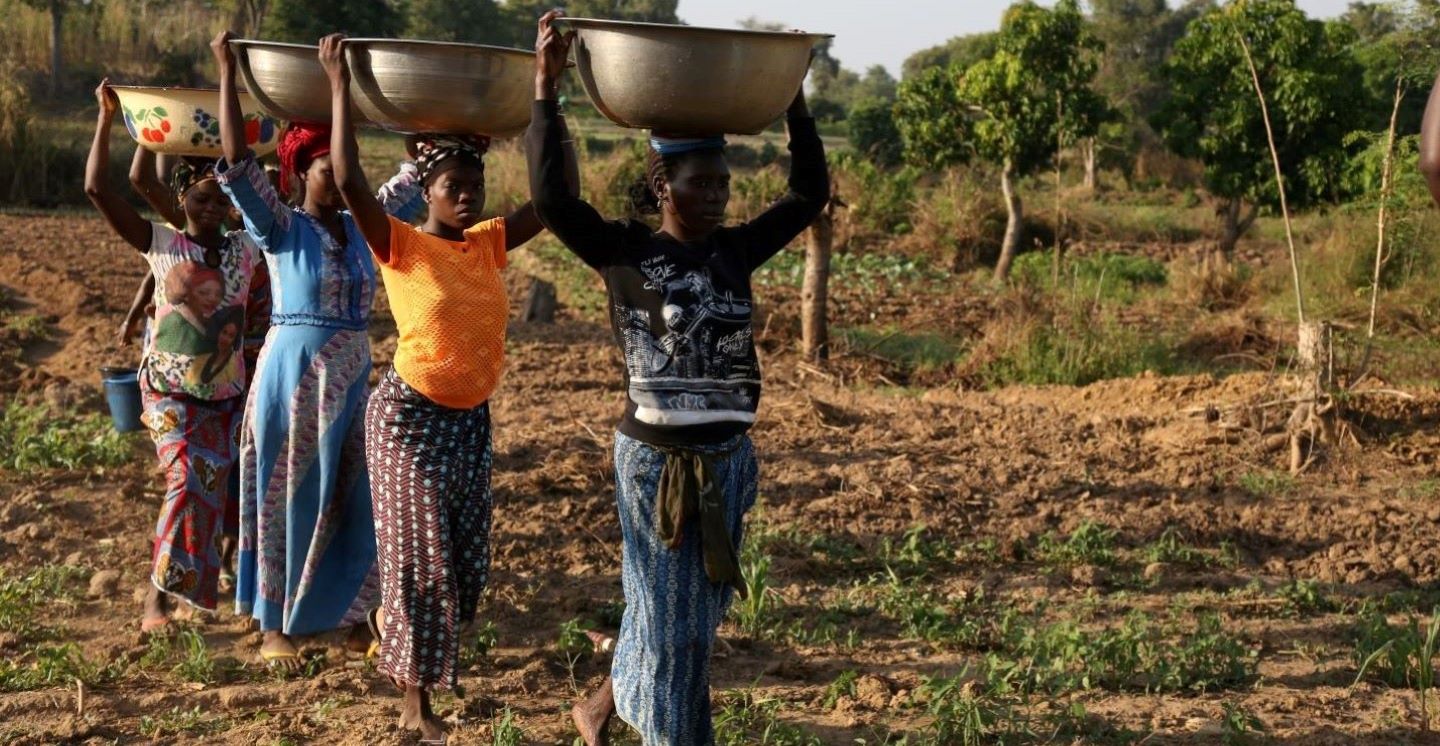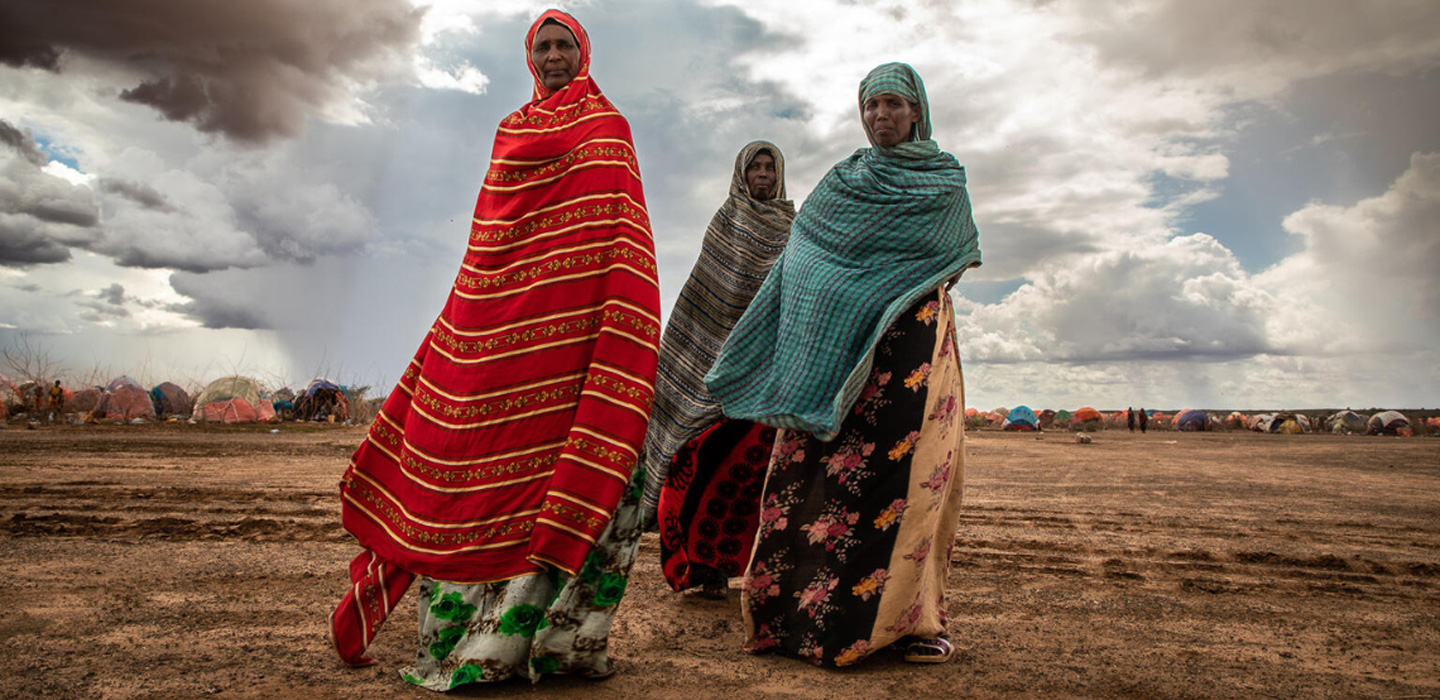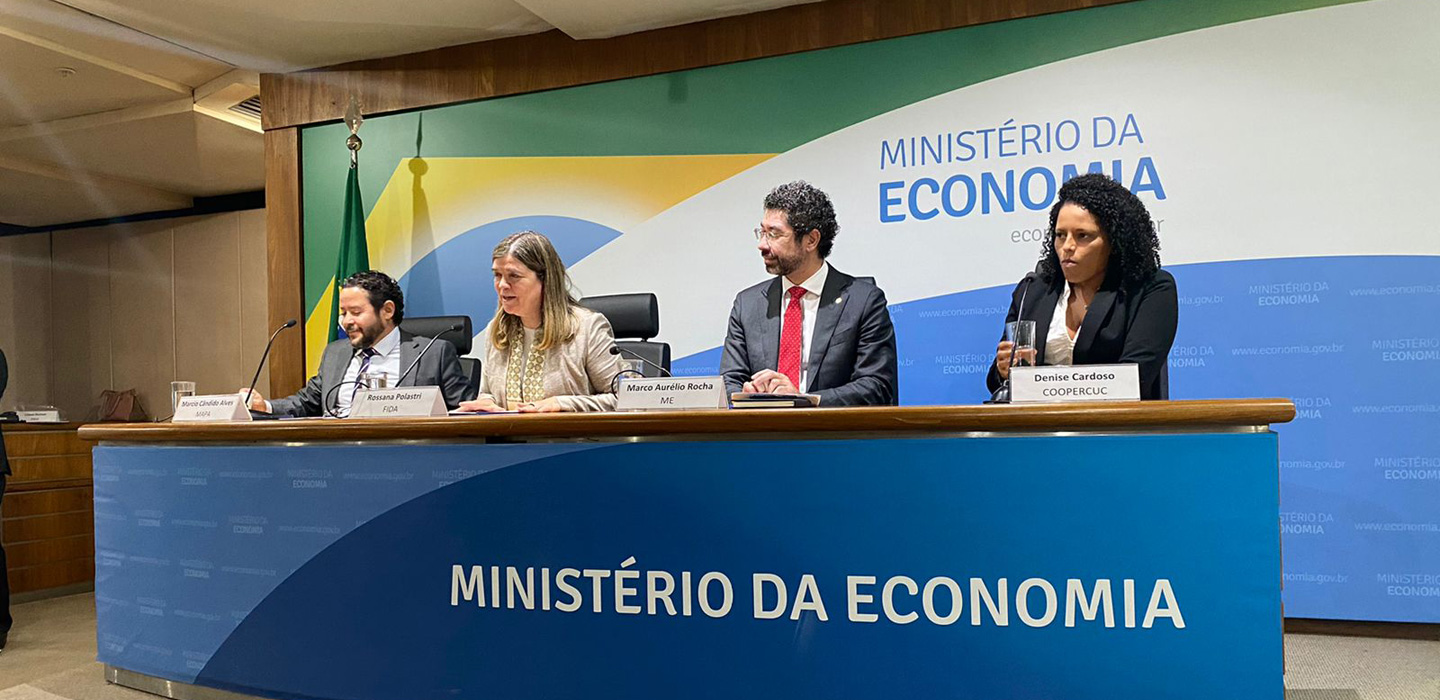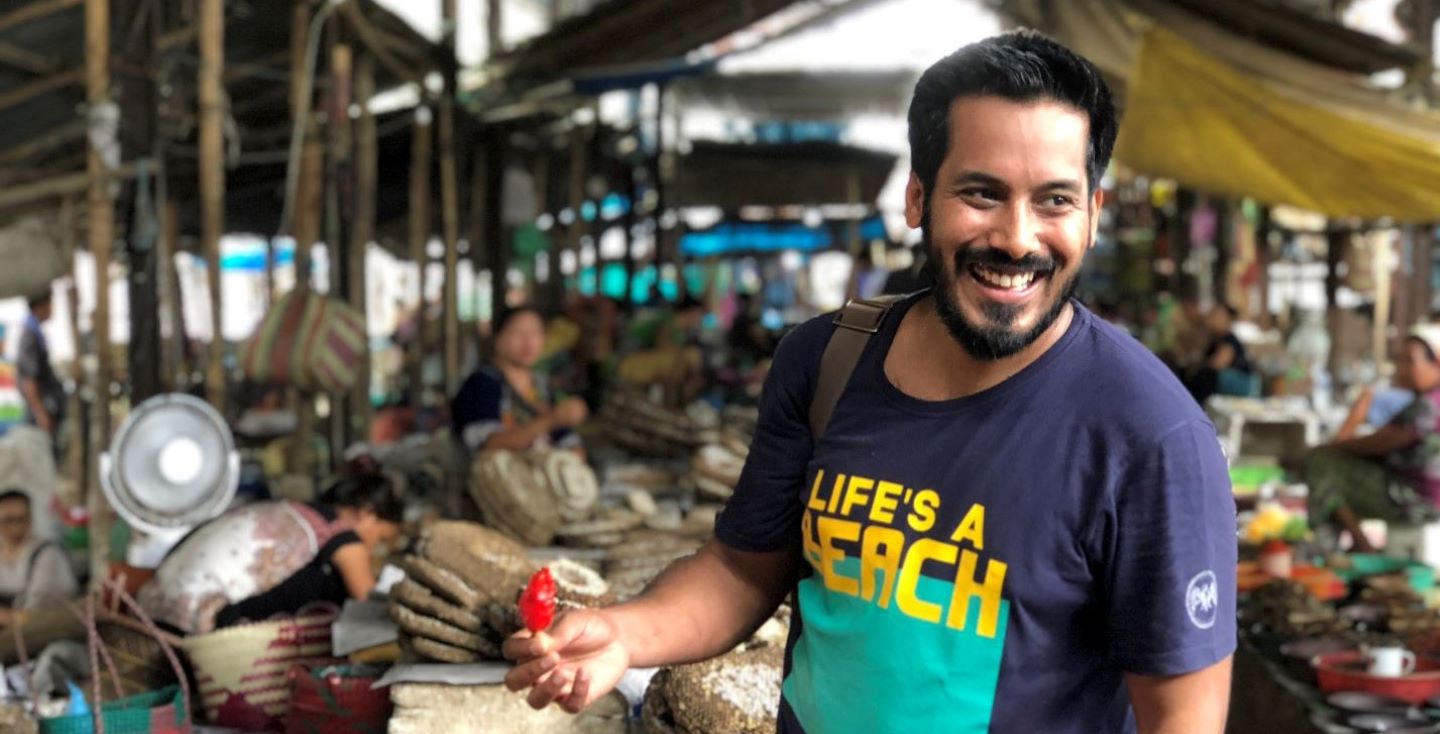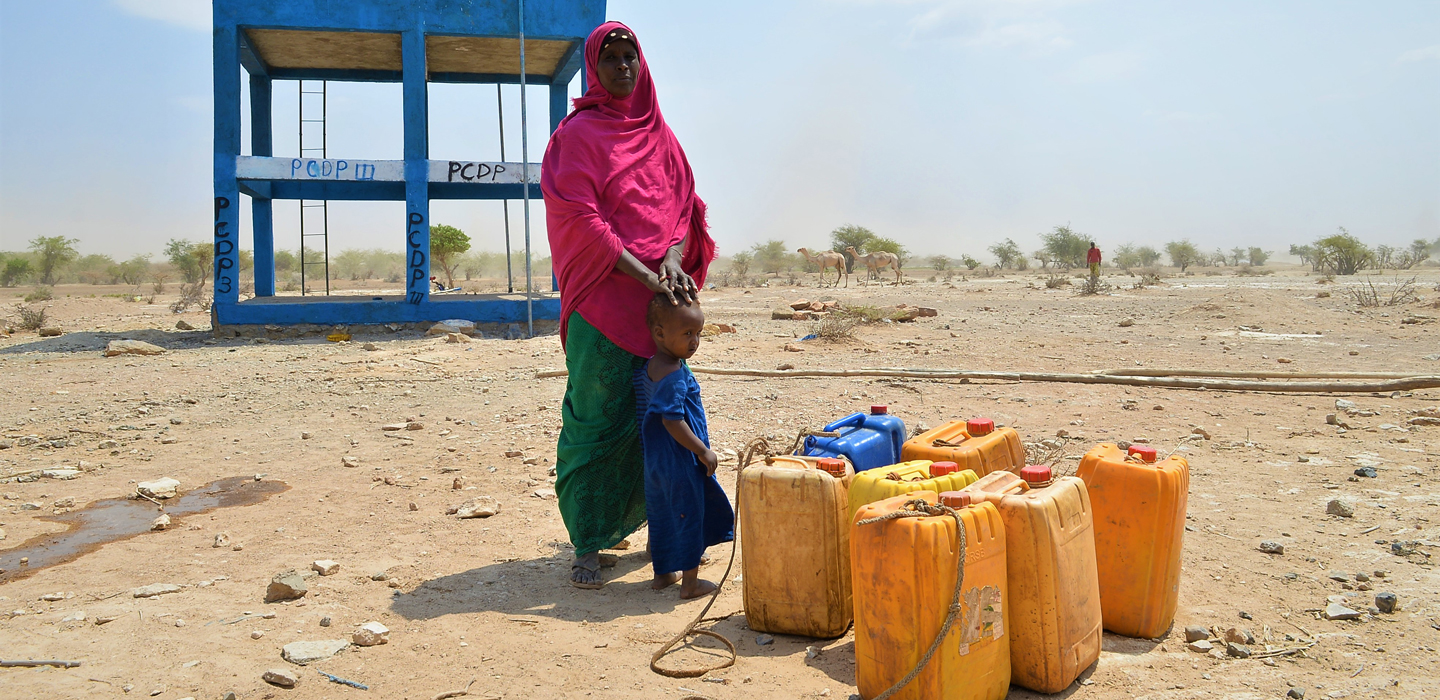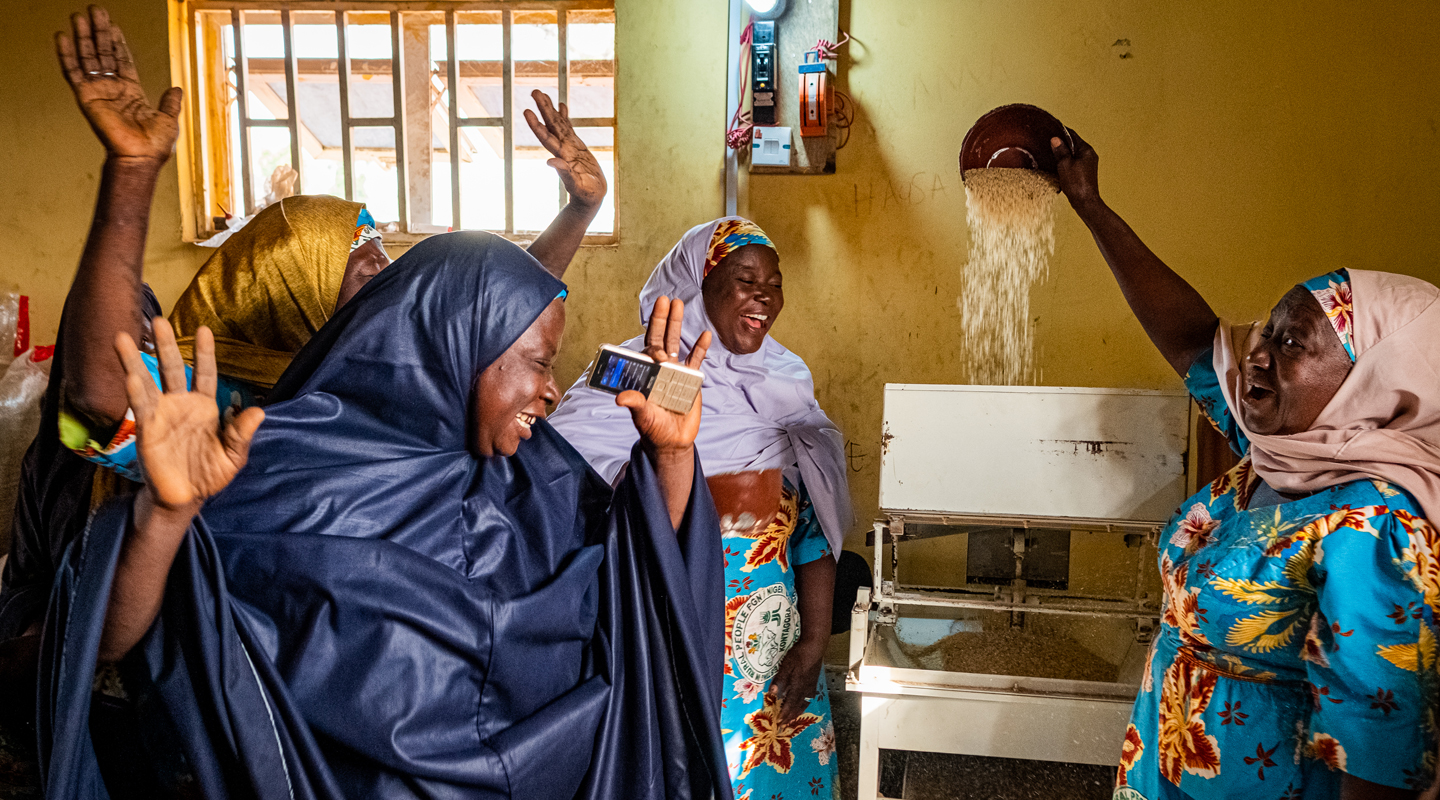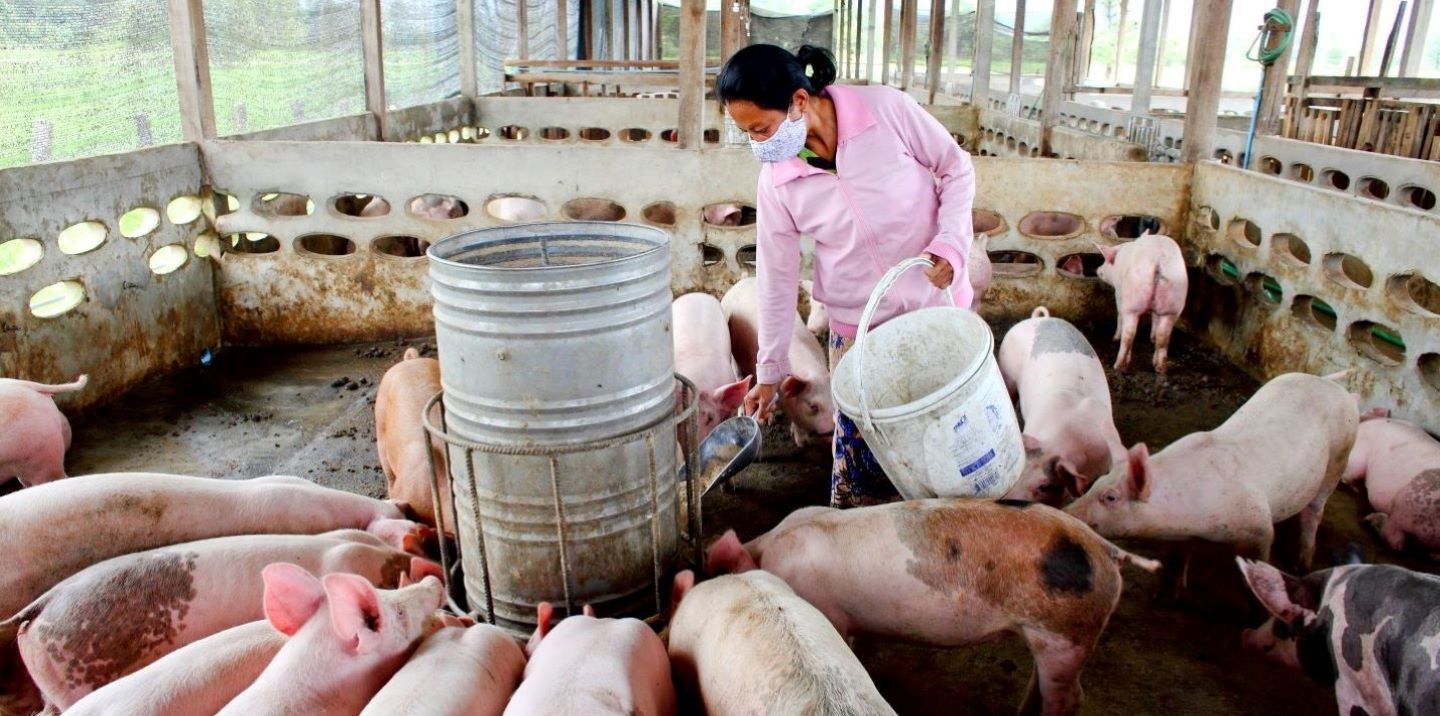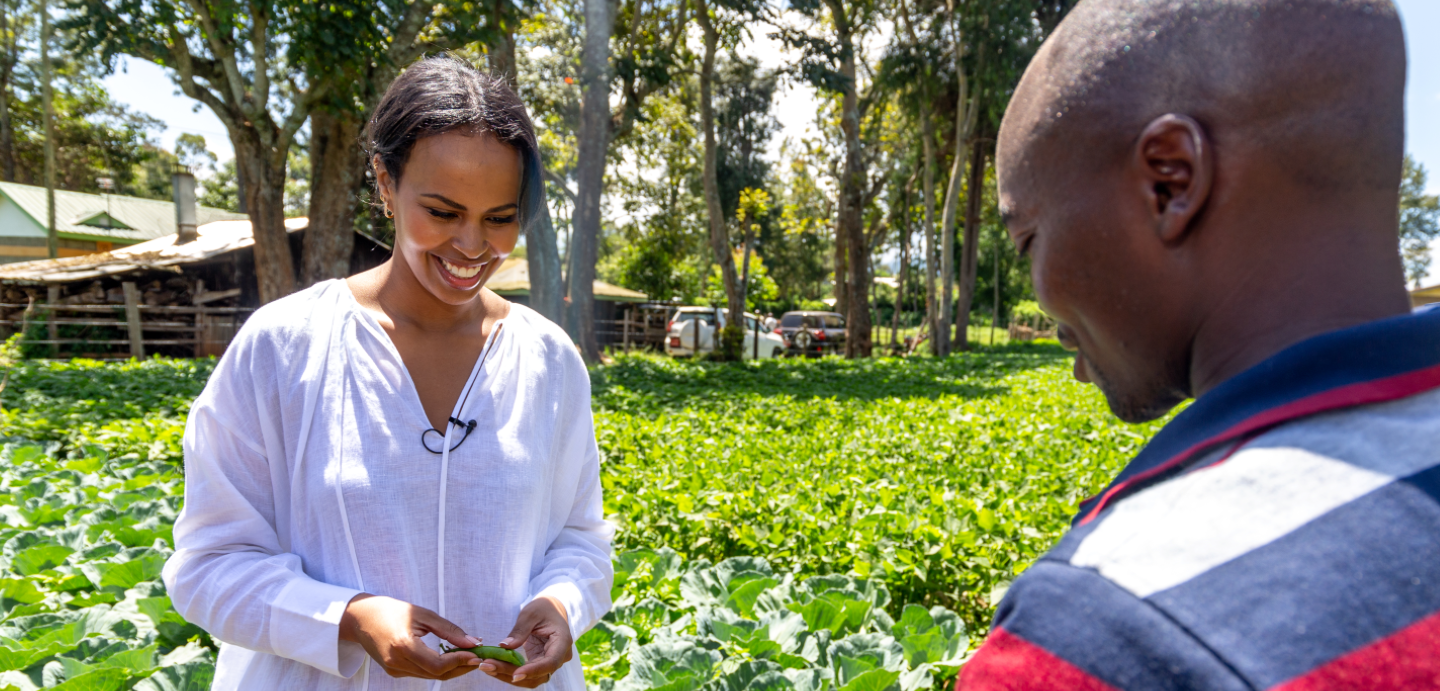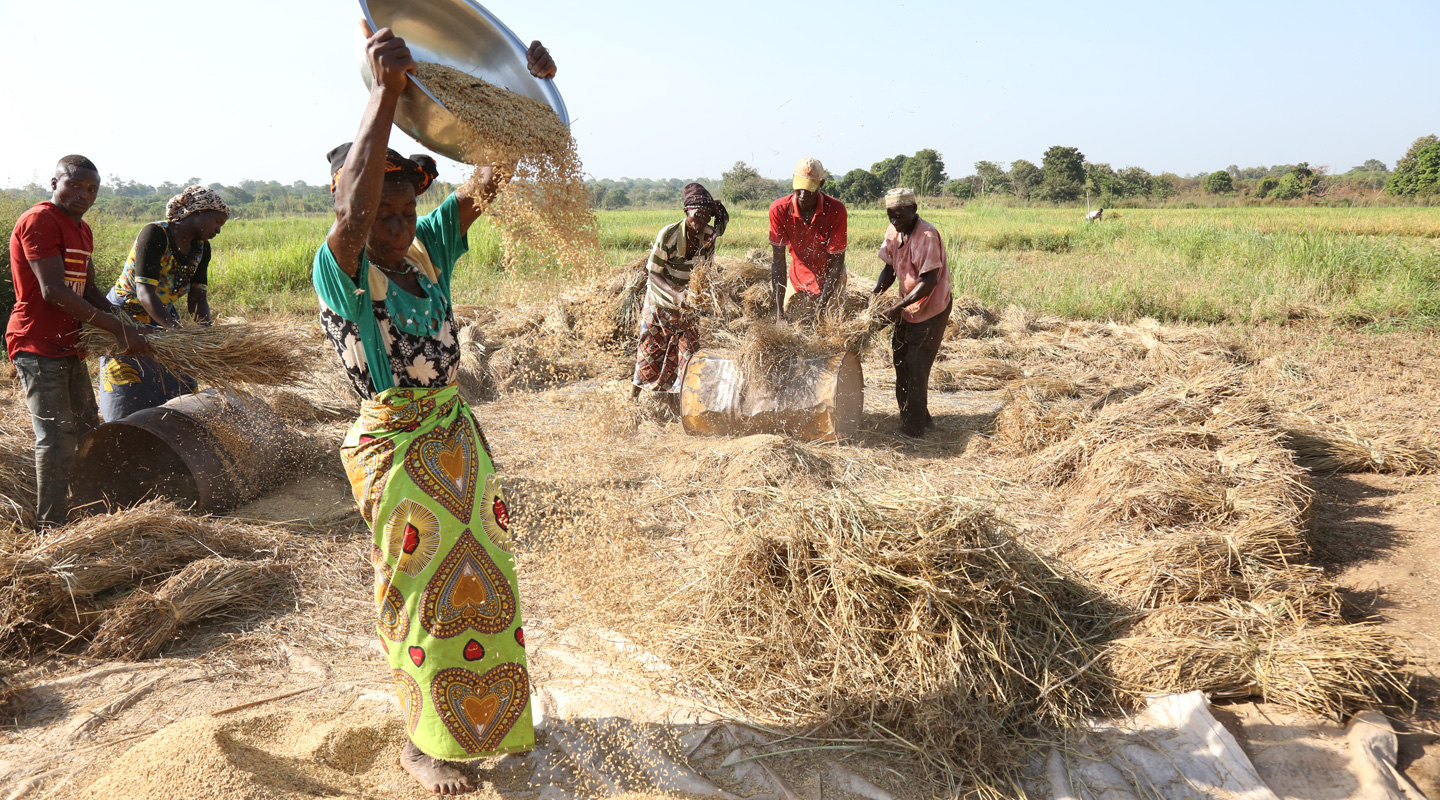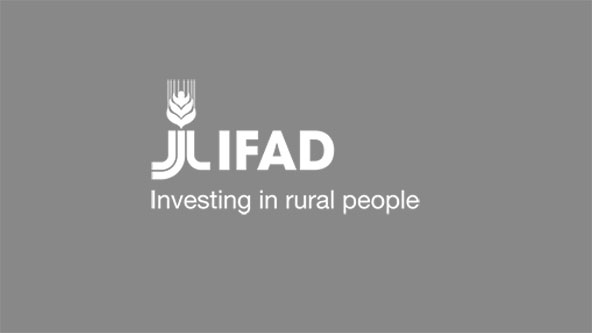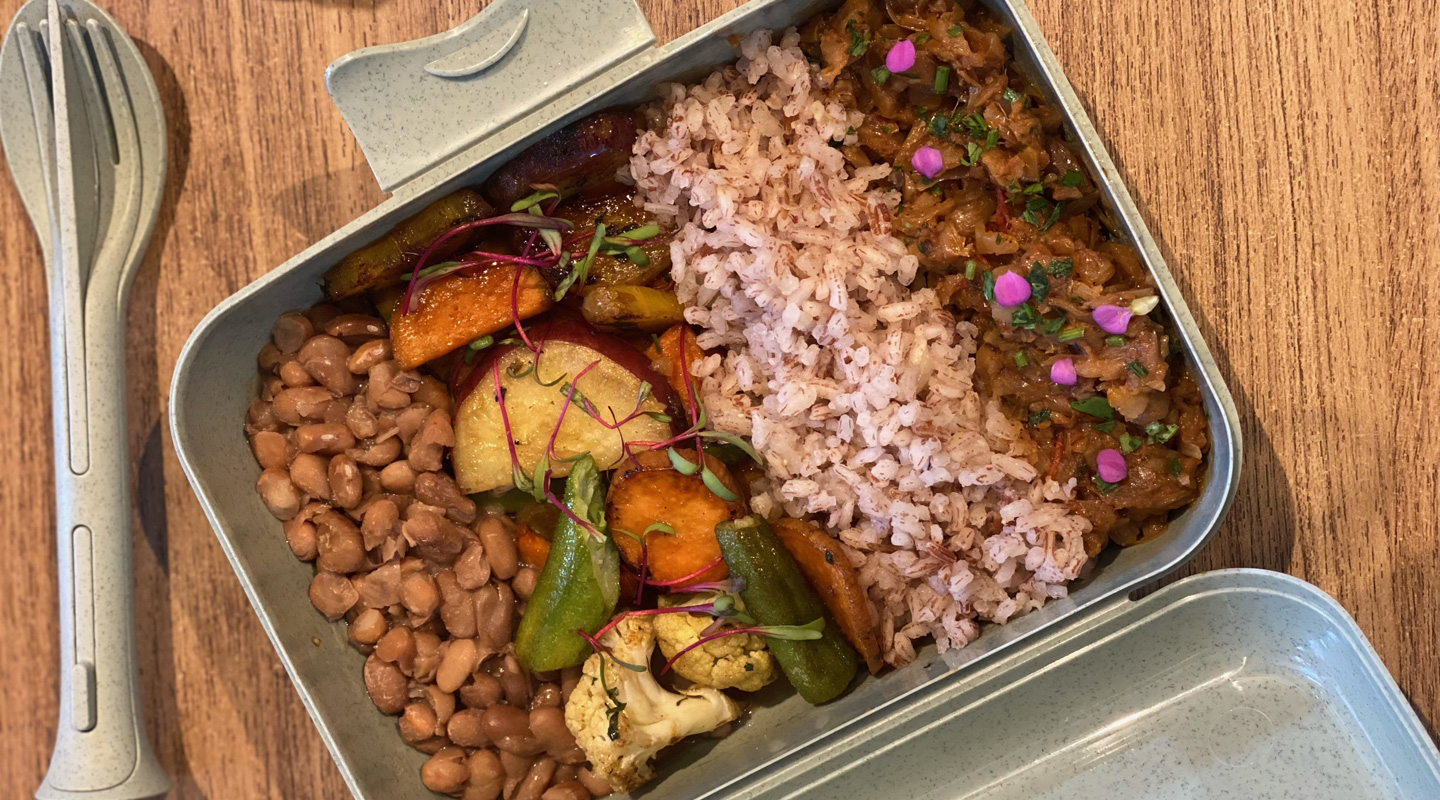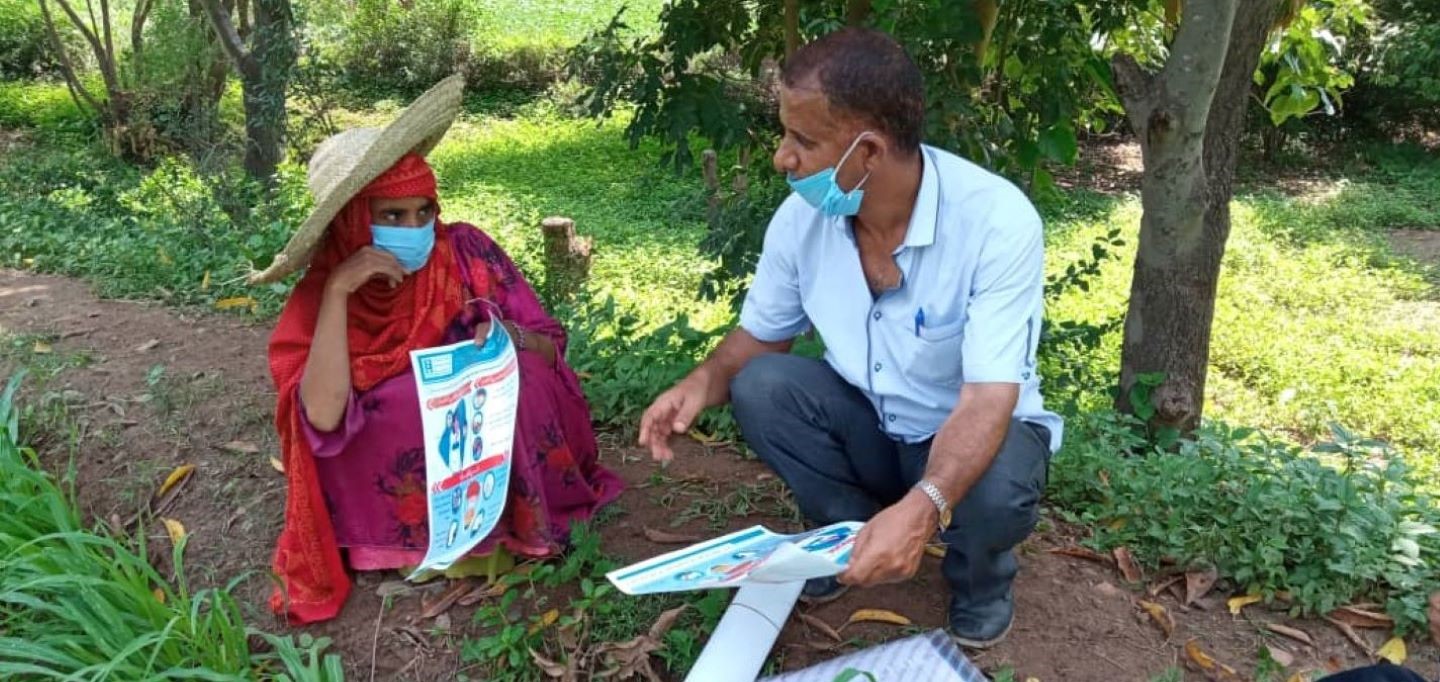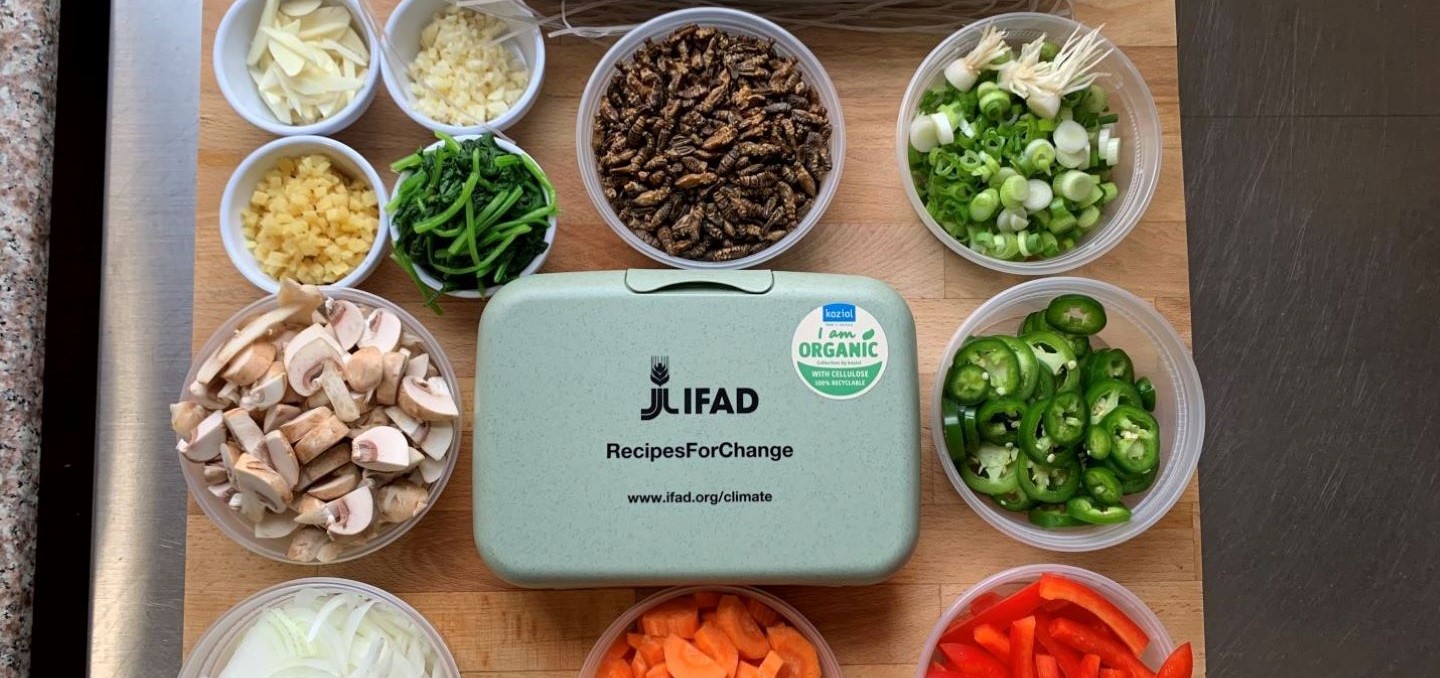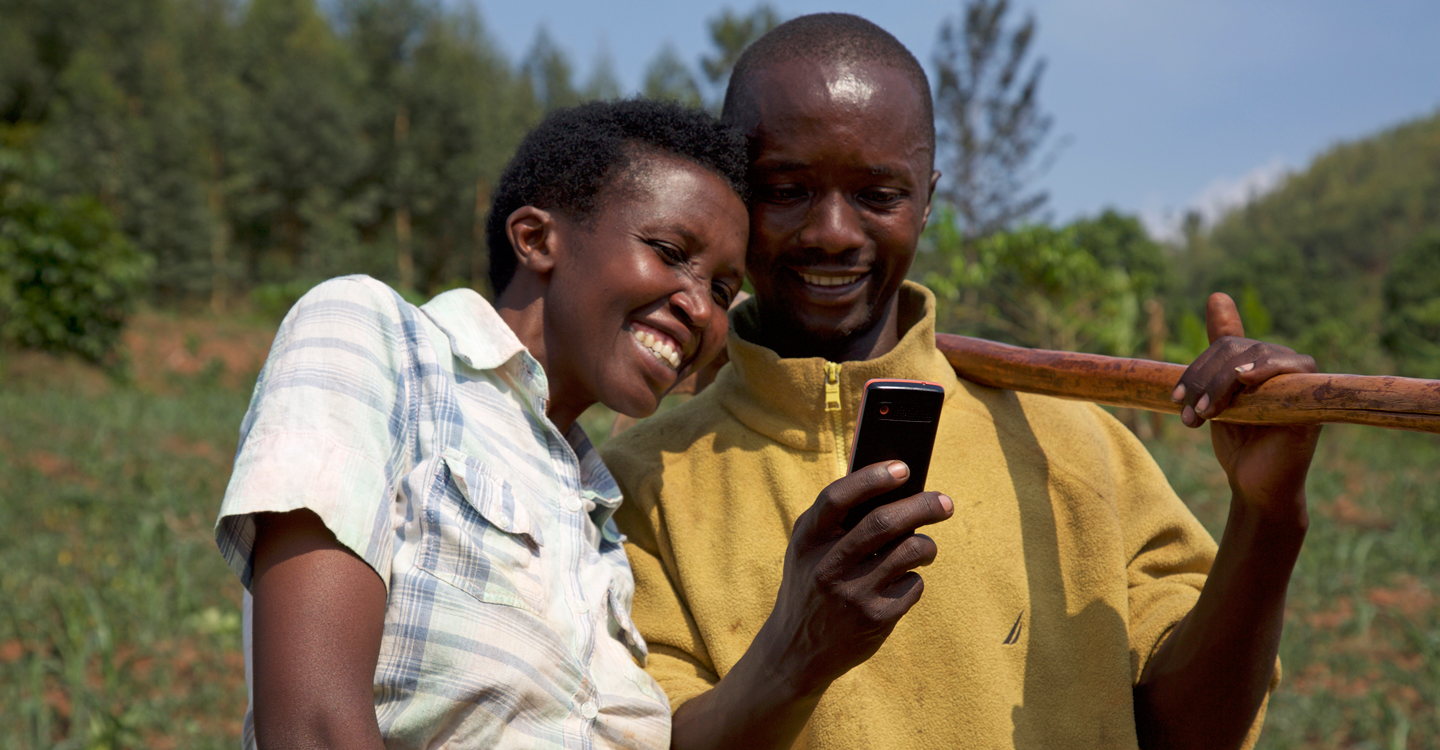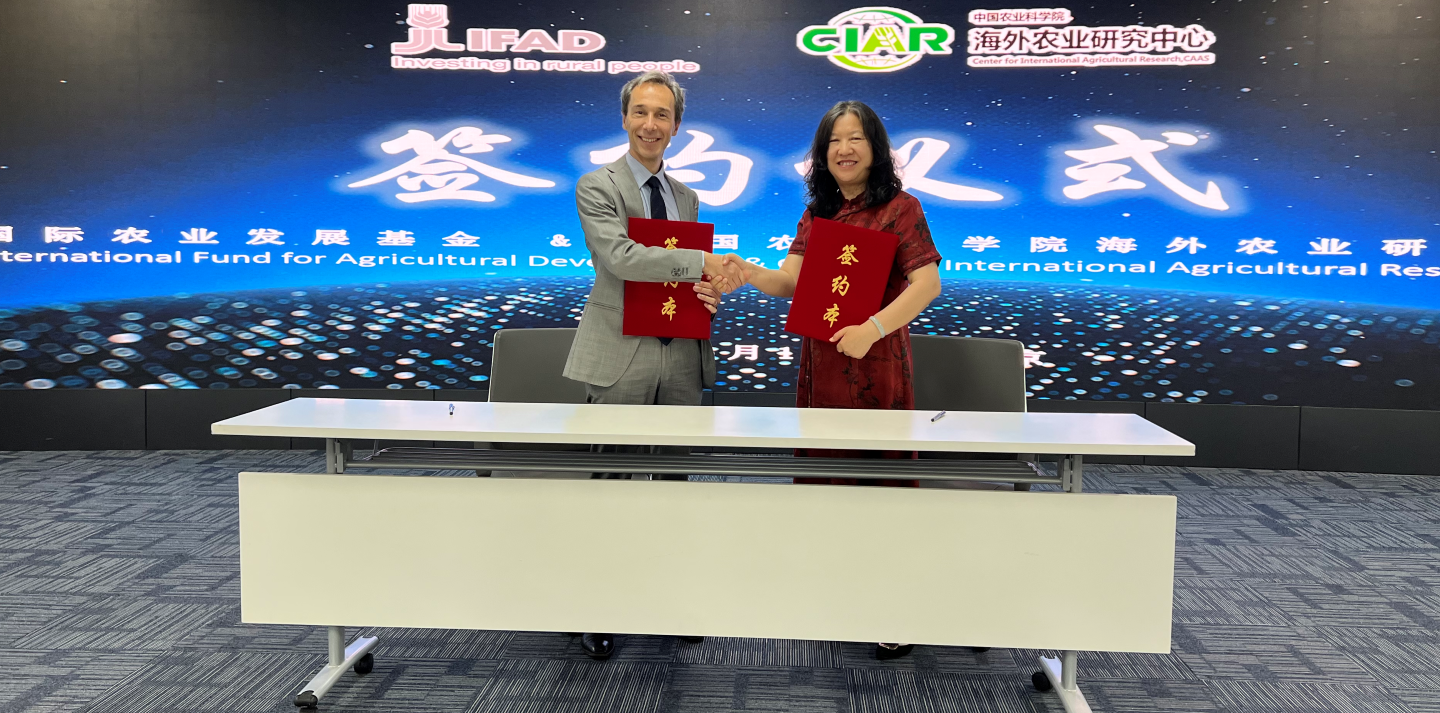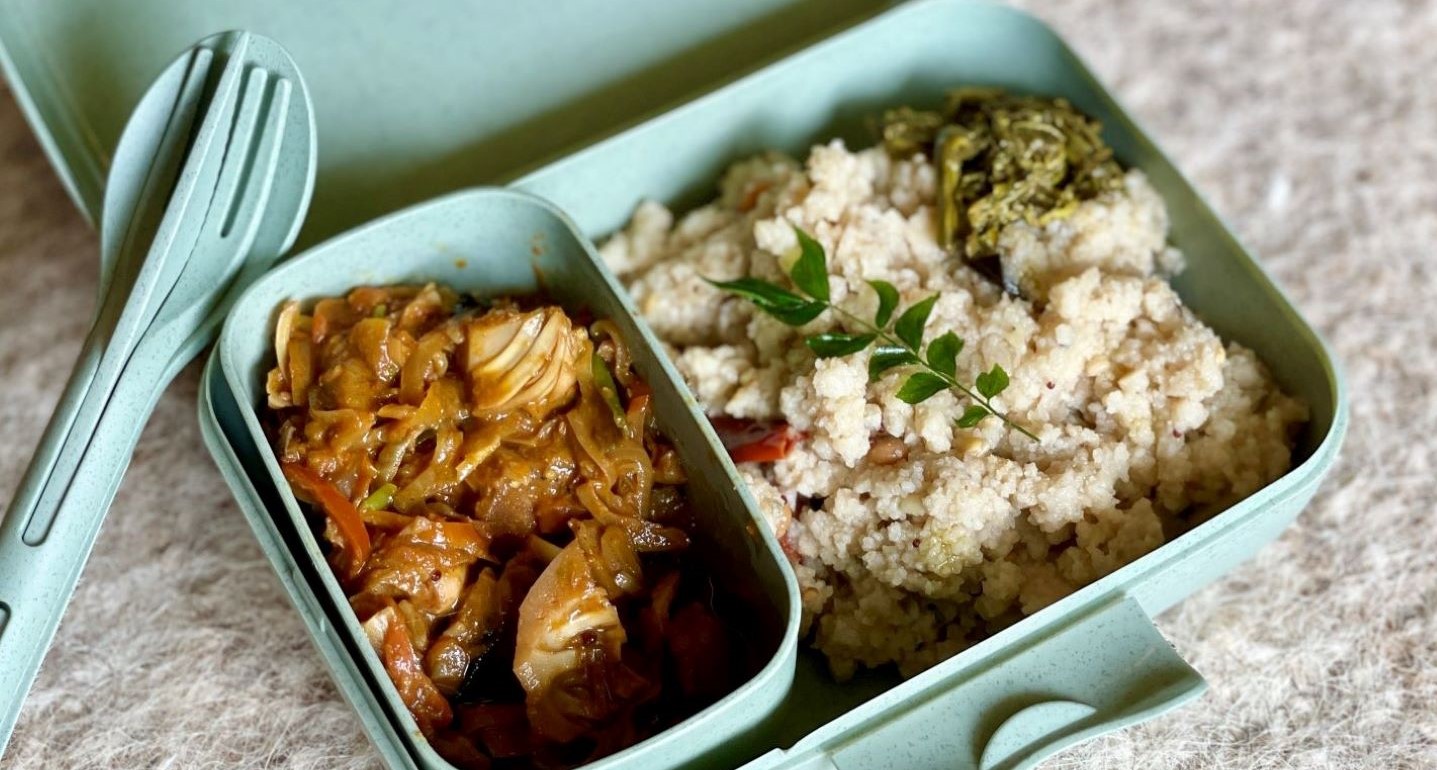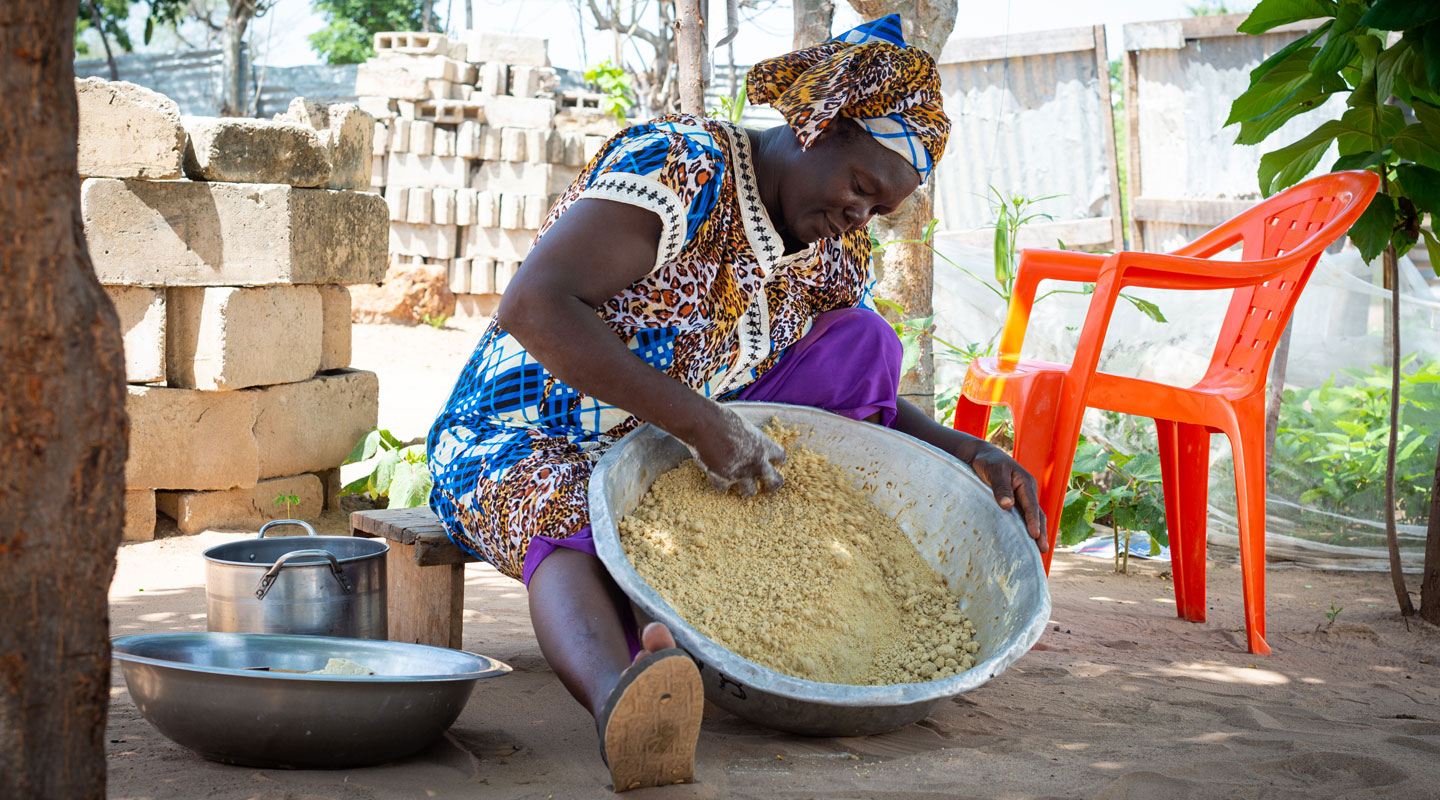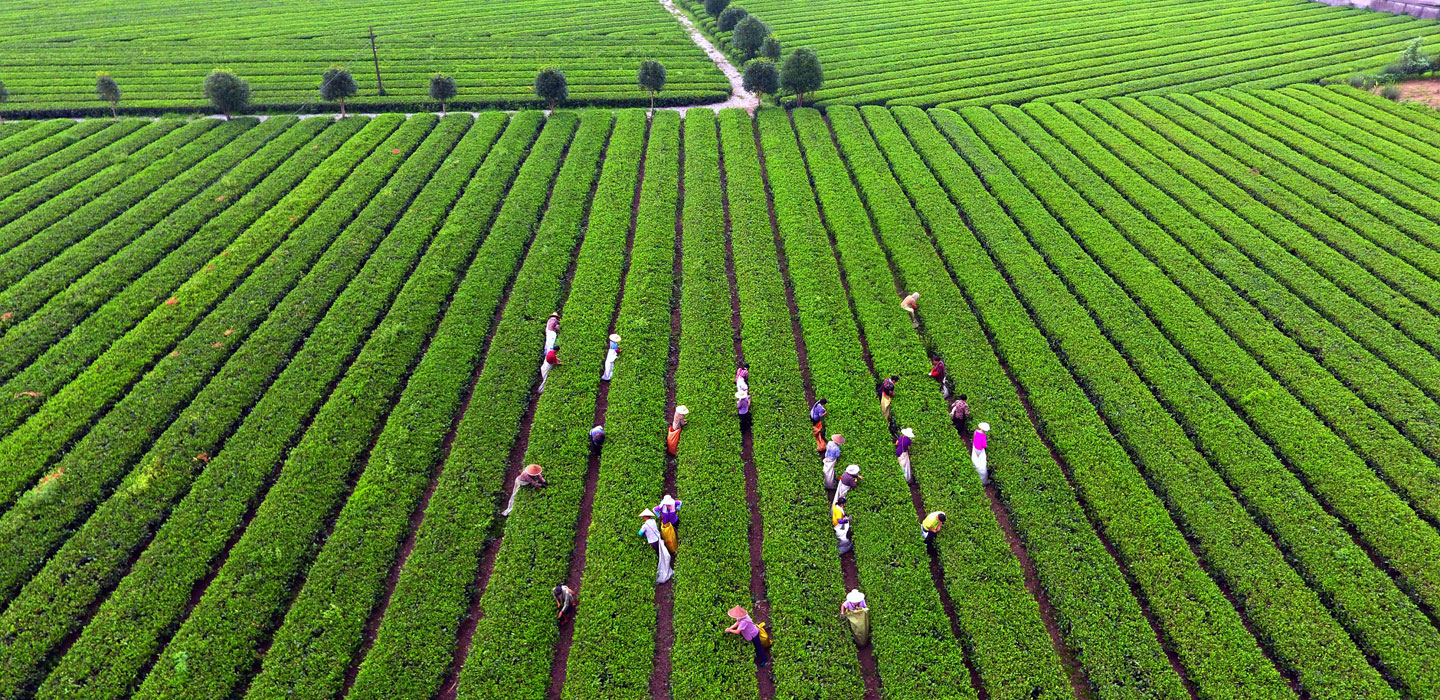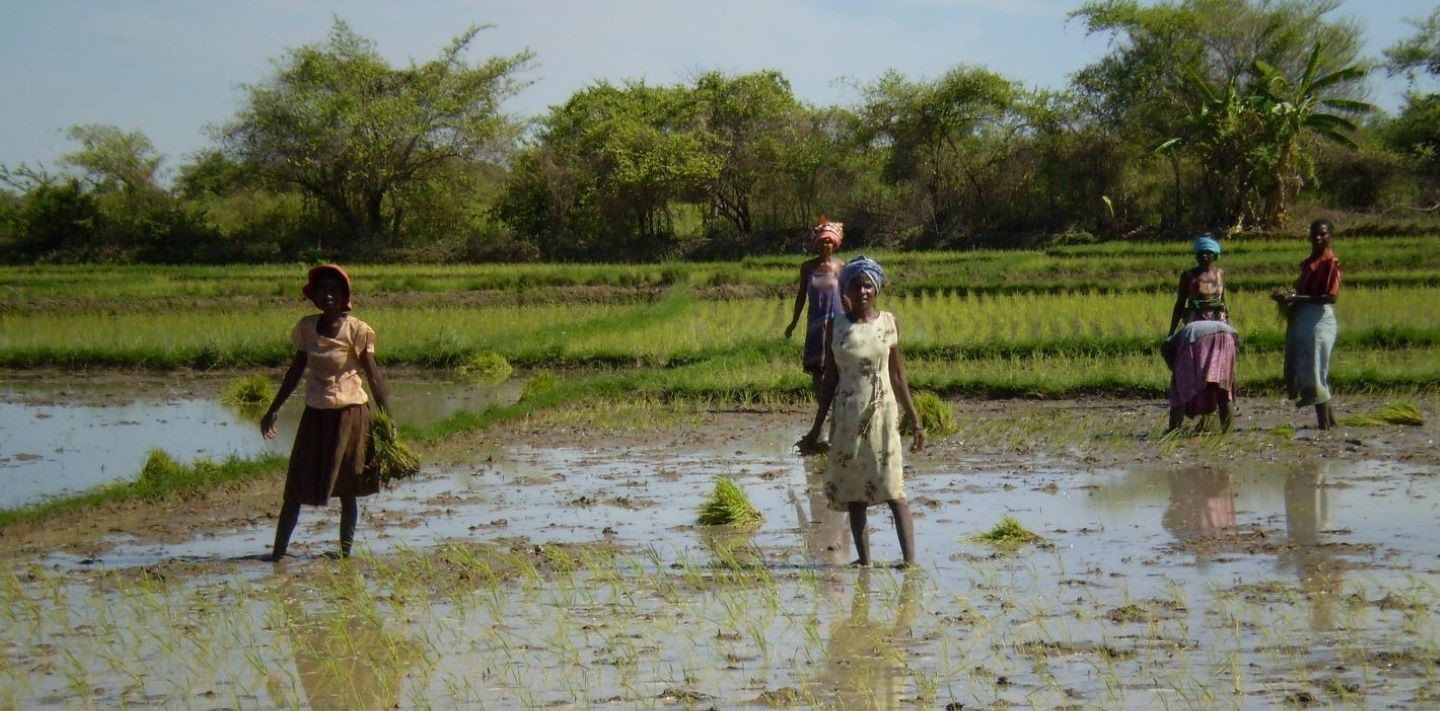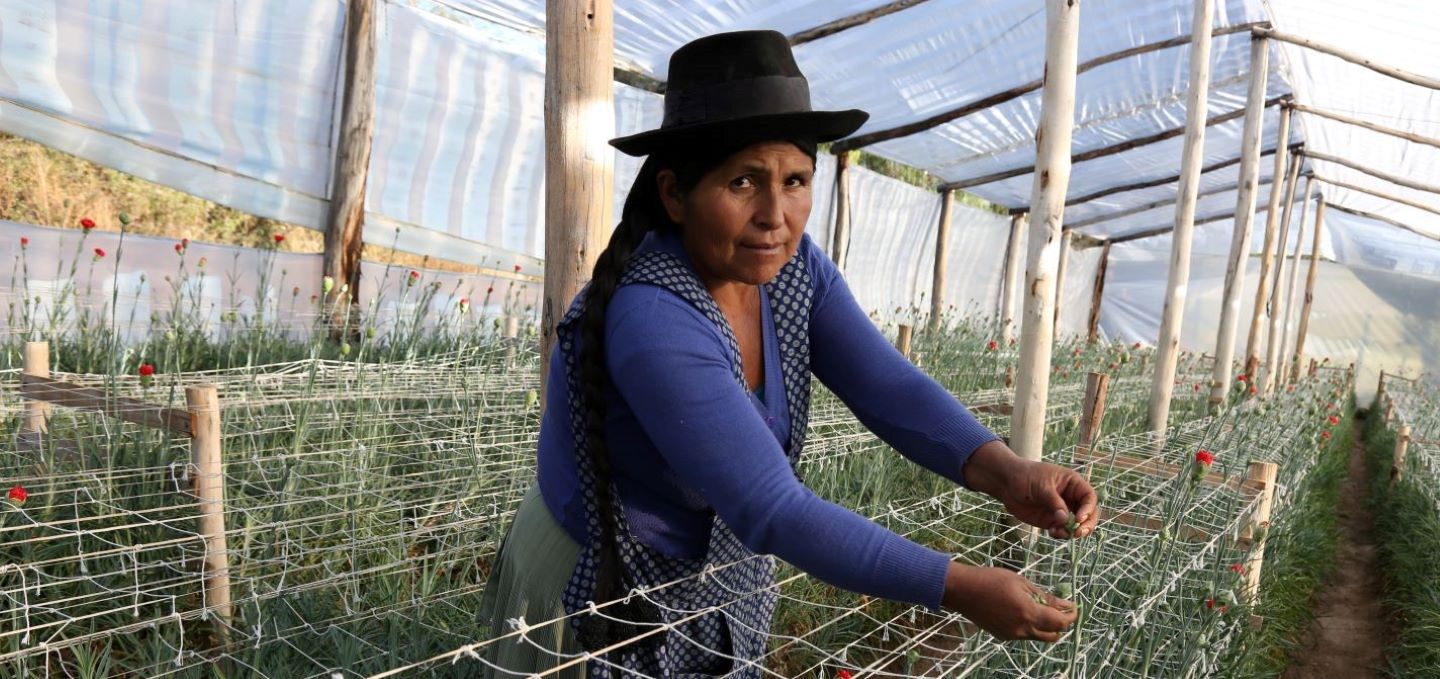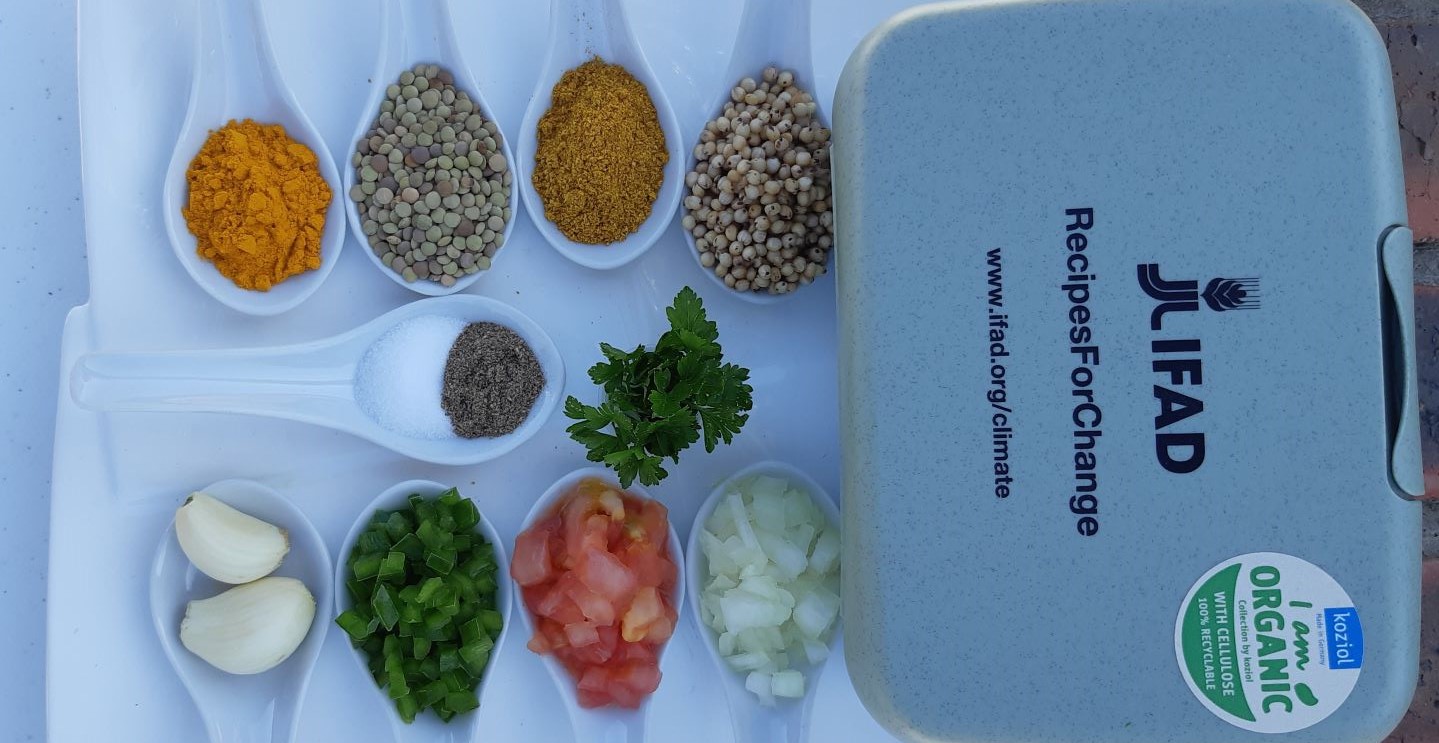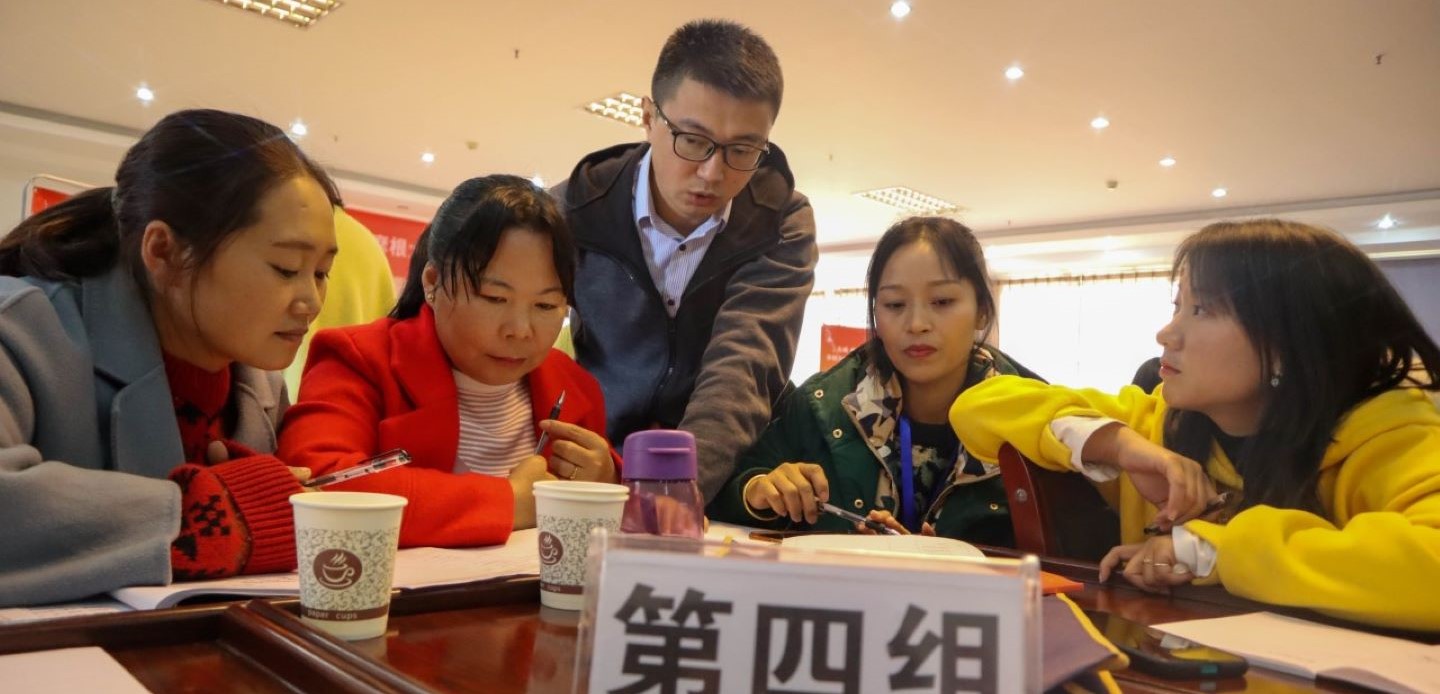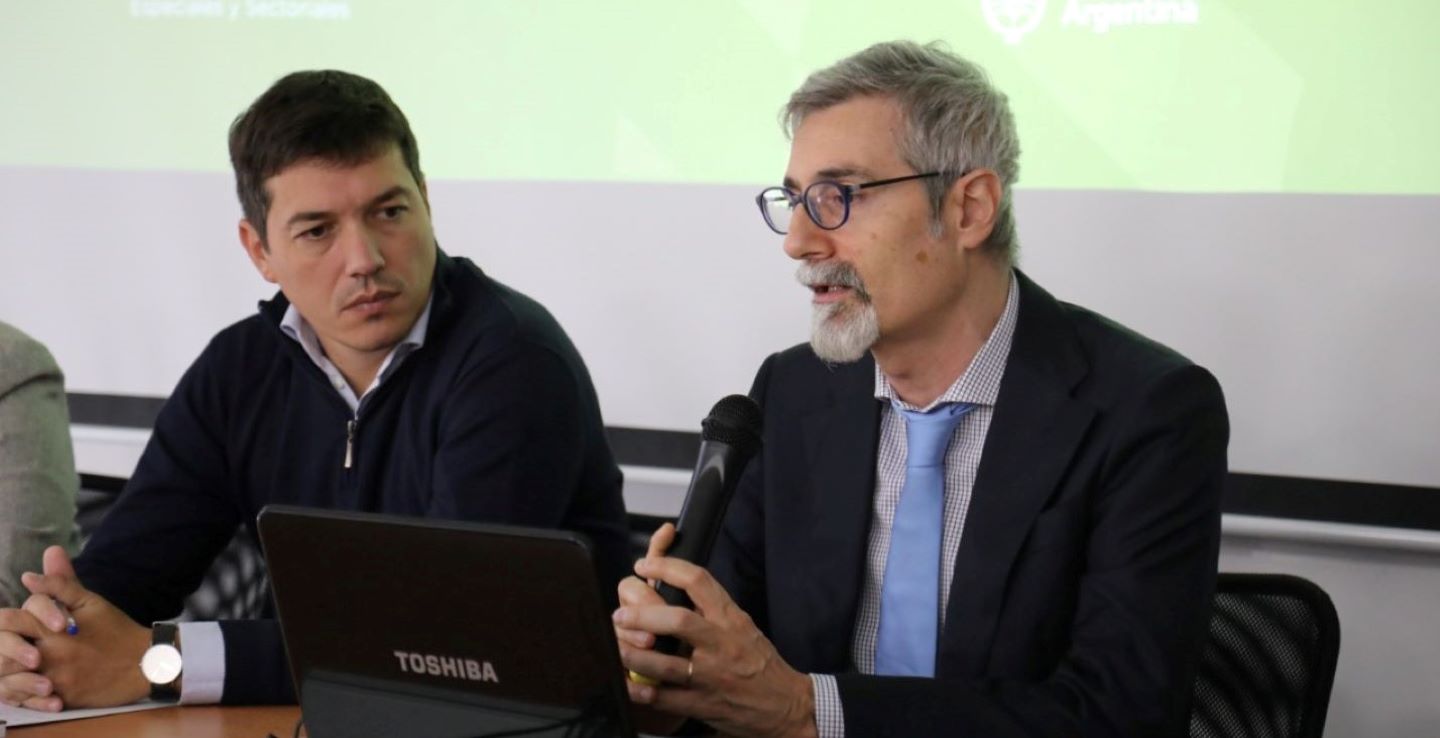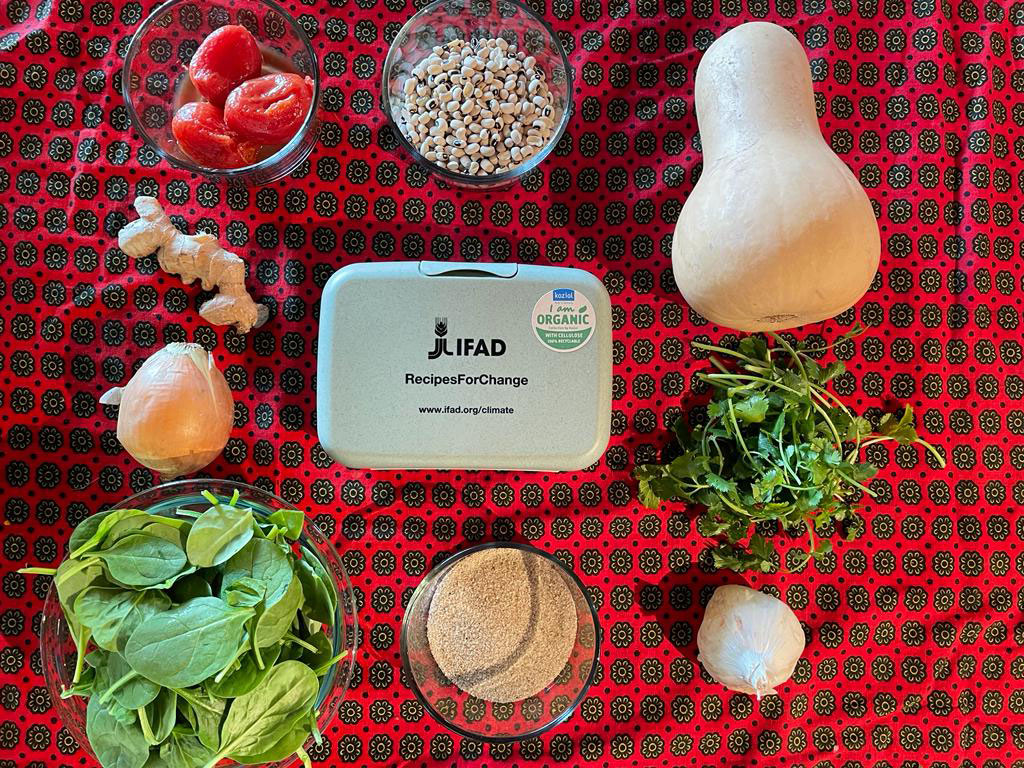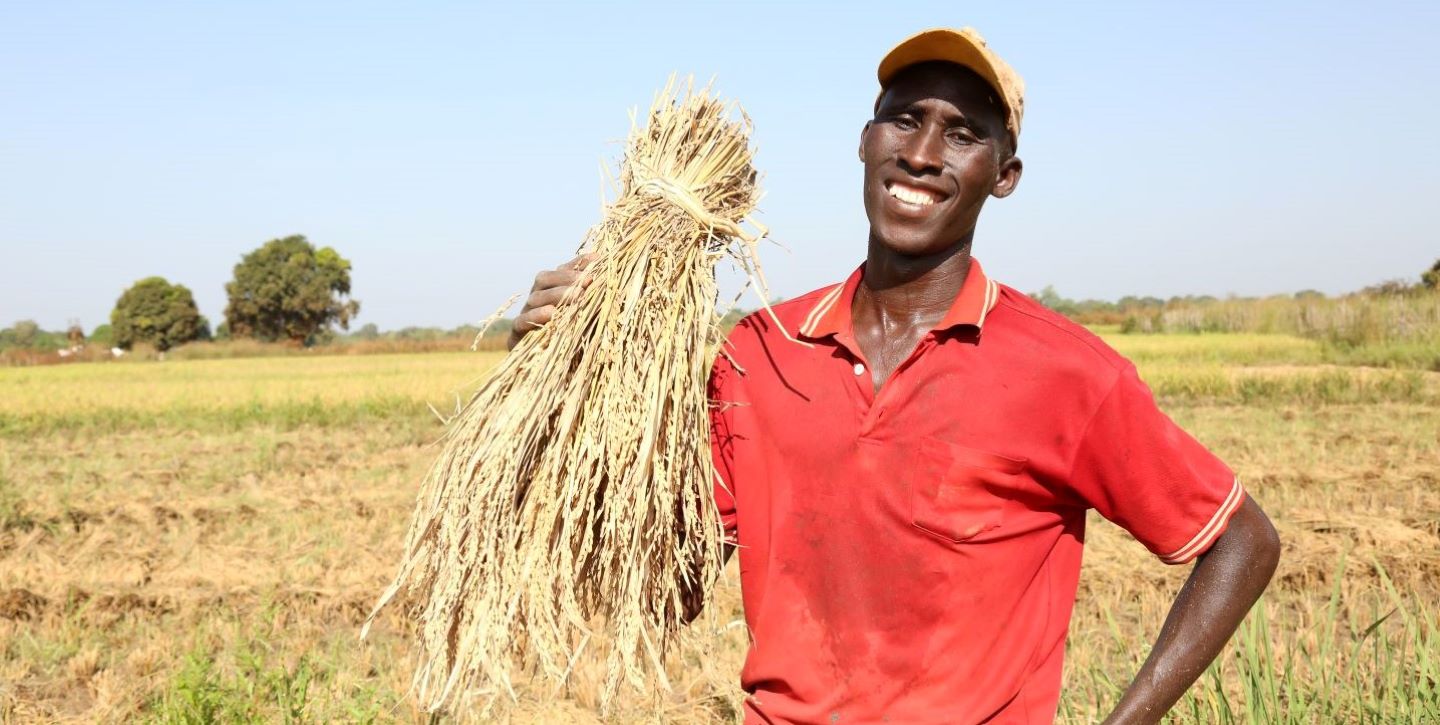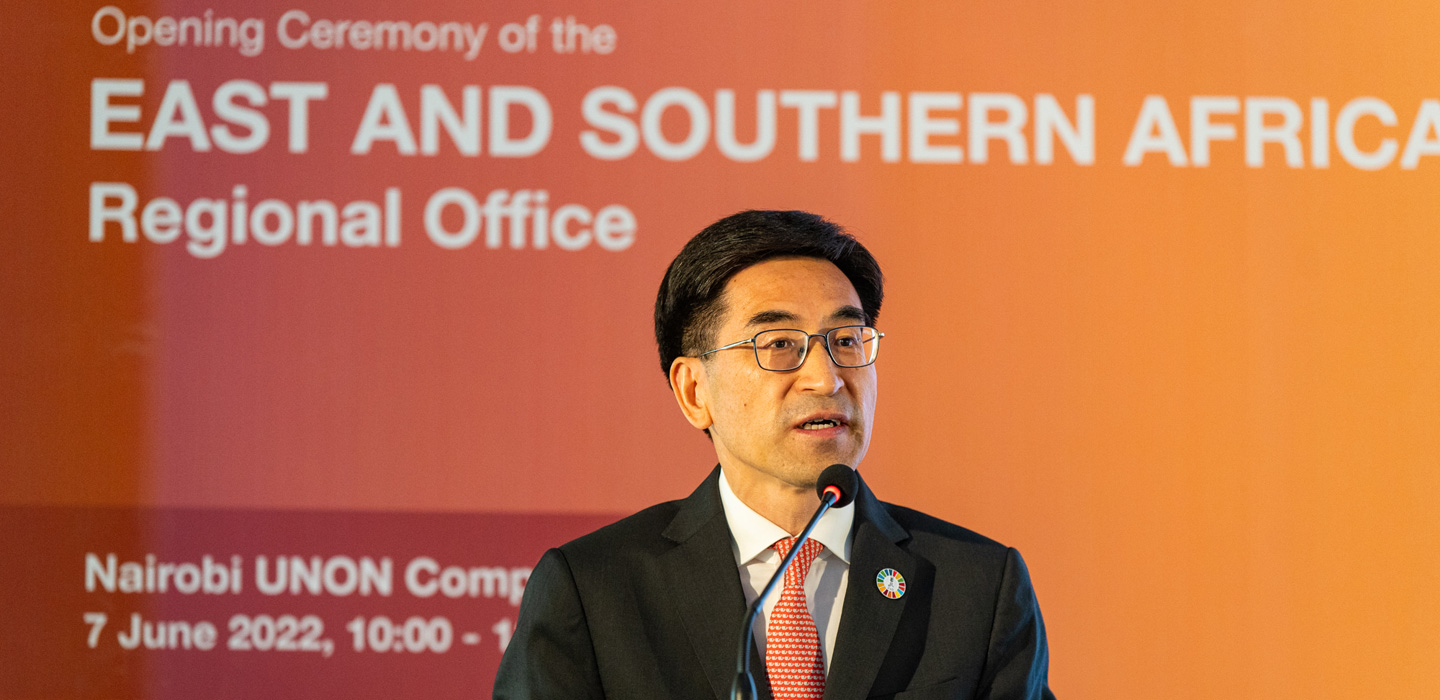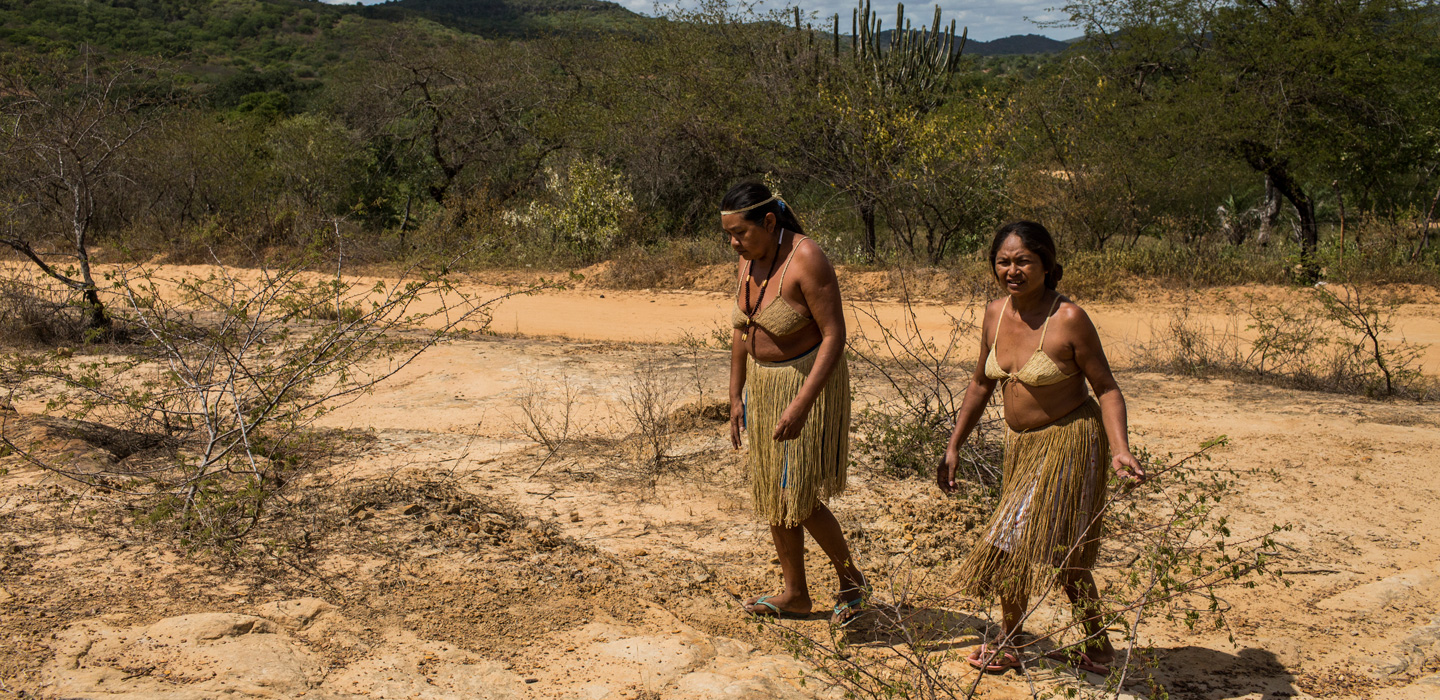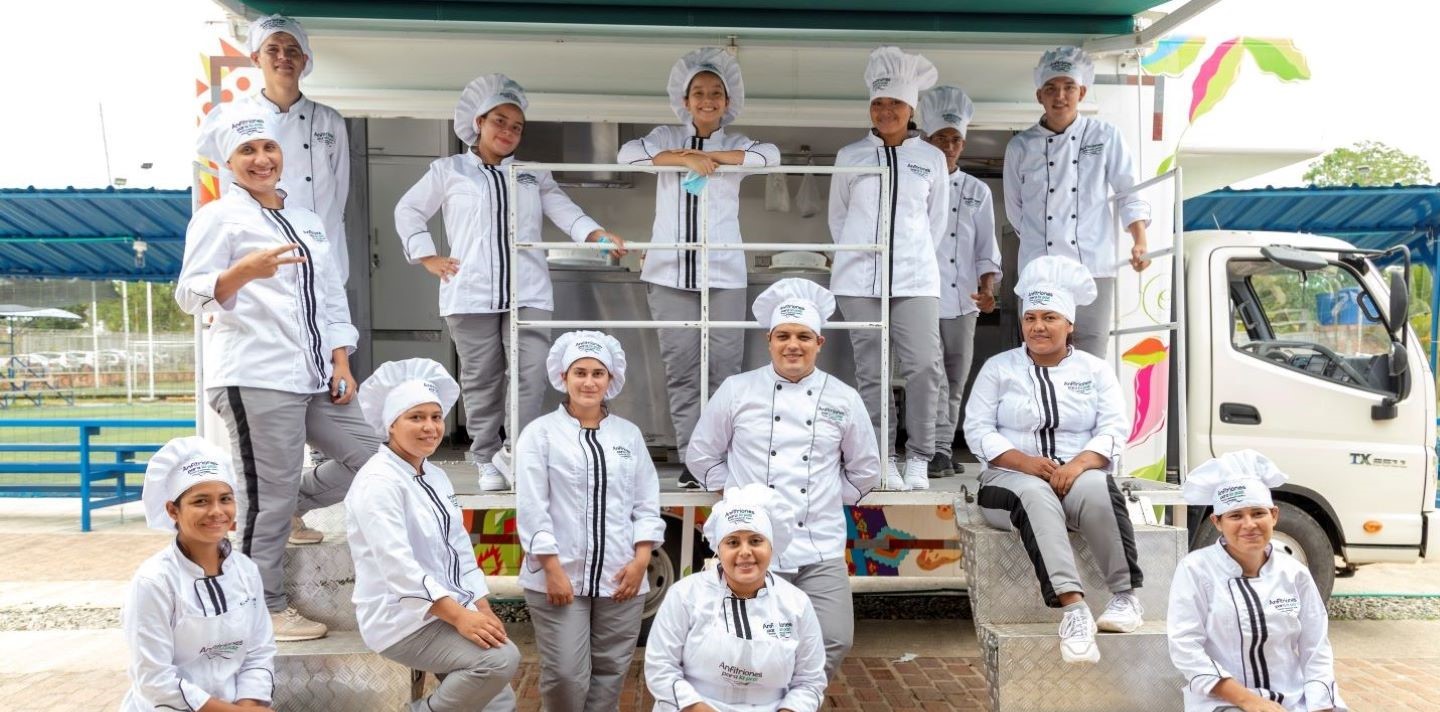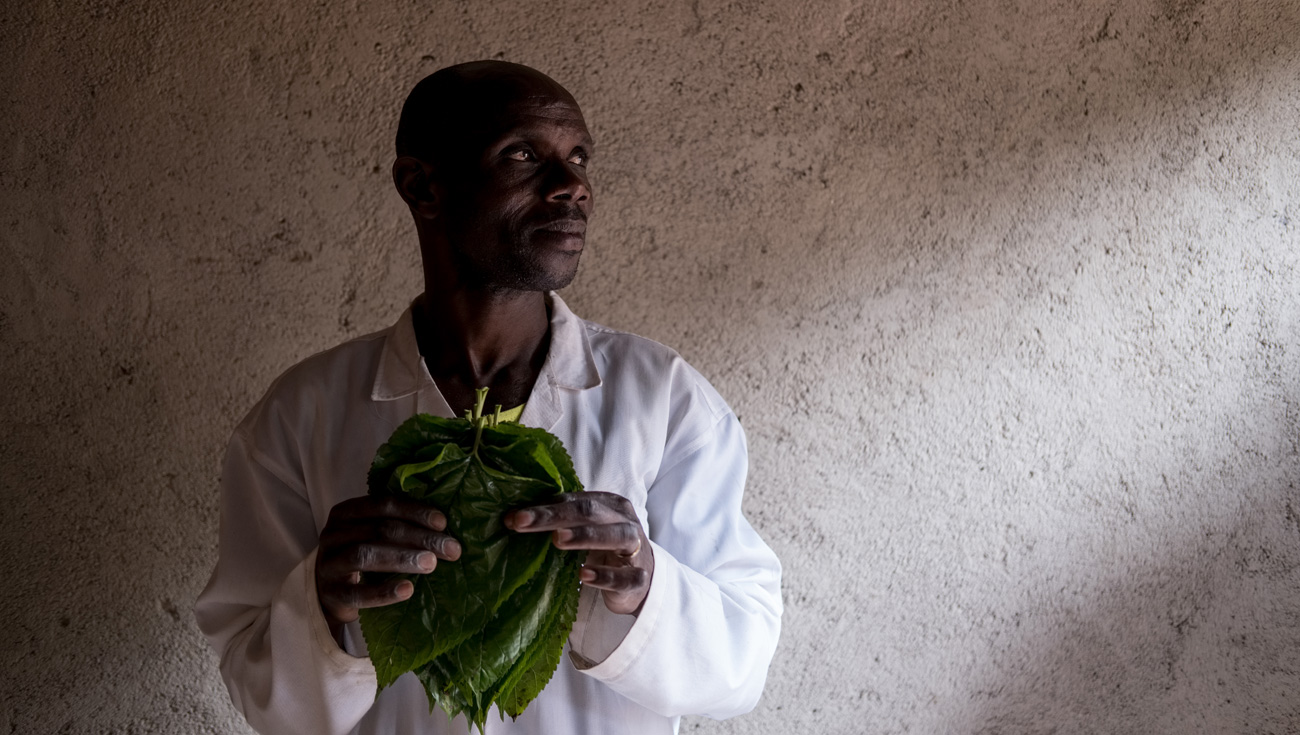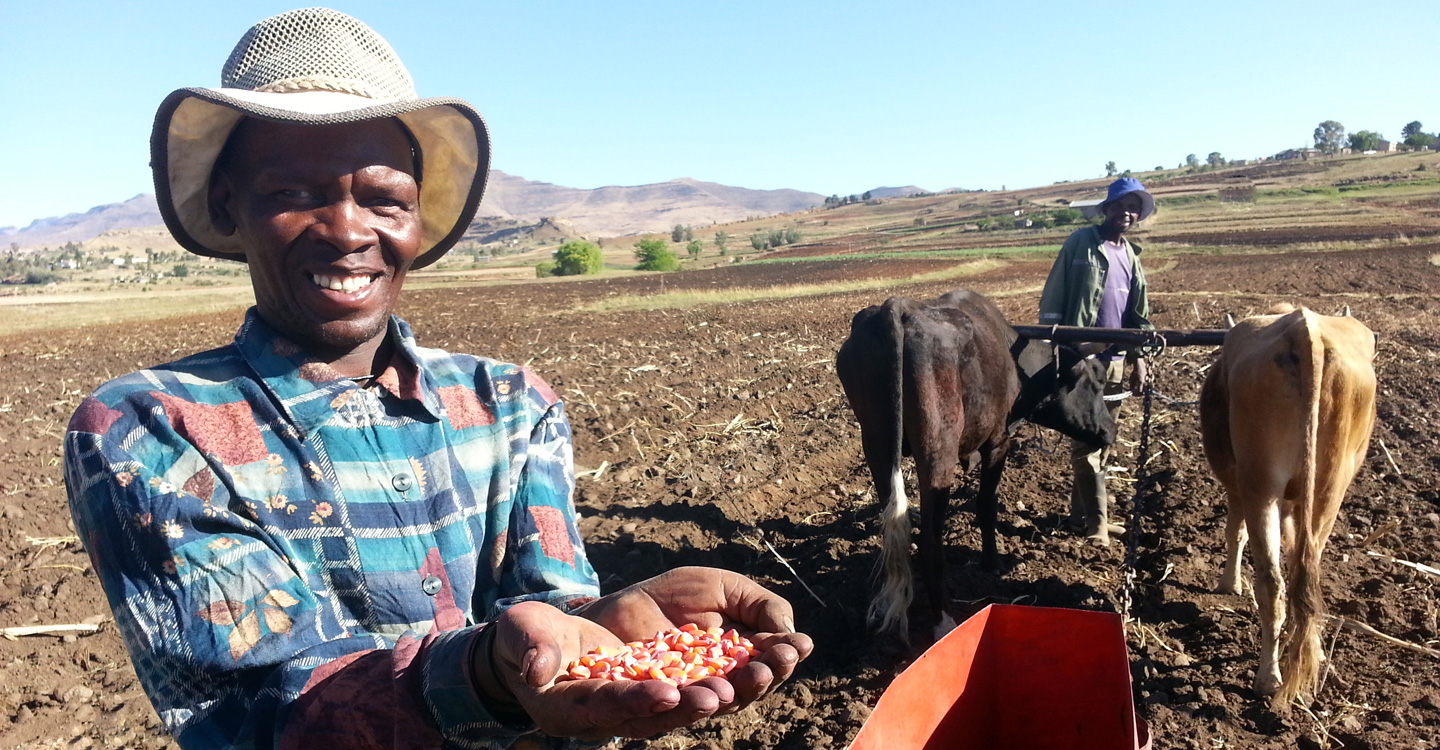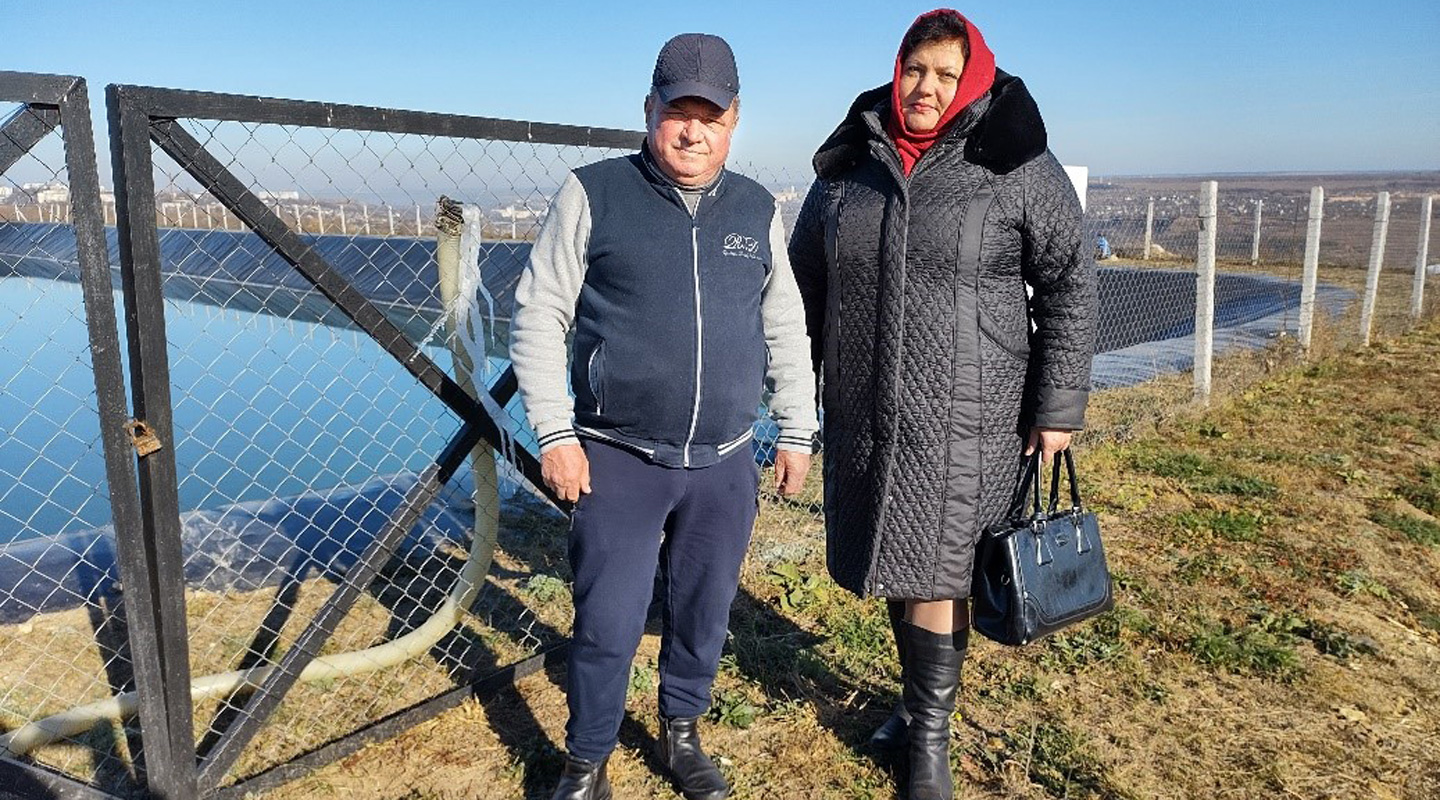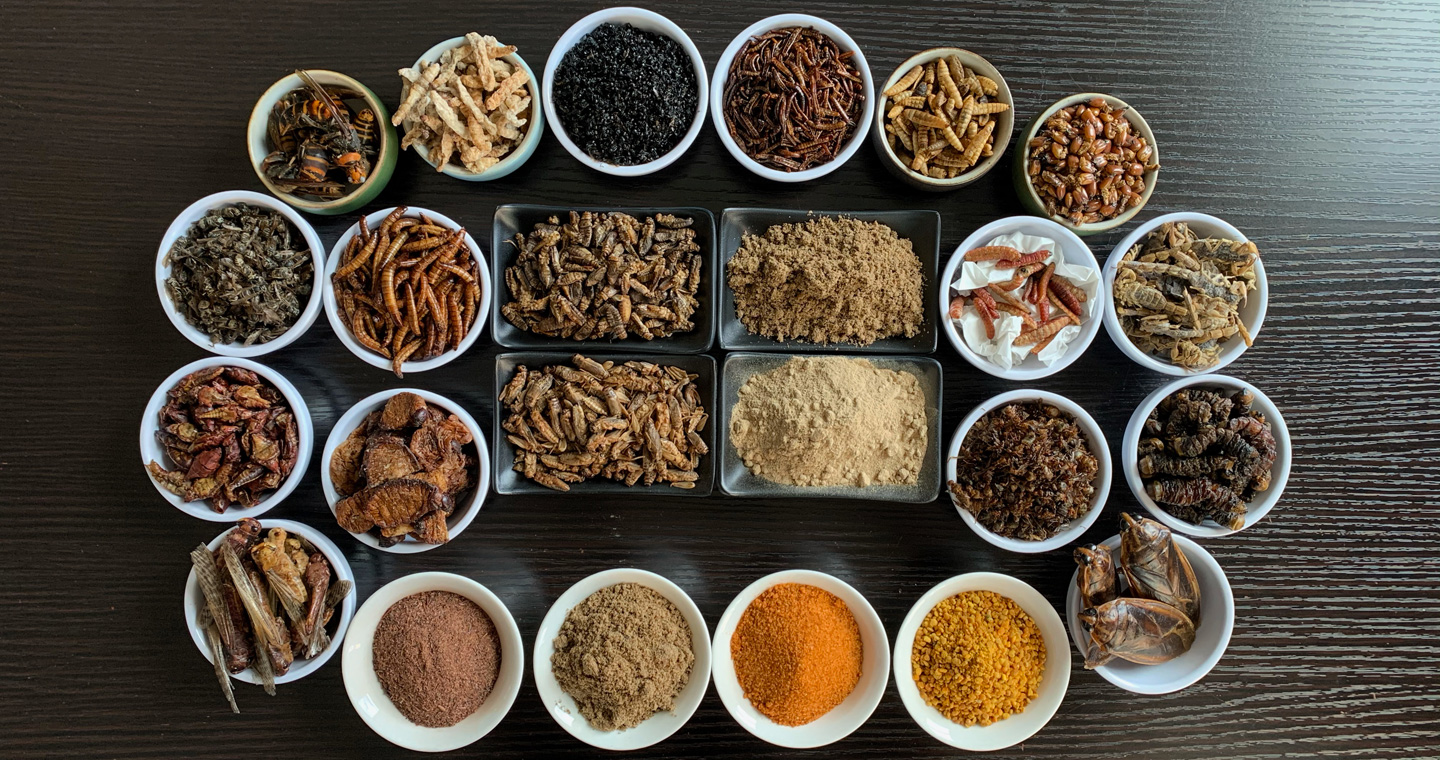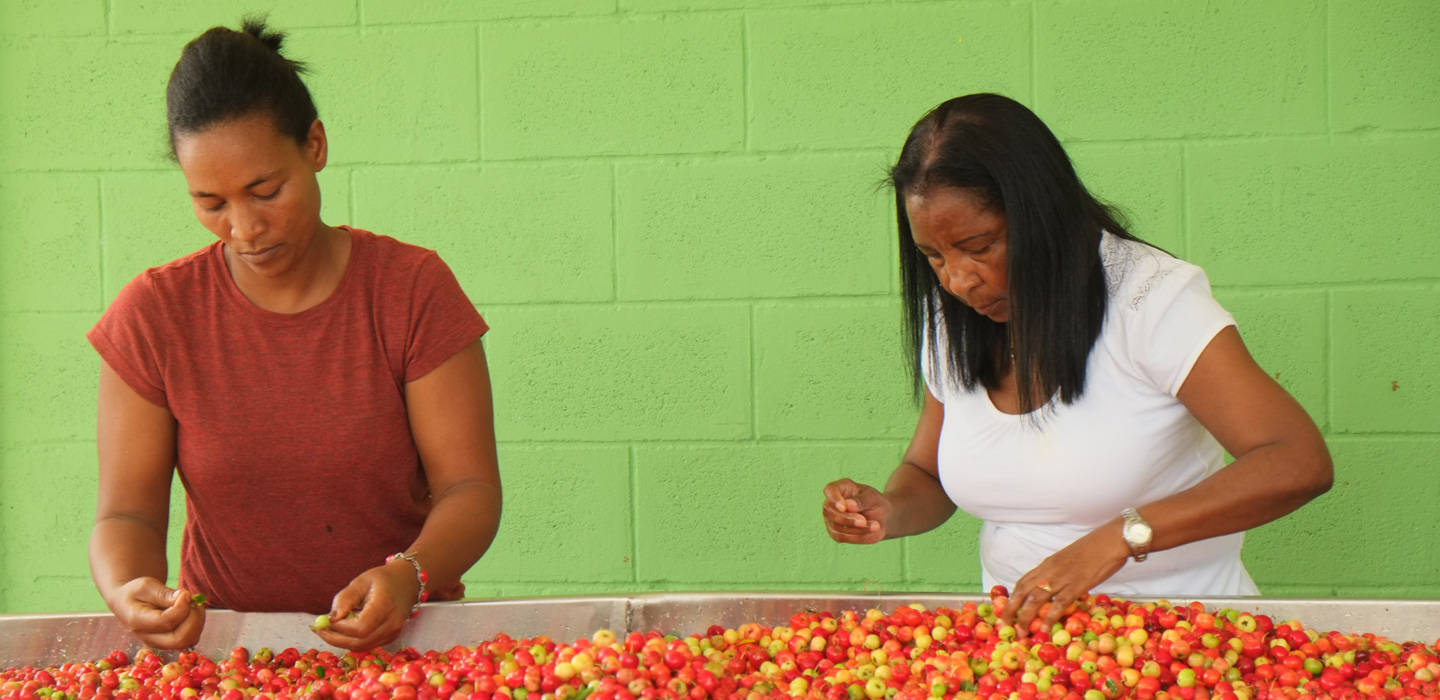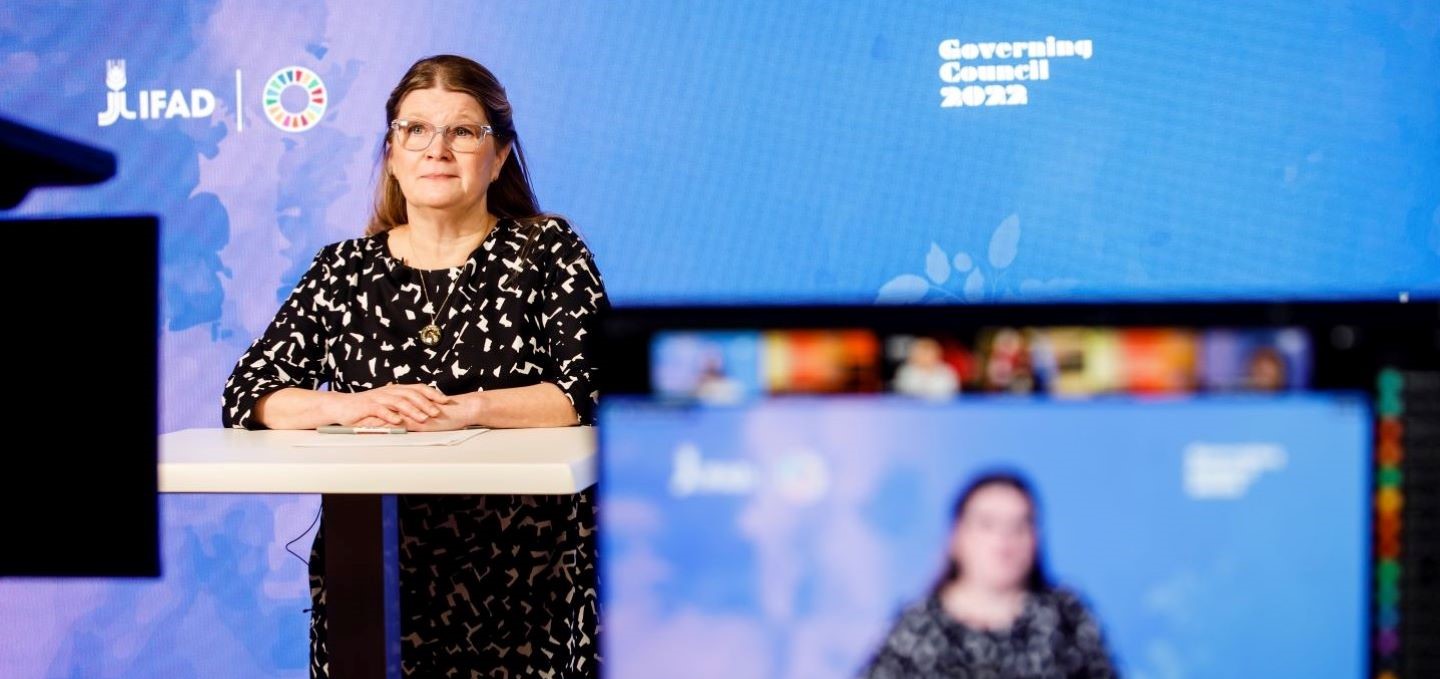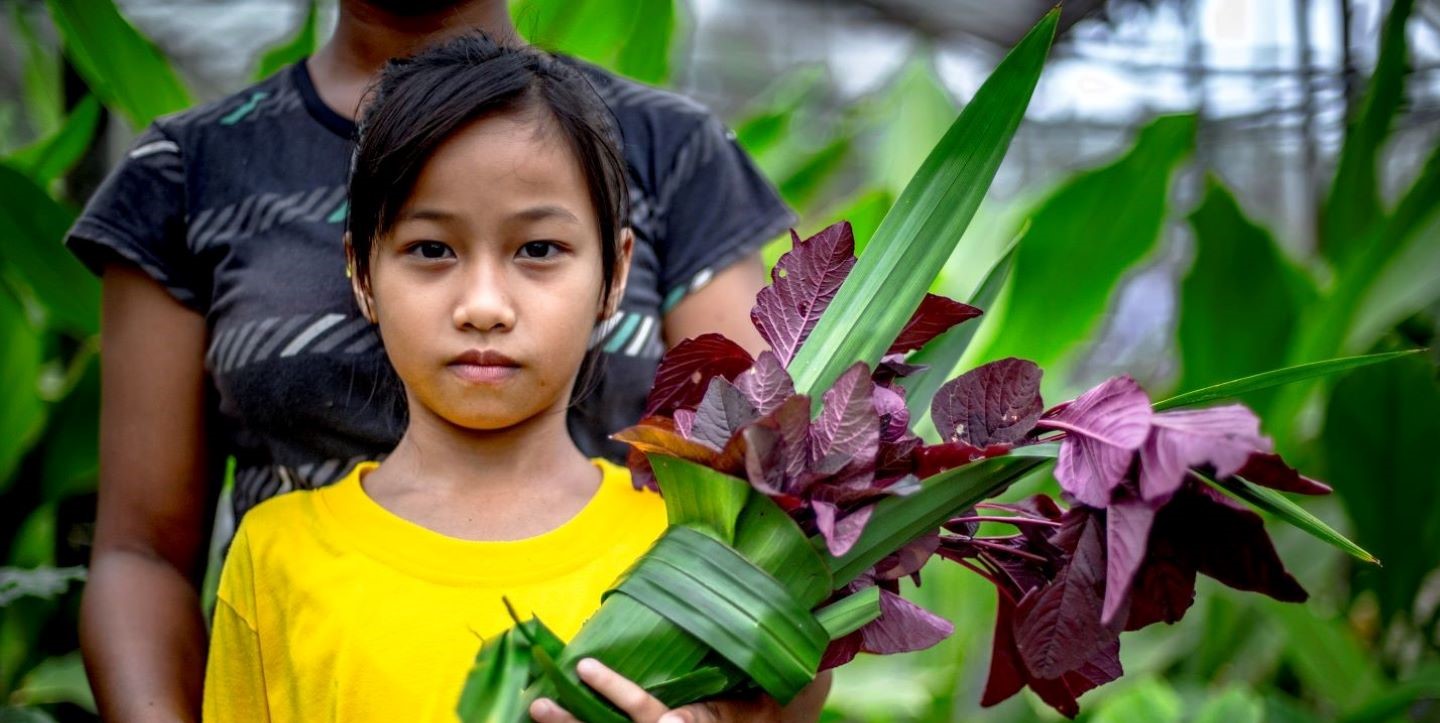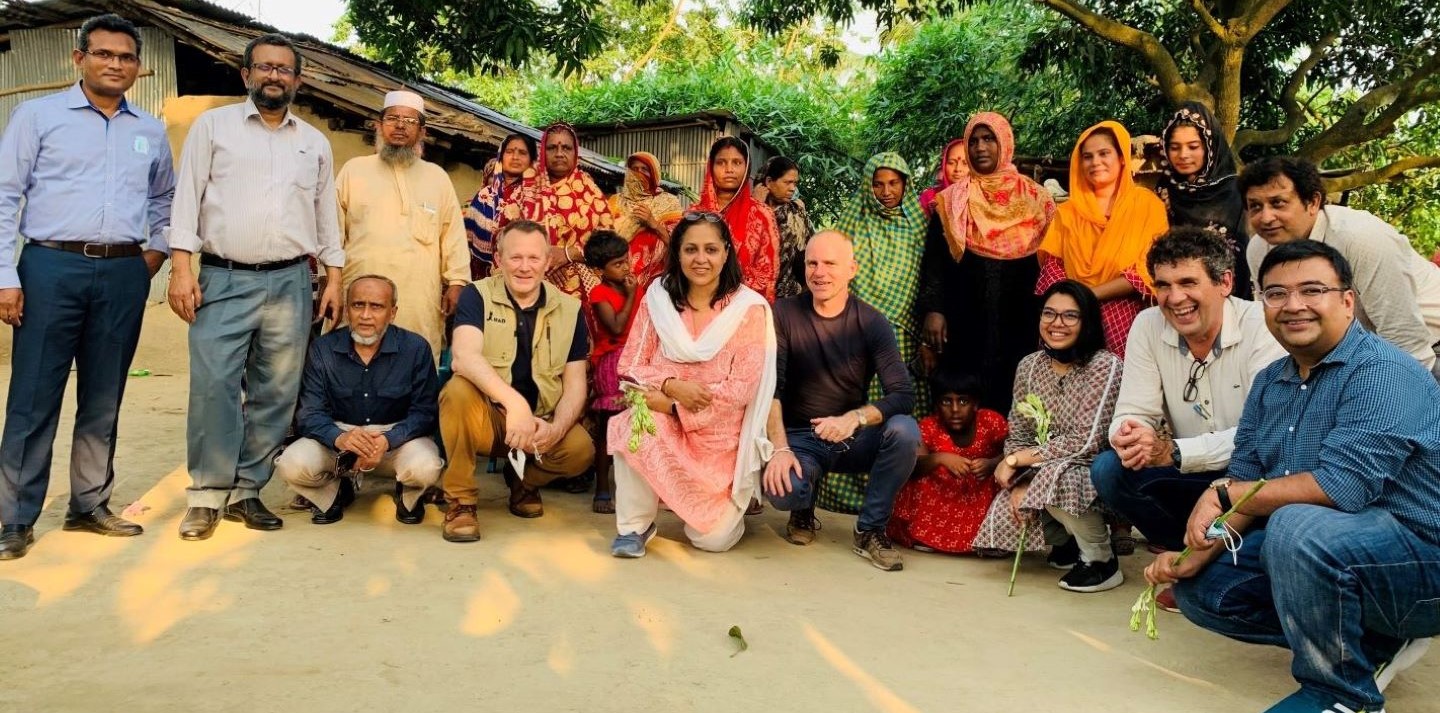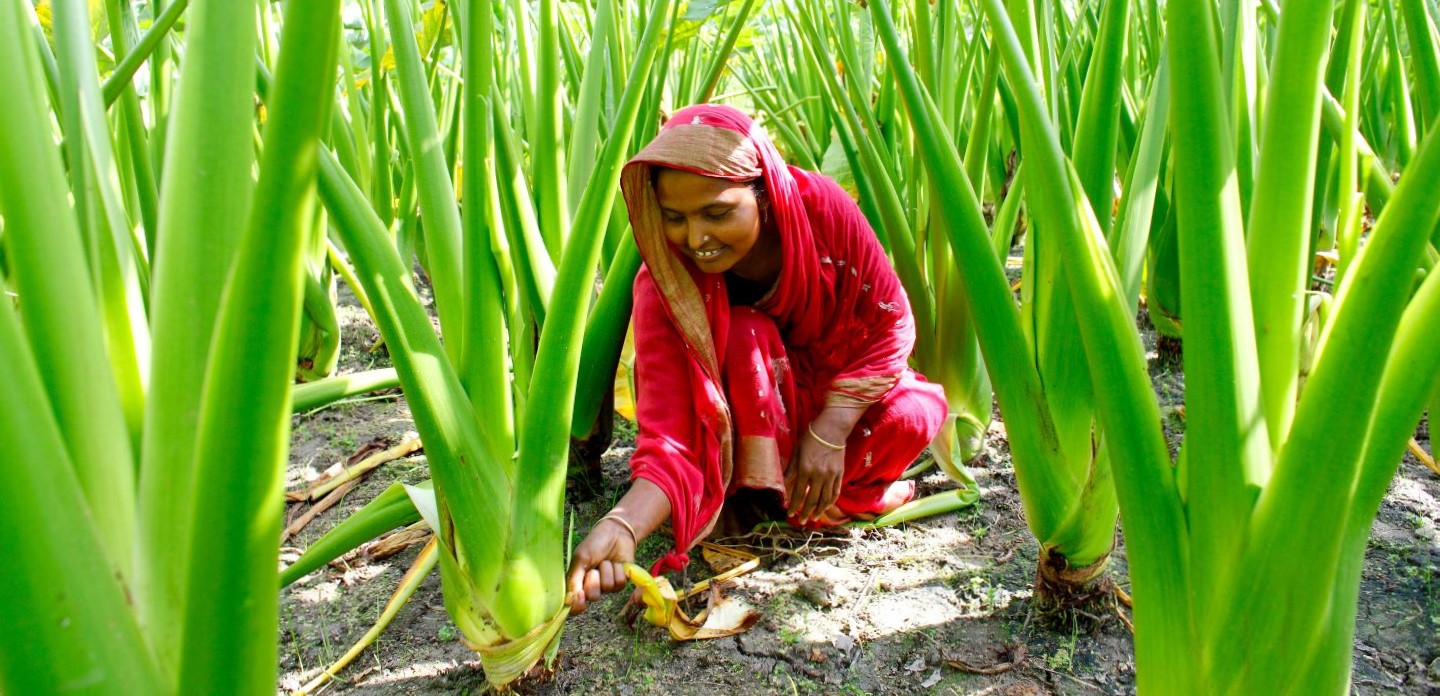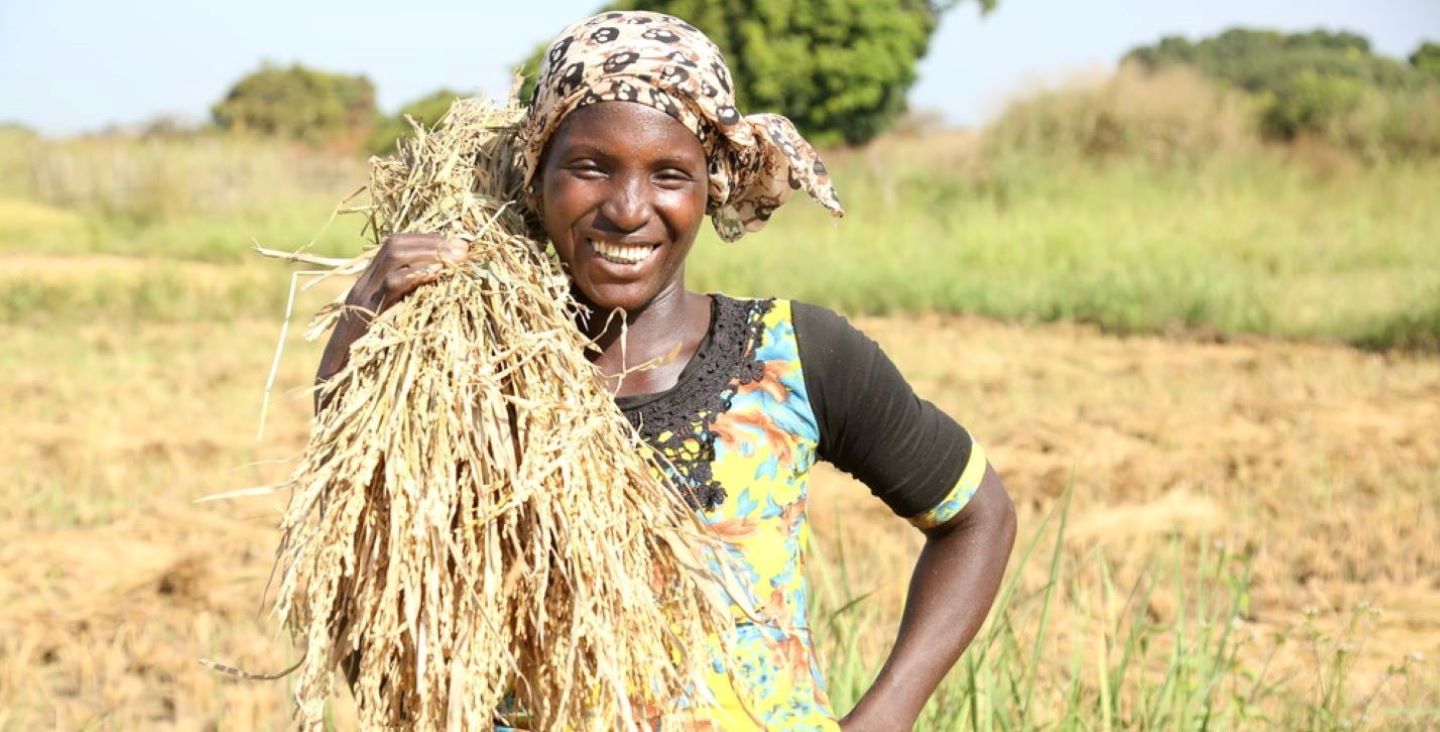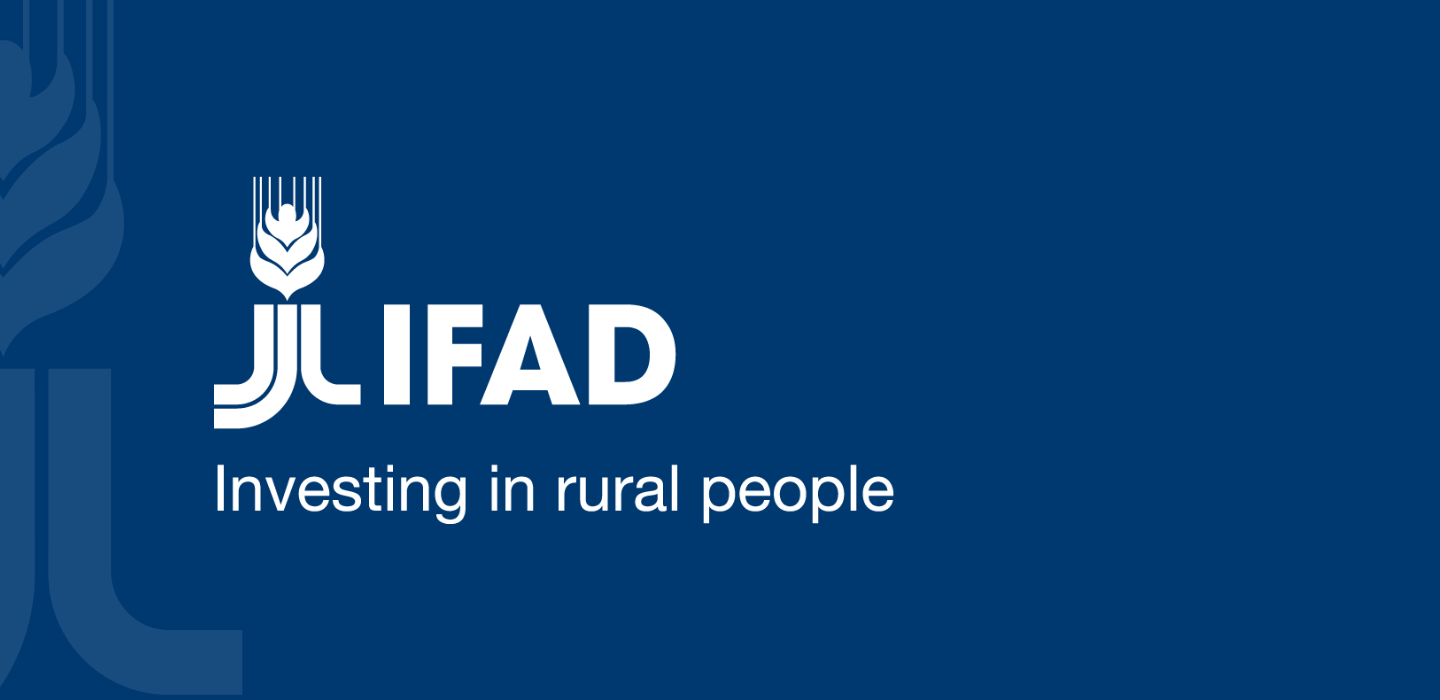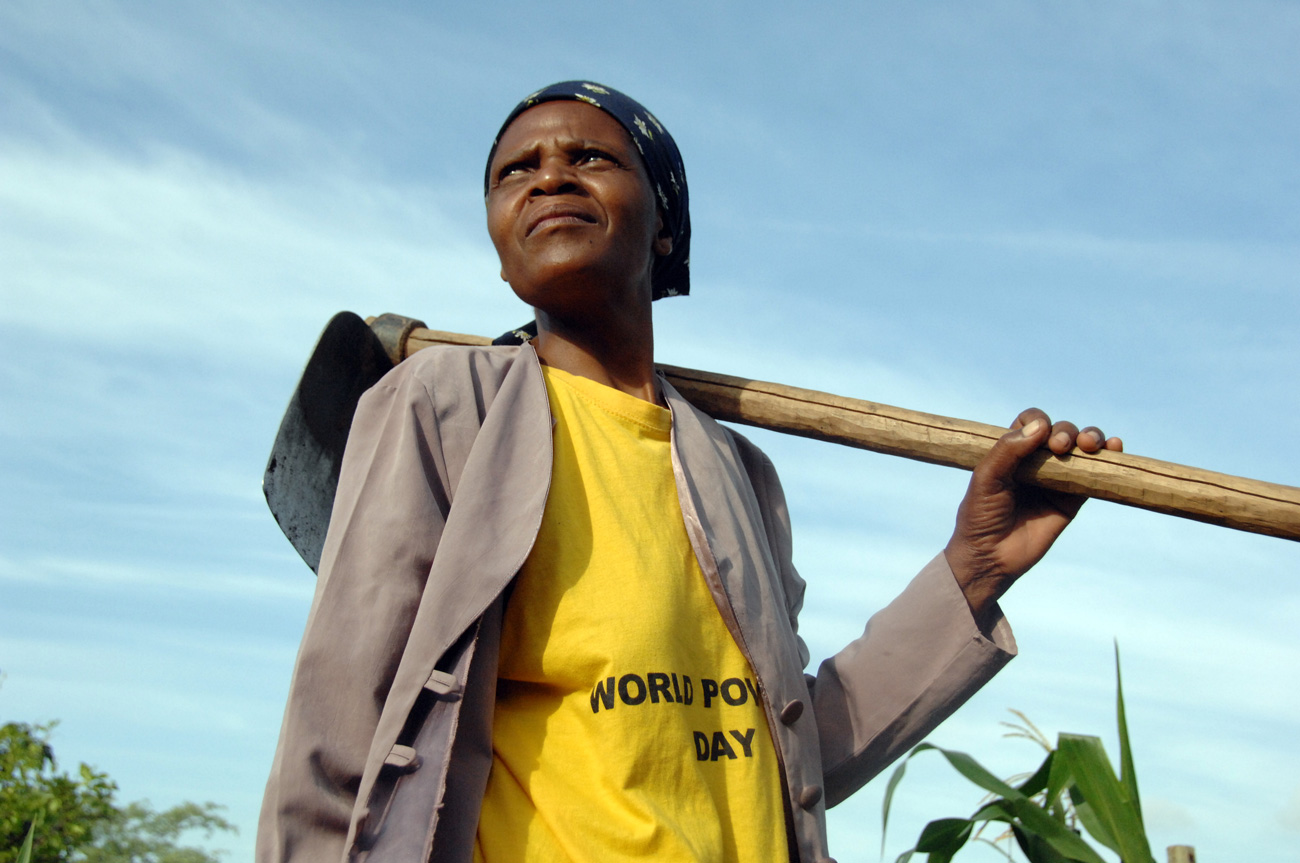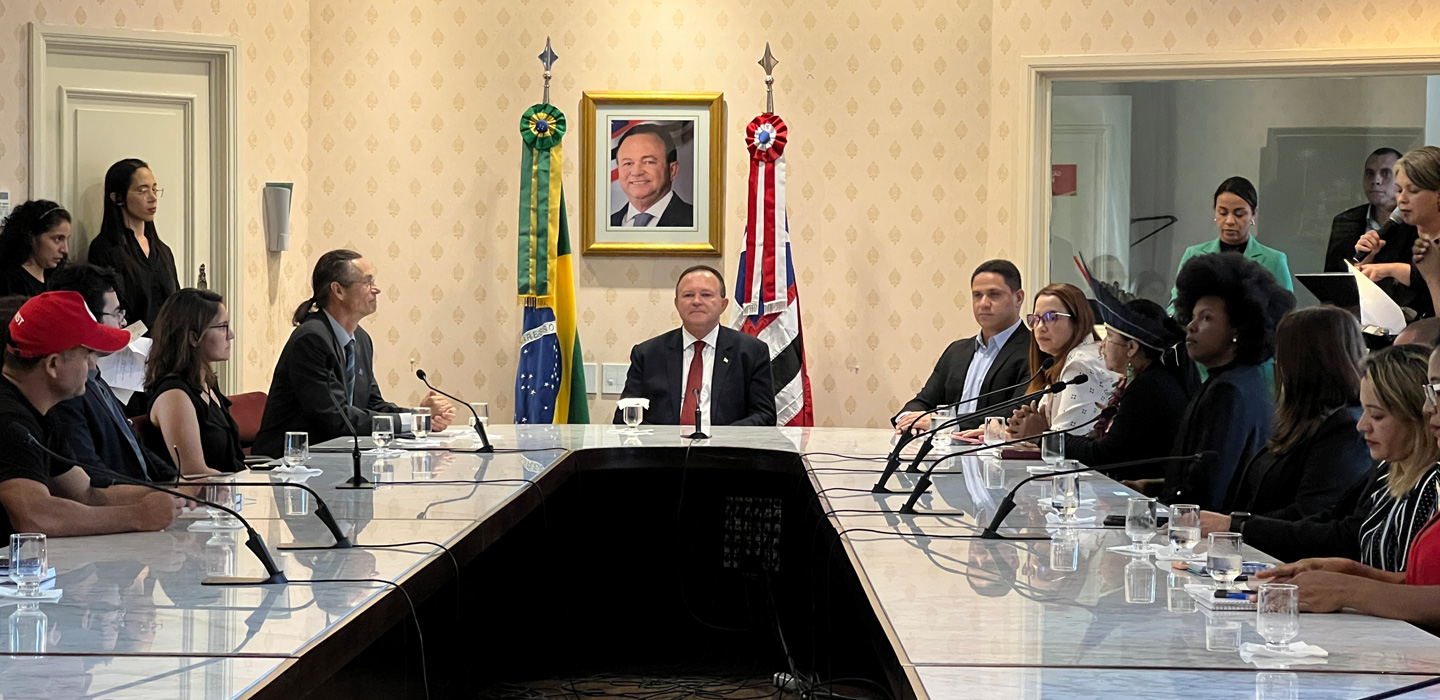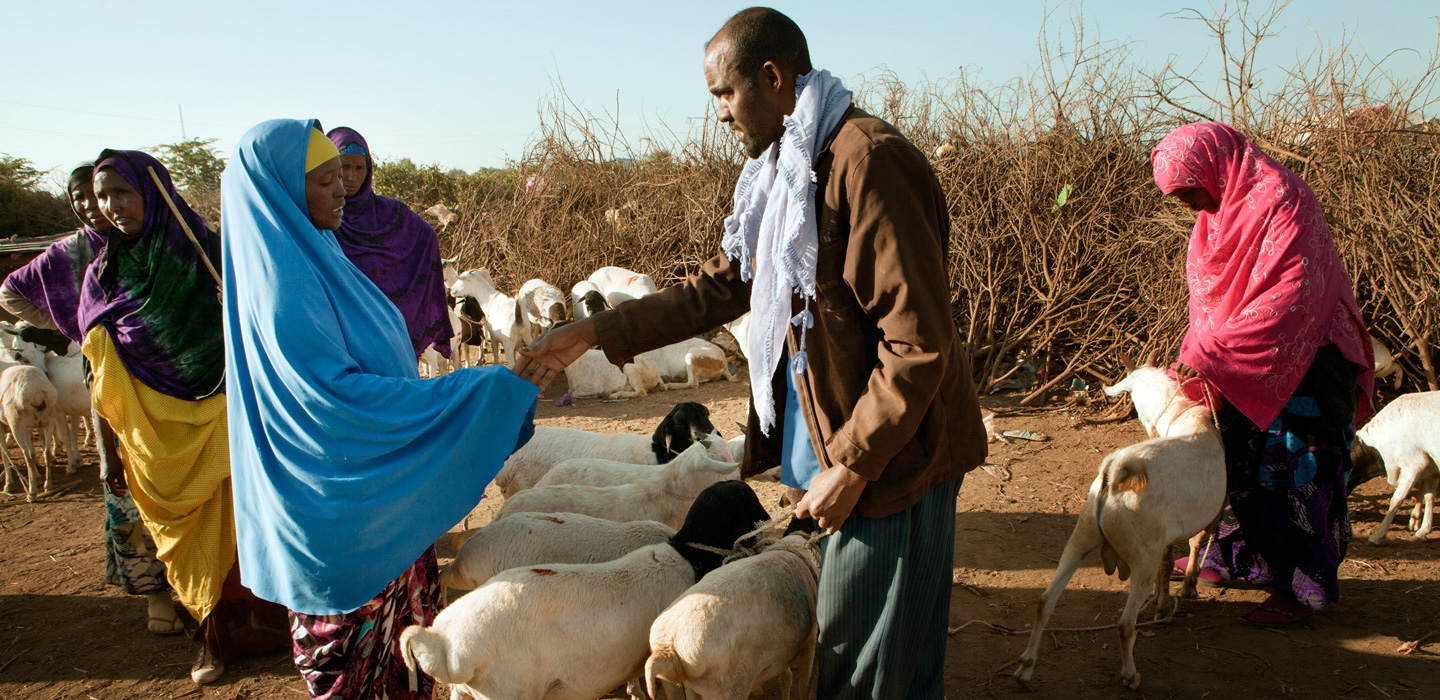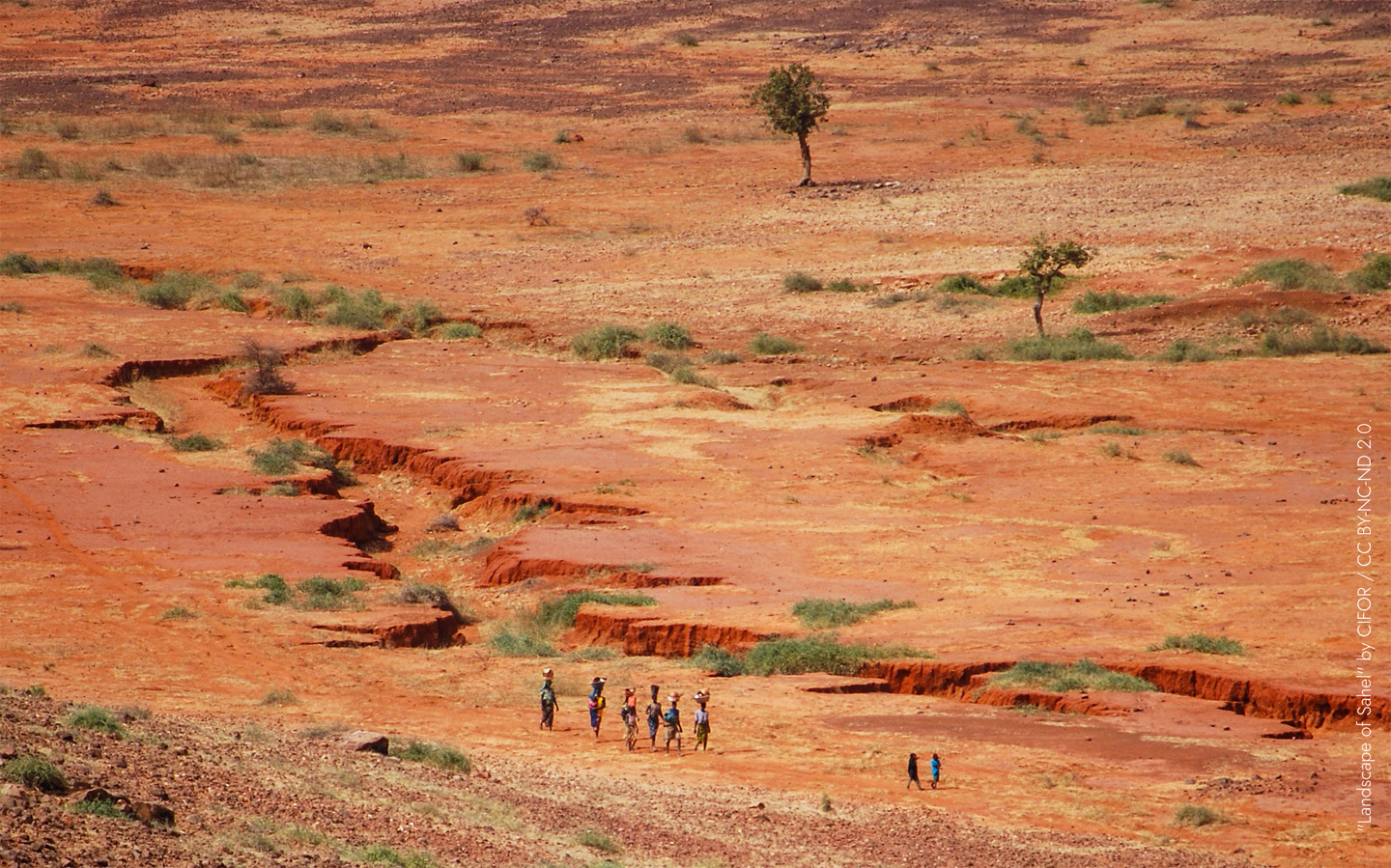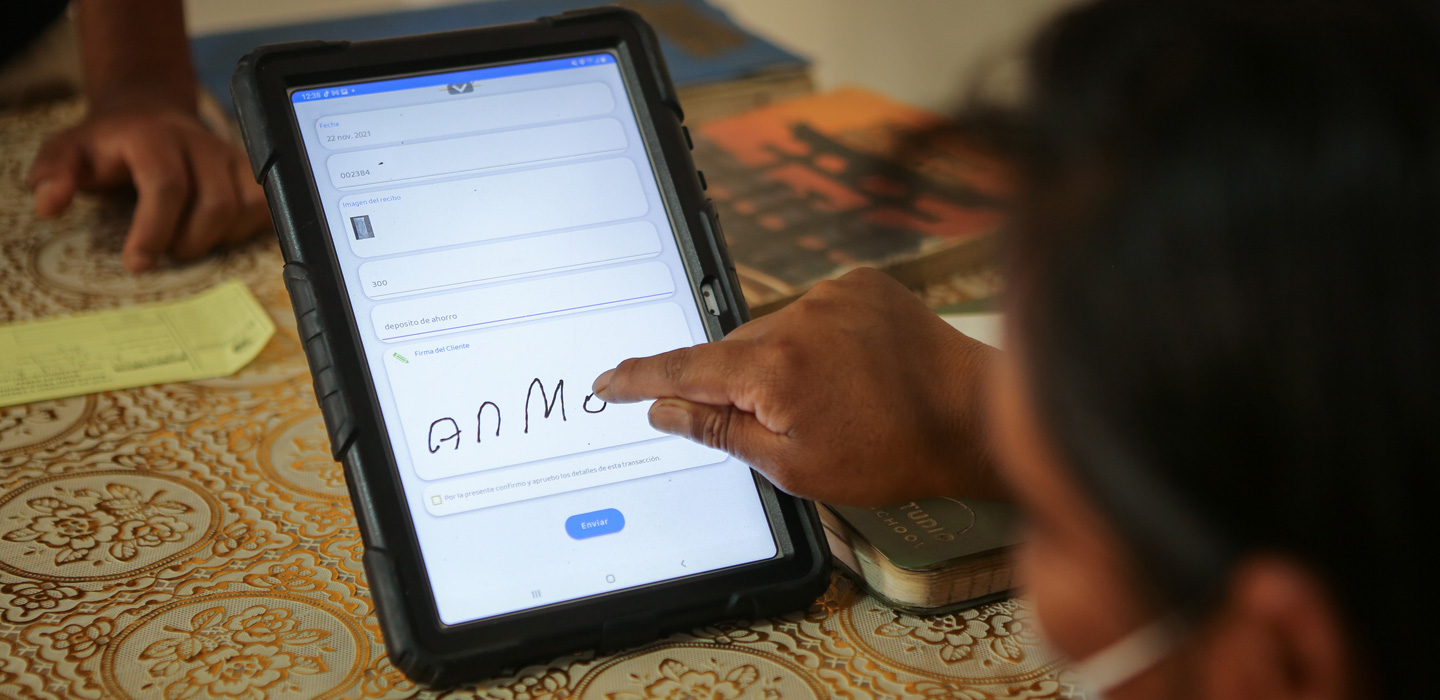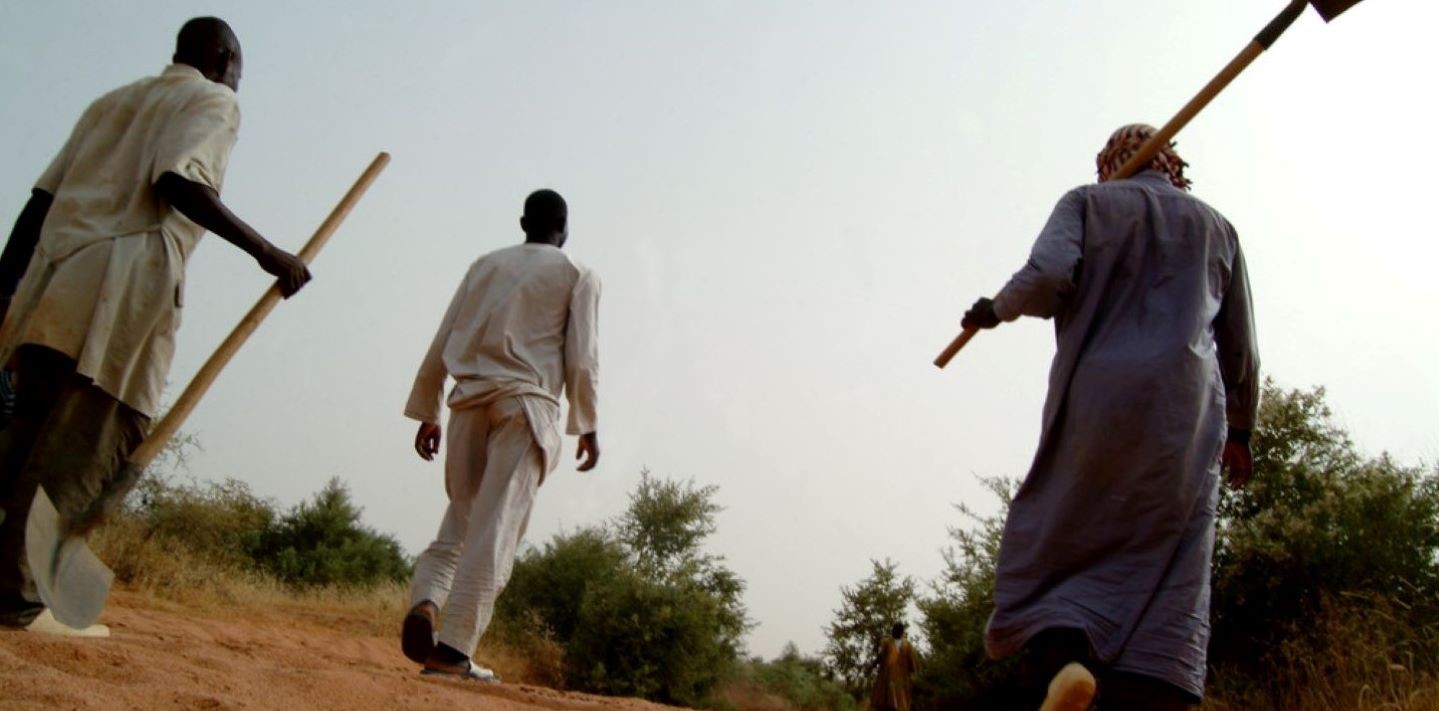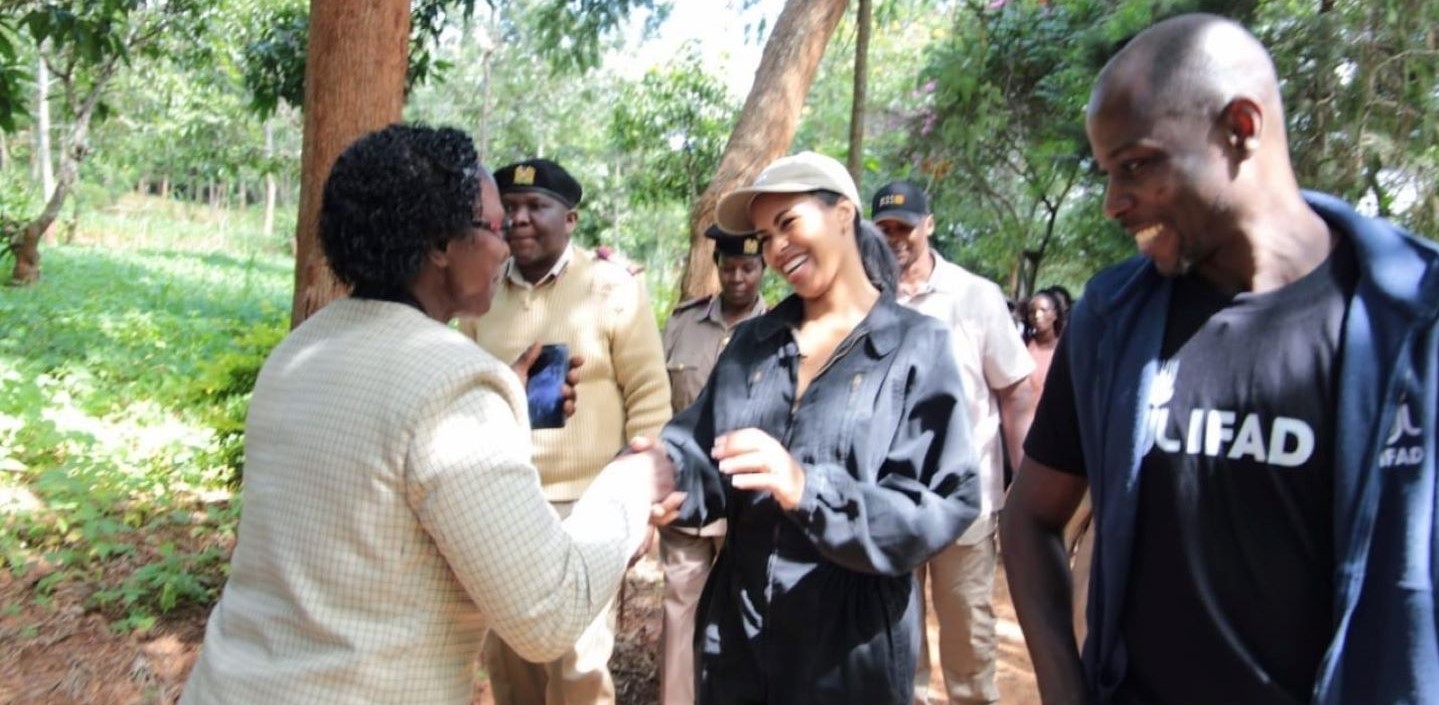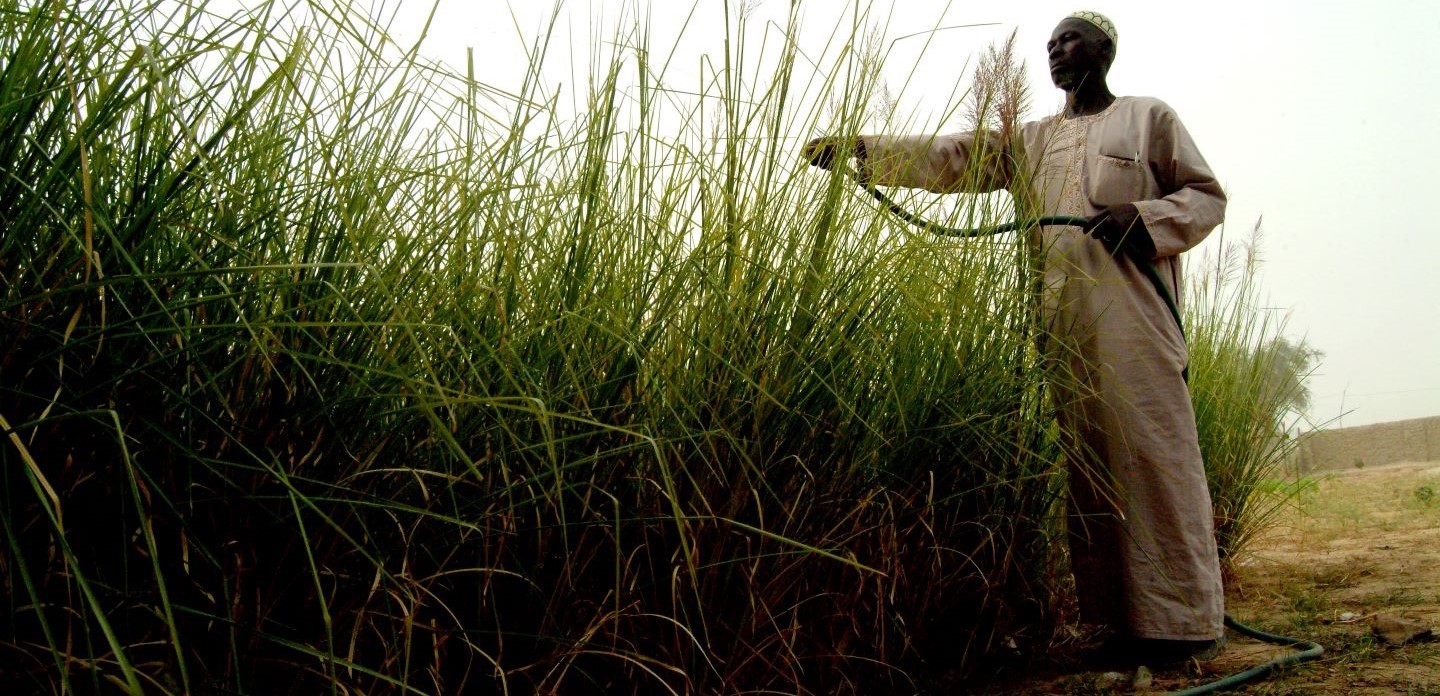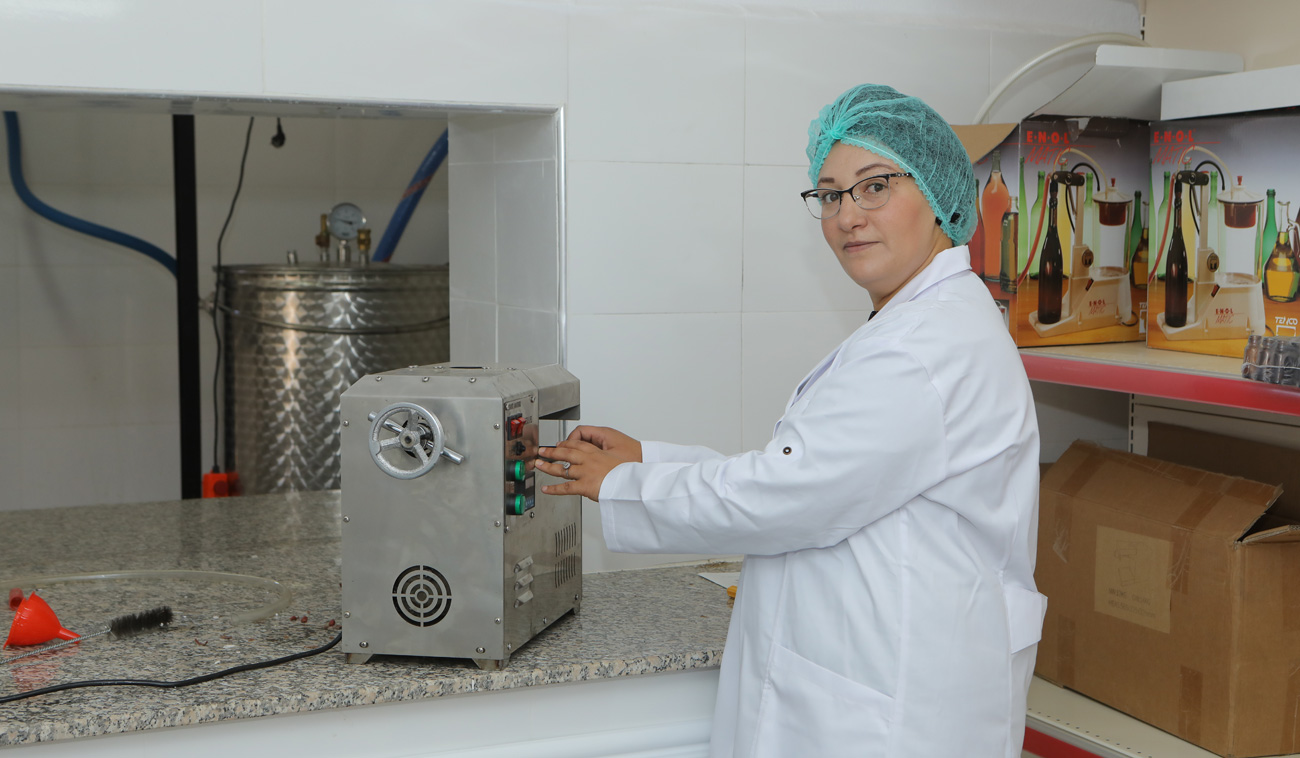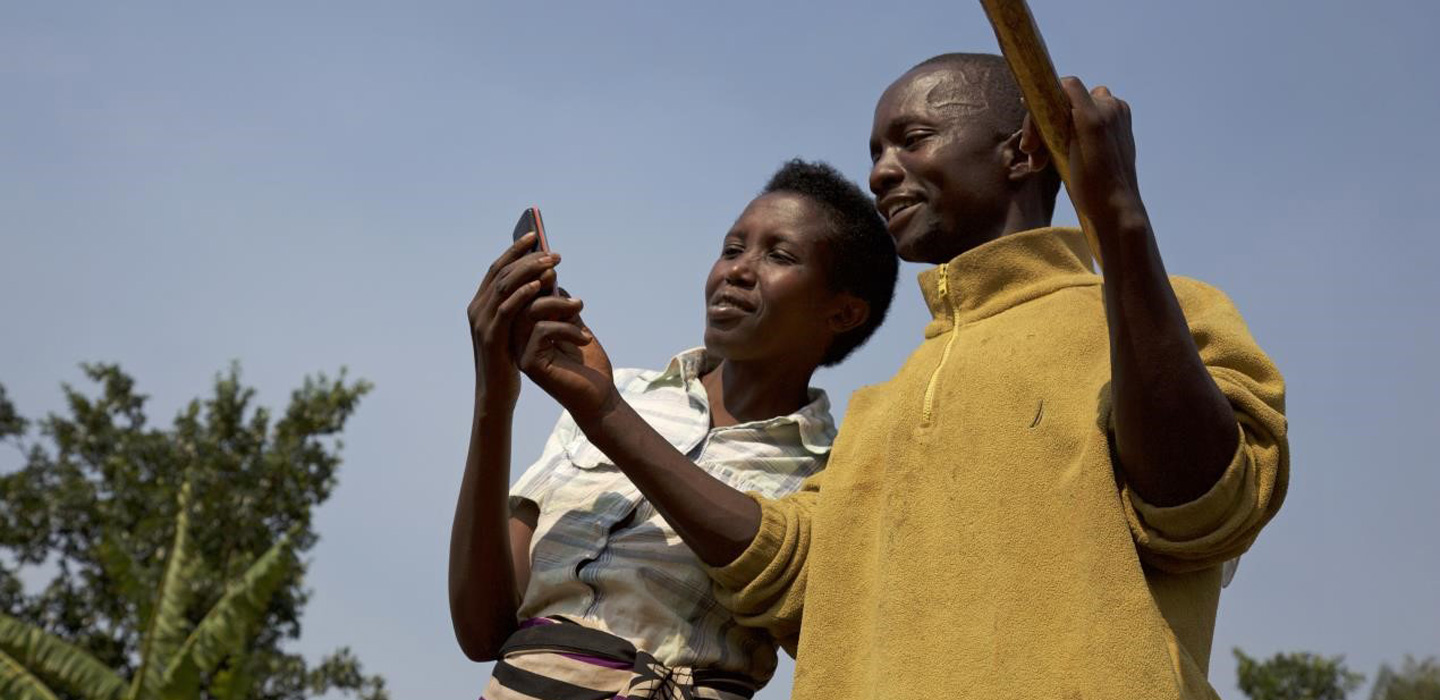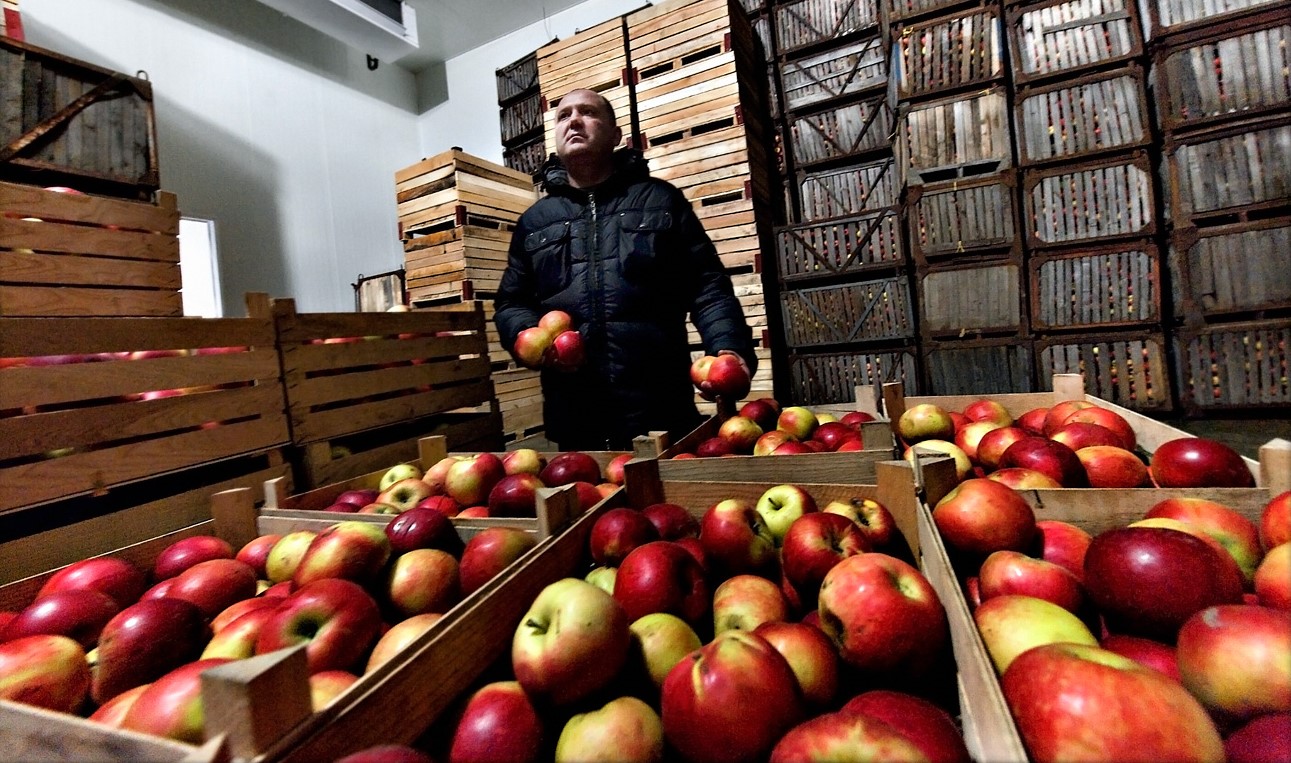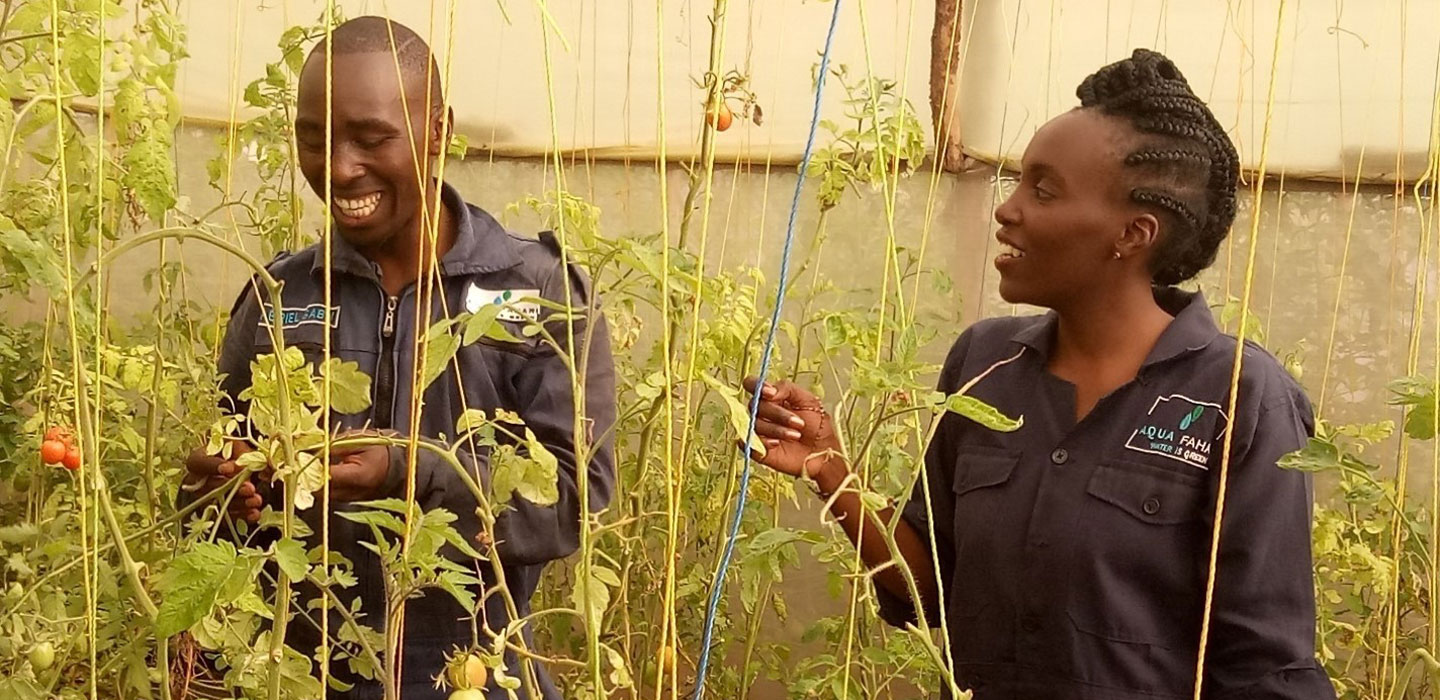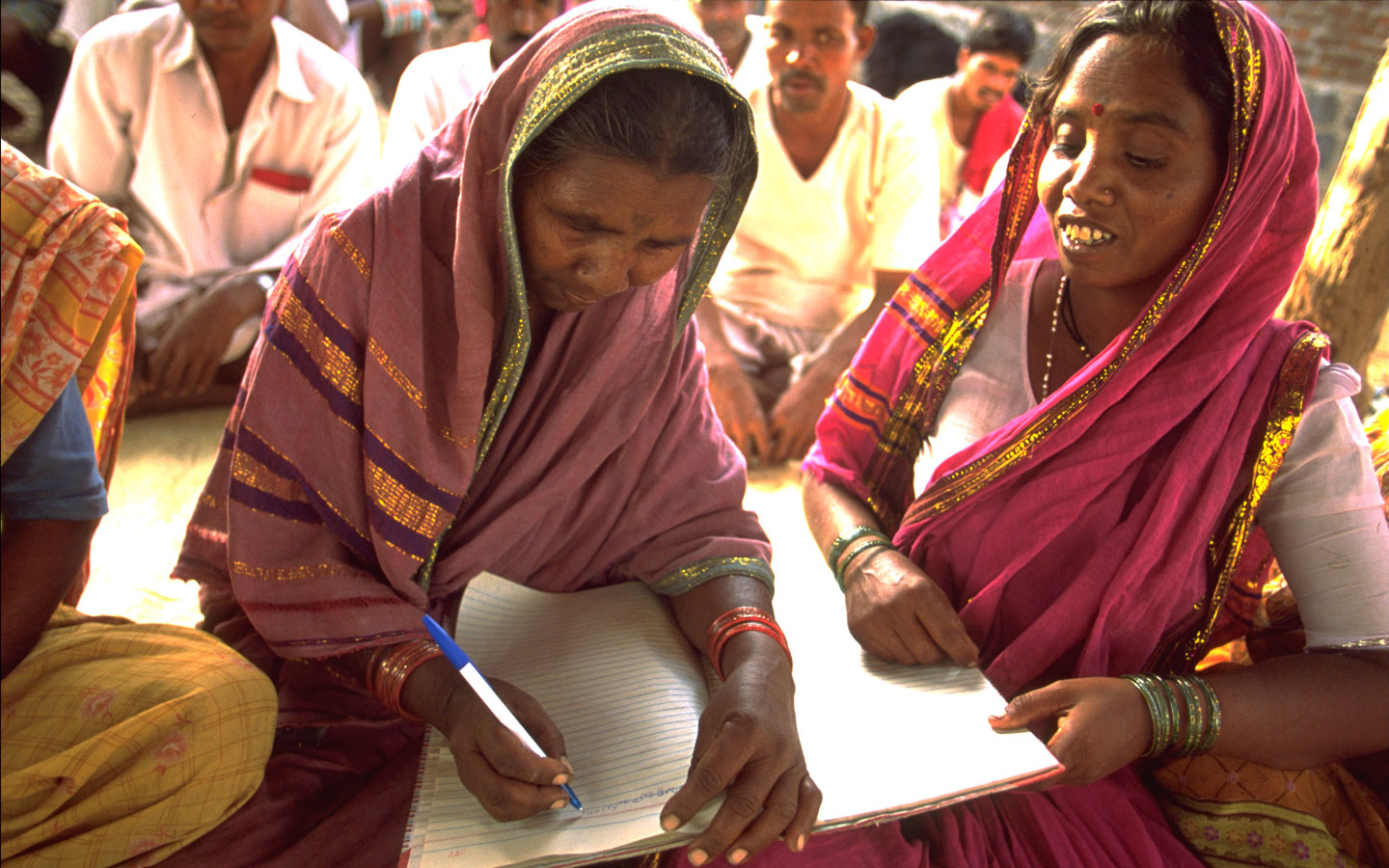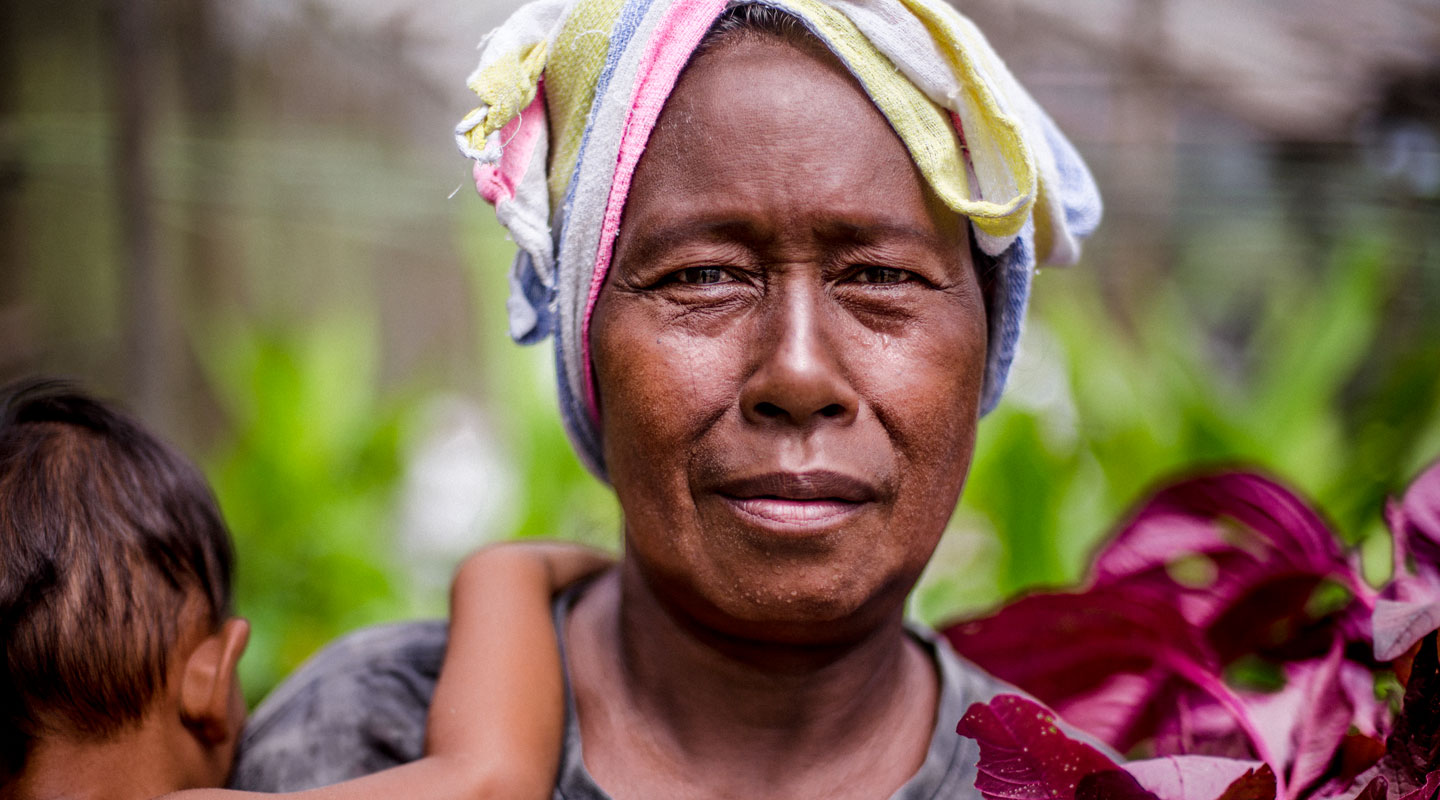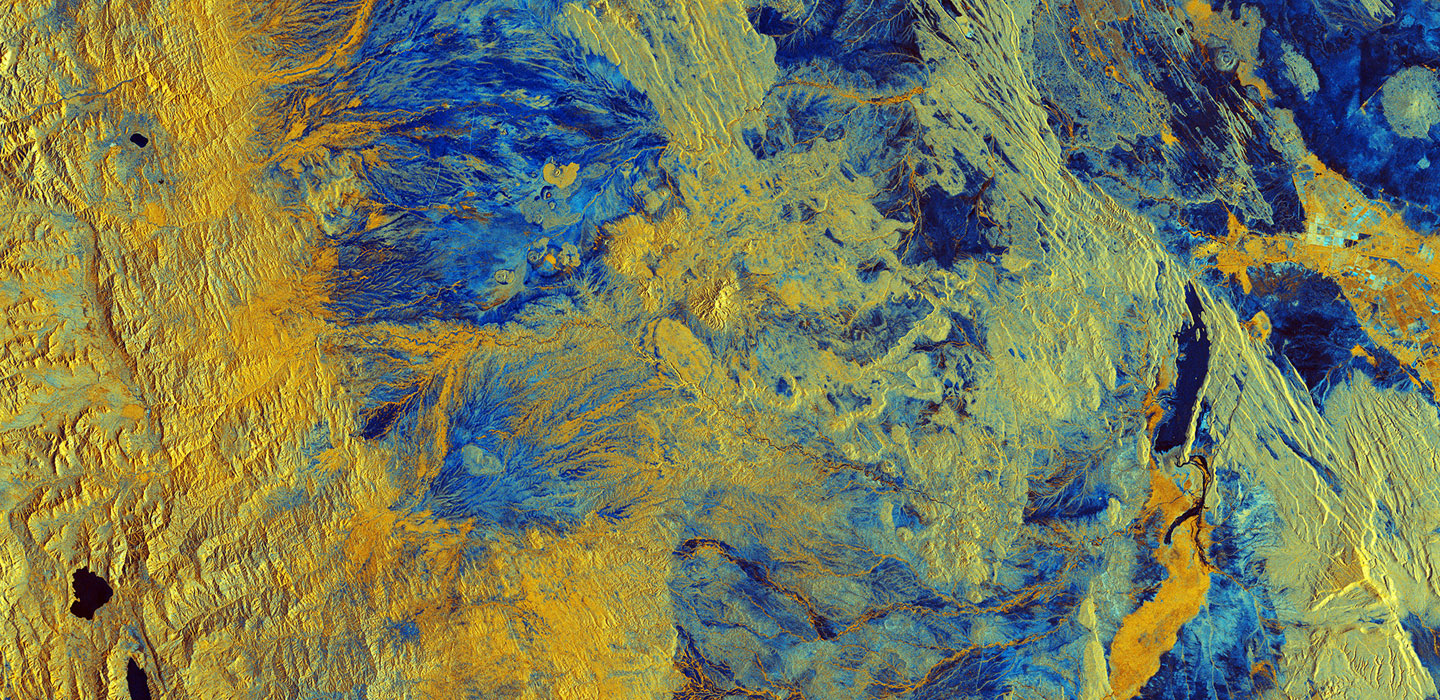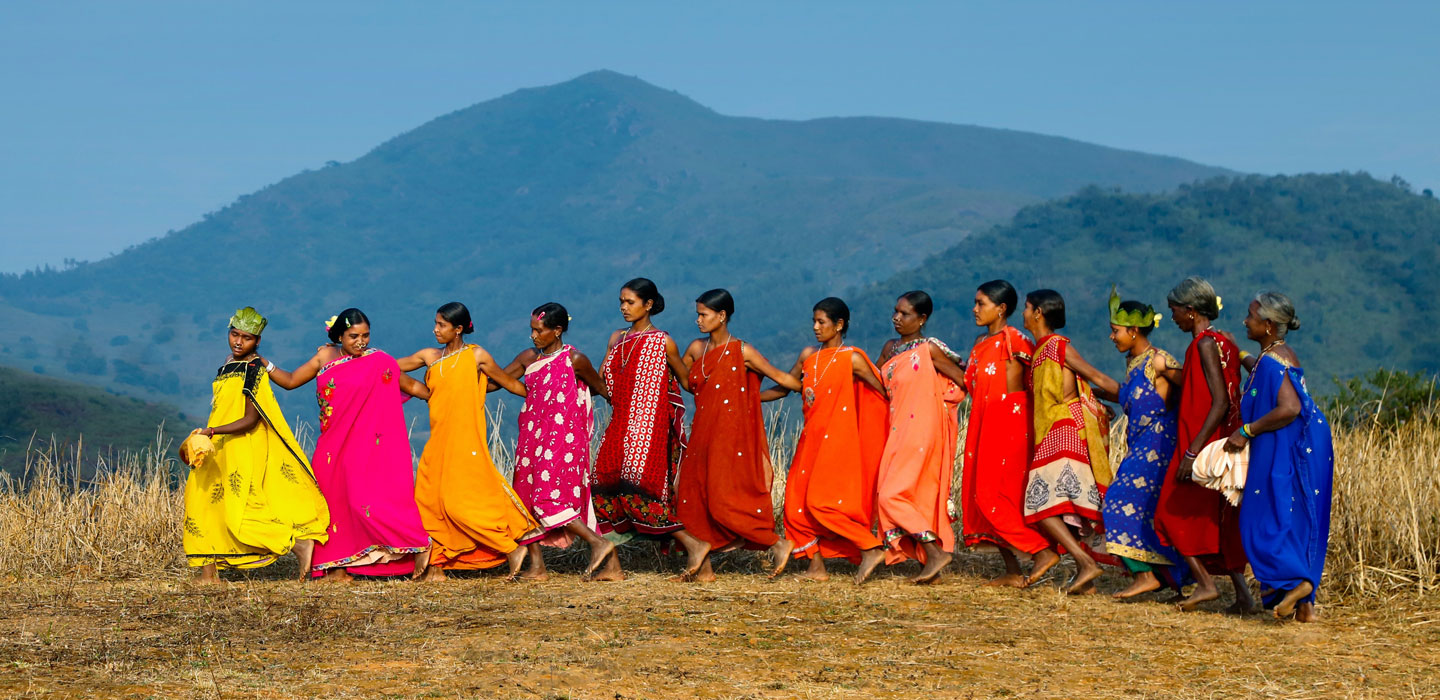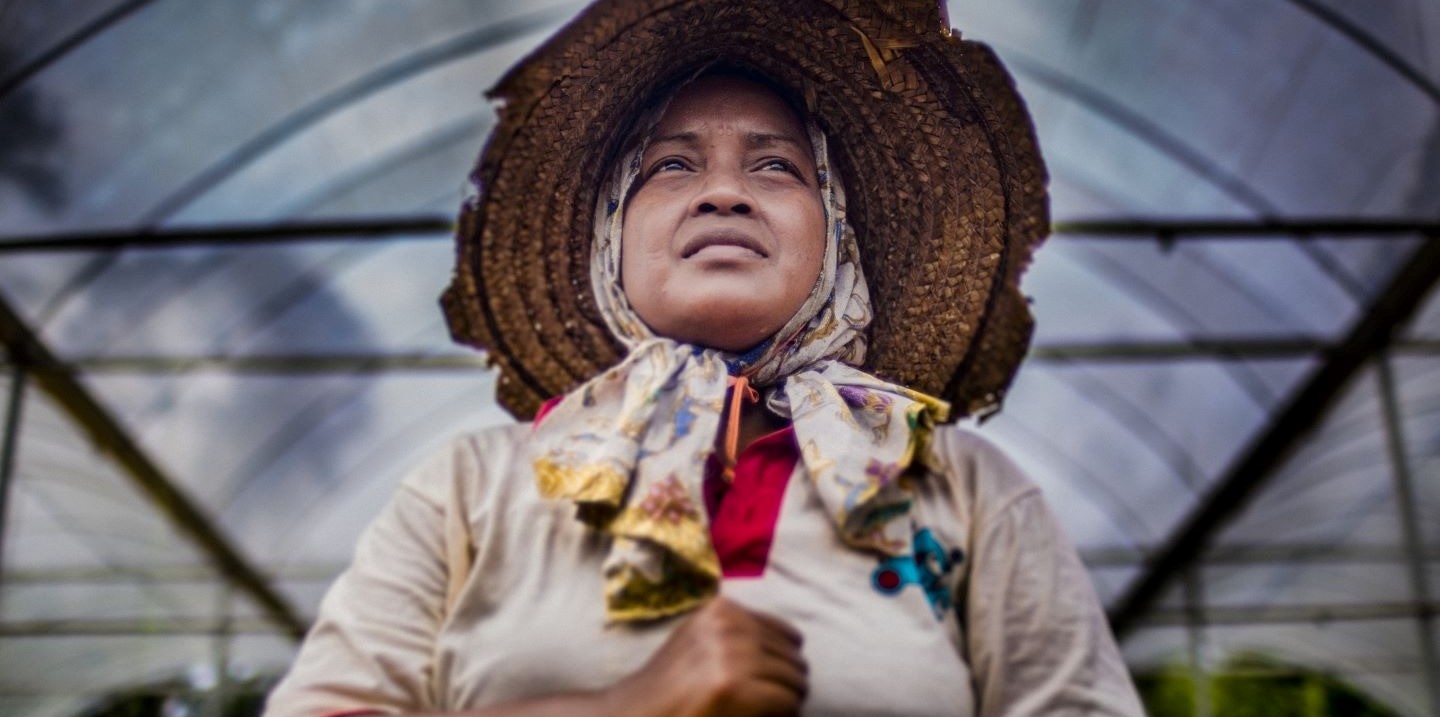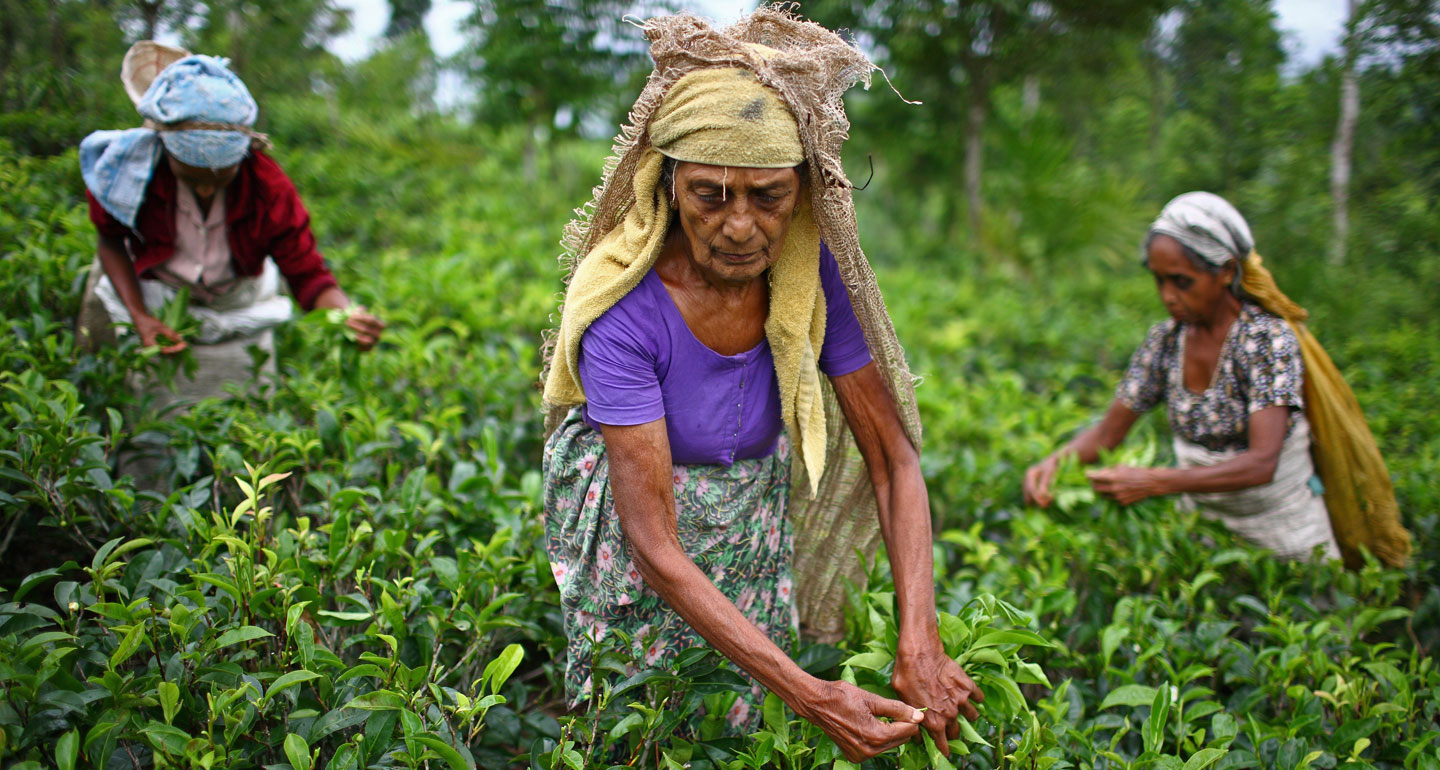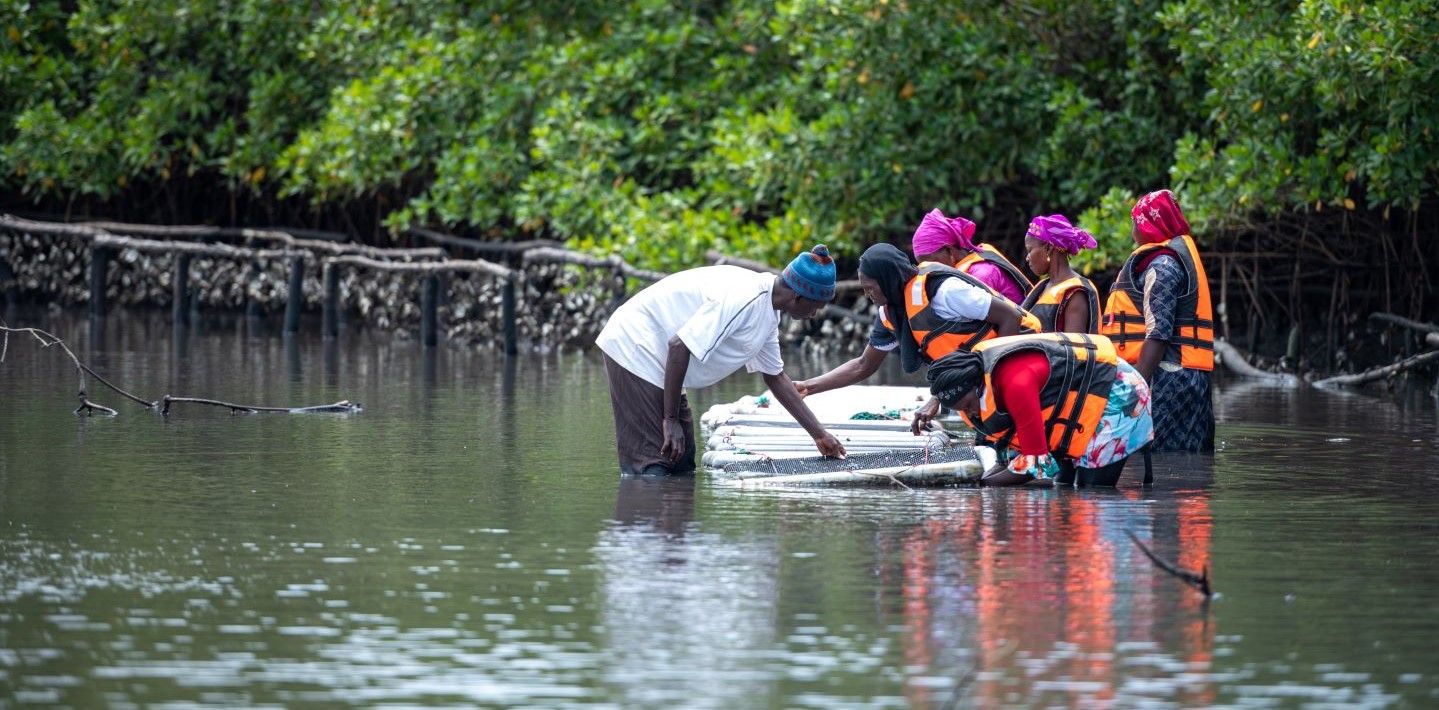Latest
Latest

Latest
Manual Submenu Topics
Search Results Filters
Search Results
Hungry caterpillars threaten Kenya's crops. Can plants provide a natural pest control solution?
Kenyan farmers and their crops face a tiny but destructive threat: the fall armyworm. With climate change causing more infestations, push-pull technologies are a sustainable and affordable way of naturally controlling pest numbers. Find out how this simple but effective technology works.
IFAD and South-South and Triangular Cooperation: An interview with Satu Santala
Global hunger and food insufficiency are increasing, reflecting increased inequalities arising from unequal economic recovery and persisting income losses following the pandemic. Satu Santala, Associate Vice-President of the External Relations and Governance Department at IFAD, tells us more about Fund’s approach to tackling these global challenges through SSTC.
It’s time to transform African agriculture. These numbers show why
African agriculture is at a crucial juncture. It has enormous potential to not only feed Africa, but also the world. Yet, global conditions are holding small-scale African farmers back. Five numbers show how transforming African agriculture can make a big difference.
Weathering the storm: How finance provides a lifeline for SMEs in times of crisis
The impacts of the war in Ukraine, coupled with the pandemic and climate change, are threatening the survival of small and medium-sized enterprises (SMEs) the world over. Finance is a critical lifeline, but can rural agri-SMEs access it?
“This is unprecedented”: IFAD’s Country Director in Pakistan reacts to the floods
Following months of incessant rain, nearly one third of Pakistan is underwater. Millions of people are affected, thousands have died, and agriculture is at risk. IFAD’s Country Director in Pakistan reflects on what is happening on the ground.
Racking up Renewables in Africa - Episode 35
With fossil fuels dwindling and access to energy already scarce in Africa, people are turning to renewable energy. In this month’s podcast, energy specialist, Dan Martin, explains how IFAD incorporates renewable energy into its projects, while a farmer tells us about the reality of renewable energies on the ground.
East Africa is experiencing its worst drought in decades. It’s time to invest in climate adaptation
East Africa is experiencing one of the worst droughts in decades, with millions facing food insecurity as crops fail, livestock die and water sources dry up. Read how IFAD is building resilience to climate change and what else needs to be done.
Women-led sea patrols in the Philippines are protecting livelihoods and the ocean
Coastal communities in the Philippines depend on the sea for sustenance, but these once thriving oceans are emptying due to climate change and harmful fishing practices. Local women are fighting back, protecting fisheries while using them sustainably.
Making money with honey in Türkiye
The highlands of southern Türkiye are honey heaven. Meet two beekeepers who are building a flourishing honey business while protecting bees and, in turn, biodiversity.
Seeing change happen before our eyes in Guatemala and Honduras
On a recent trip to Guatemala and Honduras with the US Ambassador to the UN agencies based in Rome, IFAD Country Director, René Castro, explains how smallholder farmers are transforming rural communities despite the challenges of climate change.
AATI: an innovative initiative to transform African agriculture
As the current crises and disruption in food networks lay bare most African countries’ dependence on food imports, it has become critically urgent to transform the agriculture sector in order to lift vulnerable rural people out of poverty and hunger, according to the African Agricultural Transformation Initiative.
Meet 3 young people in Bangladesh upskilling their communities
With limited access to schools, markets and jobs, many young people leave Bangladesh’s Haor wetland region in search of more stable opportunities. Meet three young people IFAD is helping to upskill so they can generate an income while staying in the region.
The future is rural: Meet the young people determined to build a better future at home
Rural youth around the world face a dilemma: their roots are in their rural homes, but it’s often hard to build a future there. Meet some of the young people IFAD is helping to devise solutions to the challenges they see around them and build more resilient futures.
Call for Proposals: Indigenous Peoples Assistance Facility (IPAF)
The sixth IPAF cycle focuses on advancing indigenous peoples’ conservation and sustainable management of biodiversity for adaptation and resilience to climate change.
5 indigenous words about the environment that don’t exist in English
Indigenous peoples can teach us a lot about mitigating the impacts of climate change. Over generations, these communities have protected the biodiversity of their homes. They also use language in a powerful way to describe how they interact with the natural environment. Discover five unique words and concepts.
How IFAD worked with governments in Asia to build rural resilience during COVID-19
The pandemic pushed up to 80 million people in Asia into extreme poverty. Governments across the region had to respond quickly as incomes fell and food security was threatened. IFAD worked with them to ensure vulnerable rural people got the support they needed.
After the tsunami, home gardens provide fresh food and renewed hope in Tonga
When a massive tsunami devastated low-lying coastal areas in Tonga, local people had to rebuild their lives from scratch. For many, home gardens provided much needed fresh produce, as well as renewed hope for the future.
UN agency IFAD reaches record level of support for world’s rural poor: 2021 annual report
Amid rising challenges posed by climate change, the COVID-19 pandemic and global economic shocks, the UN’s International Fund for Agricultural Development (IFAD) doubled down on its commitment to the world’s poorest rural communities in 2021.
Key figures (and some letters) from IFAD’s 2021 Annual Report
The world entered 2021 on a precipice. We all knew the path we had been on was unsustainable and inequitable, and that nothing less than transformative change would be needed for recovery. As we face the challenges 2022 brings, we’re looking back to the lessons we learned in 2021 to guide our next steps forward.
Joint statement by the International Fund for Agricultural Development and France on the Food and Agriculture Resilience Mission initiative
In the current context of emergency, France and the International Fund for Agricultural Development (IFAD) yesterday reaffirmed their joint commitment to averting a global food crisis and investing in more resilient and sustainable agriculture.
The proof is in the pudding: 3 ways to enhance evidence-based policymaking to sustainably transform food systems
As the world experiences new and complex crises at an ever-increasing pace, we must back up decision-making with rigorous research and data. Here are three principles to bridge the divide between research and policy.
FARM Initiative – Pillar 3 Implementation AFD-IFAD joint press release
During a visit to Cameroon, Emmanuel Macron, President of the French Republic, Gilbert F. Houngbo, President of the International Fund for Agricultural Development (IFAD) and Rémy Rioux, Director General of Agence Française de Développement (AFD) reaffirmed their shared vision for agricultural development in response to the challenge of food security.
See how permaculture transformed farmland in Nepal from barren to lush
When Megnath Ale Magar returned to his village in Nepal after a decade working abroad, he found a degraded land. In just three years, he transformed his barren farmland into a lush ecosystem using a permaculture approach.
Good Nutrition Better Lives, Focus on Africa - Episode 34
In Africa, almost 800 million people are facing food insecurity. This situation is made worse by a triple crisis - COVID-19, climate change, and conflict. In this podcast, our team take us on a journey through the nutrition landscape for small-scale farmers across Africa.
How the war in Ukraine is affecting the most vulnerable countries in the world
Five Country Directors from IFAD’s highest priority countries in its Crisis Response Initiative tell us how the war in Ukraine is impacting rural people on the ground.
From subsistence to self-sufficiency: how women in Sudan are using savings and credit groups to build a better future
Climate change, commercial agribusiness, and societal norms threaten small-scale farmers’ way of life in a small village in Sudan. A women’s savings and credit group is changing this.
How over one million small-scale farmers in Pakistan got the information they needed to withstand the COVID crisis
COVID-19 presented new challenges for poor rural farmers in Pakistan. An IFAD-supported project shared personalized advice to farmers via their mobile phones to help overcome the challenges of the pandemic.
Discovering the fruits of the forests in Viet Nam—and preserving them for future generations
Vietnamese rural people need to farm to eat and make a living. But if they don’t do this sustainably, it can damage the land and degrade the forests. IFAD’s new project helps them manage their forests sustainably, while earning a decent living.
IFAD chooses its top finance executive, Alvaro Lario, as next president to lead response to the global food crisis
IFAD today appointed its top finance executive, Alvaro Lario, to be its next president, choosing a champion of private sector investments to lead the UN agency into battle against a global food security crisis triggered by war in Ukraine, climate change and the economic shock of COVID-19.
UN Report: Global hunger numbers rose to as many as 828 million in 2021
The number of people affected by hunger globally rose to as many as 828 million in 2021, an increase of about 46 million since 2020 and 150 million since the outbreak of the COVID-19 pandemic.
The latest food security and nutrition report paints a grim picture. Three IFAD experts react to the shocking figures
The latest SOFI report shows that rather than moving towards zero hunger, evermore people are hungry. On the back of these disheartening results, three IFAD experts give their reactions to the report.
Designing projects from the ground up: Insights and lessons from Ethiopia
At IFAD, we take a community-driven, bottom-up approach to project design. This creates a sense of ownership for rural communities and governments alike. A recent example from Ethiopia shows how government and communities came together to design investments in building resilience.
More than 250,000 rural Brazilian families overcame poverty in 2016-2022 thanks to IFAD support
Projects funded by IFAD helped around 257,000 rural families to overcome poverty in Brazil from 2016 to 2022, according to a report on implementation of the guiding IFAD Country Strategy (or COSOP) for Brazil in 2016-2022, which was presented today to the Brazilian Government in Brasilia.
What it means to make “good” food: A conversation with Chef Dhondy
Chef Anahita Dhondy is a passionate advocate for Parsi food – the rich cuisine of India’s Zoroastrian community to which she belongs – as well as for the use of local, seasonal, sustainable ingredients. We recently caught up with her to hear more about her work in and out of the kitchen.
Good food and good stories: A conversation with Chef Thomas Zacharias
Chef Thomas Zacharias is a big fan of storytelling as a way to get people interested in fixing our food systems. We caught up with him to learn more about what drives him to tell the stories of the farmers he’s met and to champion local, seasonal, sustainable ingredients.
Building Resilience in a Time of Famine – Episode 33
20 million people in the Horn of Africa are at risk of starvation, largely due to a four-year drought making the region the driest it’s been in forty years. Dr Joseph Awange and IFAD’s Satu Santala discuss the root causes of famine and the solutions we can put in place.
Meet 10 rural small businesses making a big difference
Micro, small and medium enterprises (SMEs) are the cornerstones of a vibrant rural economy. Discover ten rural businesses from every continent that are thriving with IFAD's support.
Take a 360° tour of a small, thriving pig farm in the green hills of Lao PDR
In the tiny village of Manh, nestled in the green uplands of Lao, agricultural production groups are coming together to develop their businesses and learn new techniques. For Boun Tham, groups like these made all the difference for his pig farm.
Save the date: IFAD Member States elect next President
IFAD elects its next President on 7 July, designating new leadership at a crucial time when rising food, energy and fertilizer prices threaten to trigger a global food crisis and push millions more rural people into hunger and poverty.
My Kenya Diary: Sabrina Dhowre Elba
Actor, activist, model, and IFAD Goodwill Ambassador Sabrina Dhowre Elba went to Kenya to see how rural small-scale farmers are transforming their communities. In her photo diary, she shares what she saw and learned on her visit.
IFAD inaugural bond issuance to Asian investor Dai-Ichi Frontier Life ramps up investments to strengthen small-scale farmers’ resilience to climate change and fight hunger and poverty
IFAD has today issued its first-ever bond in Asia of US$50 million with the Dai-ichi Frontier Life Insurance Co., Ltd. (Dai-ichi Frontier Life), setting the stage for increased investment in some of the world’s most vulnerable rural communities.
Award-winning Indian chefs partner with UN agency IFAD to create Recipes for Change
Award-winning Indian chefs Anahita Dhondy and Thomas Zacharias have joined IFAD to promote Recipes for Change (R4C), a platform that aims to bring a taste of rural people’s lives to consumers through the food they eat.
Recipes for Change: Rice and beans with jackfruit meat and sautéed vegetables
The main element in Chef Gil’s vegan dish is jackfruit, a truly sustainable crop. Calorie-dense and nutrient-rich, jackfruit are known for their nutritive value and their resilience against climatic shifts. With a unique texture akin to pulled pork, their versatility in the kitchen is unmatched.
Against the backdrop of conflict and COVID-19, IFAD is helping farmers grow in Yemen
Years of conflict in Yemen have taken their toll – and among all of the devastation that’s been wrought, the country’s agricultural sector is one of the hardest hit. Now, an IFAD-supported initiative is helping Yemeni farmers get back on their feet.
Recipes for Change: Cricket japchae
Japchae is a traditional Korean dish known for its versatility. Chef Yoon’s version features crickets, a superfood packed with essential nutrients. If you’re looking for a new source of protein with almost no greenhouse gas emissions – or you’re just feeling adventurous – give this recipe a try.
Global remittances flows expected to reach US$5.4 trillion by 2030 spurred on by digitalization
Global remittances, the hard-earned money sent by migrant workers to their family members in low- and middle-income countries (LMICs), grew by 8.6 per cent in 2021. Despite predictions that the COVID-19 pandemic would reduce remittance flows, the momentum was sustained due to a 48 per cent increase in money sent through mobile channels, according to the report MobileRemit Africa launched today by IFAD.
UN’s IFAD signs letter of intent with China’s Centre for International Agricultural Research
IFAD and the Centre for International Agricultural Research (CIAR) of the Chinese Academy of Agricultural Sciences (CAAS) signed a letter of intent today, detailing the conditions of a strategic partnership between the two organisations in their efforts to jointly support rural revitalization in China and globally.
Launch of the first Mobileremit Africa Report for financial and digital inclusion
The MobileRemit Africa Report provides a framework to help countries identify data gaps, measure how enabling their policies are and the operating market environment for mobile-enabled remittances.
Digitalization of remittances: an opportunity for financial and digital inclusion - a specific country analysis on The Gambia
On the occasion of the International Day of Family Remittances (16 June), IFAD will launch its new MobileRemit Africa report, which includes a specific country analysis about the Gambia.
Recipes for Change: Millet upma & jackfruit curry
Millets – grain-producing grasses that can be found on farms all over the world – were at risk of being forgotten entirely amid the rise of industrial agriculture. They’ve made a comeback in recent years, thanks to a growing awareness of their nutritional and environmental benefits among farmers, chefs and consumers.
Digitalization of remittances: an opportunity for financial and digital inclusion - a specific country analysis on Ghana
On the occasion of the International Day of Family Remittances (16 June), IFAD will launch its new MobileRemit Africa report, which includes a specific country analysis about Ghana, the second largest recipient of remittances in sub-Saharan Africa in absolute terms after Nigeria.
Two IFAD Associate Vice-Presidents on official visit to Senegal and The Gambia
Two Associate Vice-Presidents from IFAD - Donal Brown of the Programme Management Department and Jyotsna Puri of the Strategy and Knowledge Department – are conducting an official visit to Senegal and The Gambia from 13 to 16 June 2022 to meet with country authorities and beneficiaries of IFAD-supported programmes in the two countries, as well as the SAHEL regional programme.
40 years of IFAD-China cooperation: Celebrating the past, envisioning the future
IFAD and China are celebrating 40 years of cooperation. Over the last four decades, IFAD has supported China’s development and China has been a key supporter and champion of our work. Here, we look back on 40 years of achievement and look forward to where the next few decades will take us.
IFAD €3.5 million loan to promote women-led agribusiness in Madagascar and support small-scale farmers
As agricultural small and medium-sized enterprises (SMEs) in low-income countries struggle to finance growth, IFAD is stepping up its commitment to assisting these essential players for rural development with a new €3.5 million loan to SOAFIARY, an innovative women-led agribusiness from Madagascar.
Transformando los Sistemas Alimentarios para Fomentar la Prosperidad Rural
La Pontificia Universidad Católica de Chile (PUC) será la sede el próximo lunes 13 de junio del lanzamiento regional en América Latina y el Caribe del Informe sobre Desarrollo Rural del FIDA.
Recipes for Change: Lentil and sorghum curry with flatbread (liphaphatha)
This dish is Chef Ska Moteane’s take on a traditional Lesotho recipe. It combines sorghum, a drought-tolerant crop grown in Lesotho, with lentils, a legume that takes well to the country’s cold highland villages, and adds a burst of nutrient-packed vegetables and fragrant curry spices.
IFAD and Youcheng Foundation commit to rural revitalization in China
IFAD and the Youcheng Foundation for Poverty Alleviation signed a letter of intent today, outlining their collaboration and joint commitment to promote rural revitalization.
IFAD-funded project to help smallholder farmers make the transition to agroecology in Argentina
IFAD, the Government of Argentina and FONPLATA Development Bank have launched a new rural development project to help smallholder farmers transition to more resilient agroecology-based production while also taking advantage of digital technologies to improve their livelihoods and income.
Recipes for Change: Butternut squash, spinach & black-eyed peas with fonio
A stew made with sustainable ingredients is comfort food at its best: good for you and good for the planet. This stew, presented by Chef Pierre Thiam, is inspired by ingredients from his childhood in Senegal. It features black-eyed peas (also known as cow peas), a central cultural element of West African cuisines.
IFAD’s bond issuance marks milestone, connecting capital markets to rural poor around the world
IFAD today issued its first sustainable development bond with Folksam, a leading insurance and pension fund in Sweden investing in a US$100 million bond.
IFAD opens regional office to better serve the small-scale farmers in East and Southern Africa
IFAD today officially opened its East and Southern Africa regional office to help the institution meet its goal of reducing hunger and poverty.
Brazil’s semi-arid region is full of life
Brazil’s north-eastern semi-arid region, known as sertão, is a land rich in culture and enchanting landscapes, but the harsh climate and lack of water make it difficult to earn a living here. However, over recent decades, modern ingenuity has combined with traditional mutual aid systems to help communities make the most of the region’s natural resources.
Recipes for Change: Pasta, potatoes & asparagus
For Chef Bowerman, this recipe is all about buying locally and working with the local ecosystem. It features anchovies – a favourite in her native Italy, and widely available all over the world – blended with rich, hearty pasta and potato.
La iniciativa “Anfitriones para la Paz” crea oportunidades para jóvenes rurales en gastronomía, agricultura y turismo, dinamizando y revalorizando los territorios.
“Anfitriones para la Paz” es una de las iniciativas puesta en marcha por el proyecto Puentes/Rural for Young People, que crea empleo y oportunidades económicas para casi 5.000 jóvenes de entre 16 y 35 años de las zonas rurales y peri-urbanas de Bolivia, Colombia y Honduras.
IFAD and Government of Uttarakhand partner to double rural incomes and build climate resilience in the state
IFAD and the Government of India signed a US$ 105 million financing agreement last week for a project in the northern state of Uttarakhand that aims to double rural incomes, reaching over half a million families across the state. It will do this by supporting smallholder farmers, agricultural labourers, and micro and small agribusinesses to start and expand competitive businesses and focus on food production that is climate-resilient.
Grant-based development interventions are worth it. But how – and when?
Conventional wisdom has long held that giving grants to small-scale farmers produces temporary gains at best. But recently, our research into a grants-based intervention employed by PRICE, an IFAD-funded initiative in Rwanda, found benefits that have lasted for five years and counting.
More climate finance in support of small-scale farmers is urgently needed, warns IFAD at Stockholm+50
Boosting investments to help small-scale farmers adapt to the impacts of the climate crisis is more urgent than ever, warned IFAD at the United Nations Conference Stockholm+50.
It’s been 50 years since the first Stockholm Conference. What have leaders done to protect our planet since?
In June 1972, members of the United Nations gathered in Stockholm for the first-ever conference on protecting the environment. Fifty years later, global leaders are returning to where it all began to decide where we go from here.
The people of Bangladesh are resilient, but without urgent climate action, the future of this fascinating country is uncertain
Journalist and documentary maker Qasa Alom recently visited Bangladesh with IFAD. He reflects on how climate change is affecting its people and what IFAD is doing to support them.
What is life like for farmers on Moldova’s border with Ukraine?
On Moldova’s border with Ukraine, the resilience of rural farmers is being put to the test due to the spill over effects from the war.
Insects to Feed the World – Episode 32
This month's episode focuses on the use of insects to feed the world – both as food for humans and feed for livestock.
IFAD-funded project to create opportunities of employment and economic inclusion for rural youth in the Dominican Republic
IFAD and the Government of the Dominican Republic signed a financing agreement yesterday that will support the implementation of the Productive Inclusion and Resilience of Poor Rural Youth Project (PRORURAL Joven). This rural development operation aims to improve opportunities for rural youth to access jobs and establish businesses, and to build resilience among them and their families to climate, social and economic shocks and stresses.
The need for better donor coordination: Building long-term resilience against food systems crises
These days, it feels like the vulnerability of the world’s food systems is on full display. As I watch the current situation unfold, I’ve been reflecting on the need for multilateralism and donor coordination to help the world overcome this emergency.
“Why shouldn’t people eat bugs?”: A conversation with Chef Yoon
We sat down with Chef Joseph Yoon to learn more about edible insects: their health benefits, their potential as a method for fighting climate change, and even – for those who are tempted – how to start incorporating them into your cooking.
Our planet is losing its biodiversity. Here are five ways IFAD and rural people are protecting it
Biodiversity is the key to all the essential benefits we get from nature: from clean air to our ability to regulate the climate. At IFAD, we integrate protecting biodiversity into everything we do.
Newly-appointed IFAD Regional Director of Asia and the Pacific visits Bangladesh
Reehana Rifat Raza, the Regional Director of the Asia and Pacific Division at the International Fund for Agricultural Development (IFAD), was on mission to Bangladesh this week - her first official visit to the region since she took up appointment on 9 May 2022.
How farmers around the world are protecting nature’s delicate balance – and reaping the rewards
Healthy ecosystems are diverse ecosystems. And at IFAD, we believe that small-scale farmers are amongst the greatest stewards and beneficiaries of biodiversity.
IFAD a key player in U.S. Treasury Department’s Action Plan to address rising food insecurity
International Financial Institutions (IFIs) play a crucial role in responding to shocks at scale. They contribute financing, technical assistance, knowledge, and engage with policymakers to address rising food insecurity. Recognizing the essential role of IFIs in times of crises, the U.S. Department of the Treasury has released an IFI Action Plan to Address Food Insecurity.
The International Partnership for Cooperation on Child Labour in Agriculture (IPCCLA) Statement for the 5th Global Conference on the Elimination of Child Labour
The 2020 ILO-UNICEF Global Estimates of Child Labour reported that progress towards reducing child labour had stalled for the first time in 20 years.
As COP15 tackles desertification, here are three ways IFAD is helping farmers in sub-Saharan Africa build their resilience to climate change
Sub-Saharan Africa’s drylands – that is, the areas where more water is lost through evaporation than gained through rainfall – are facing widespread degradation. There are many factors causing this, but one of the most prominent is the use of agricultural practices that aren’t adapted to the land, such as overgrazing and intensive agriculture.
IFAD-funded project to help preserve Amazonian forest in one of Brazil’s poorest states
IFAD and the Government of the State of Maranhão signed a financing agreement today for the implementation of the Amazon Sustainable Management Project (PAGES). Implemented in Brazil’s state with the highest poverty and food insecurity rates, the project will address the entrenched environmental degradation of the Amazonian forest.
IFAD launches response to protect world’s rural poor against shocks from war in Ukraine
As the war in Ukraine pushes food, fuel and fertilizer prices toward record levels putting food security in many of the world’s poorest countries at risk, IFAD today launched a Crisis Response Initiative to ensure that small-scale farmers in high-risk countries can produce food over the next few months to feed their families and communities while reducing the threat to future harvests.
The thin green line that’s holding back the Sahara desert
The Great Green Wall was envisioned as a line of trees stretching across Africa to protect against desertification. Today, it is a mosaic of farms, forests, and wilderness, where sustainable agriculture is the norm and rural-dwellers thrive.
Rural savings banks go digital in Honduras
Don Lolo has been growing coffee on the slopes of El Playón in Honduras for over fifty years. Now, thanks to support from IFAD’s Rural Poor Stimulus Facility, he's using an online banking app to apply for loans, manage savings, and reach new buyers.
At COP 15, IFAD calls for immediate long-term investments in land restoration and climate resilience to ensure global food security
With land degradation gaining ground and affecting up to 40% of lands on Earth, IFAD today called for a significant increase in investments to help small-scale farmers protect and restore lands and ecosystems, build their resilience to climate change, and ensure long-term global food security.
IFAD Goodwill Ambassador, Sabrina Dhowre Elba visits IFAD-supported projects in Kenya
International model, actress and Goodwill Ambassador for the UN’s International Fund for Agricultural Development (IFAD), Sabrina Elba, arrives in Kenya today on an official visit.
These numbers show that restoring drylands and preventing desertification is good for the planet – and good for us
From California to the Sahel, from the steppes of Central Asia to the Andes, drylands are some of the most productive ecosystems in the world. But they’re also some of the most fragile.
In rural Morocco, one woman’s efforts transform the lives of many
When Fatima-Zohra first arrived in her new home, a rural village in the Moroccan highlands, she discovered the local women didn’t have many job opportunities. But they were enthusiastic about the idea of going into business for themselves – and so Fatima-Zohra got to work.
IFAD Vice President to meet Prime Minister Edouard Ngirente and ministers in Rwanda
The Vice President of IFAD, Dominik Ziller, will meet with Edouard Ngirente, Prime Minister of the Republic of Rwanda, as well as other high-level government officials during a visit starting 9 May.
IFAD Launches Response to Global Food Security Impacts of War in Ukraine
As the risk of global food security rises due to the war in Ukraine, IFAD will launch its Crisis Response Initiative (CRI) at a press conference in Nairobi.
Moldova is suffering due to the war in Ukraine – and we have a chance to help
The war in Ukraine is testing the resilience of the people of Moldova, including its small-scale farmers. Our support is essential for helping them respond to the crisis – but opportunities to help are slipping through our fingers.
Lending a hand – and finance – to young agricultural entrepreneurs in East Africa
We know a thing or two about connecting youth with the financial services they need to start a business – but there’s always more to learn. Here, we reflect on some of our “lessons learned” as part of a recent grant programme in East Africa.
Tapping public policies and programmes to boost IFAD’s impact
In many countries, we have the opportunity to partner with public policies and programmes to deliver the services our project participants need. Although effective inter-institutional coordination is never simple, it is doable – and entirely worth the effort.
Why free, prior and informed consent is so important for indigenous peoples
At the heart of this year’s session of the UN Permanent Forum on Indigenous Issues is “free, prior and informed consent.” Quite a mouthful! But what does it really mean? And why does it matter?
Do IFAD-supported projects reduce the risk of conflict? What the evidence says
We used GIS to assess the impact of IFAD-supported projects on the likelihood of conflict in fragile contexts. Our results suggest that the presence of IFAD interventions may prevent conflicts from arising and reduce the overall number of conflicts.
Closing the Social Justice Gap – Episode 31
This episode is all about closing the social justice gap in rural communities and developing countries.
The importance of food sovereignty for indigenous peoples: A conversation with Dr. Elifuraha Laltaika
Learn more about food sovereignty and what it means for indigenous peoples with Dr Elifuraha Laltaika, a professor of law and expert on indigenous peoples’ rights.
Indigenous peoples lead adaptation efforts through IFAD’s dedicated funding
Over the millennia, indigenous peoples have developed practices that honour the interconnectedness of people and nature – yet all too often, their contributions are overlooked and devalued. IFAD is committed to supporting indigenous peoples in overcoming poverty and meeting global challenges through building on their identities and cultures.
What it will take to make IFAD truly diverse
There is much interest in promoting workplace diversity recently. Not only is this long overdue, but it also makes financial sense.
Nouveaux accords de financement - Le FIDA accompagne le Sénégal dans son aide aux populations rurales face à la pauvreté et aux changements climatiques
Le FIDA et le Gouvernement de la République du Sénégal ont procédé aujourd’hui à la signature d’un accord de financement visant à améliorer la productivité et l'accès au marché des chaînes de valeur des produits de base prioritaires et de l'élevage, dans le bassin arachidier et les zones agropastorales du Sénégal.
